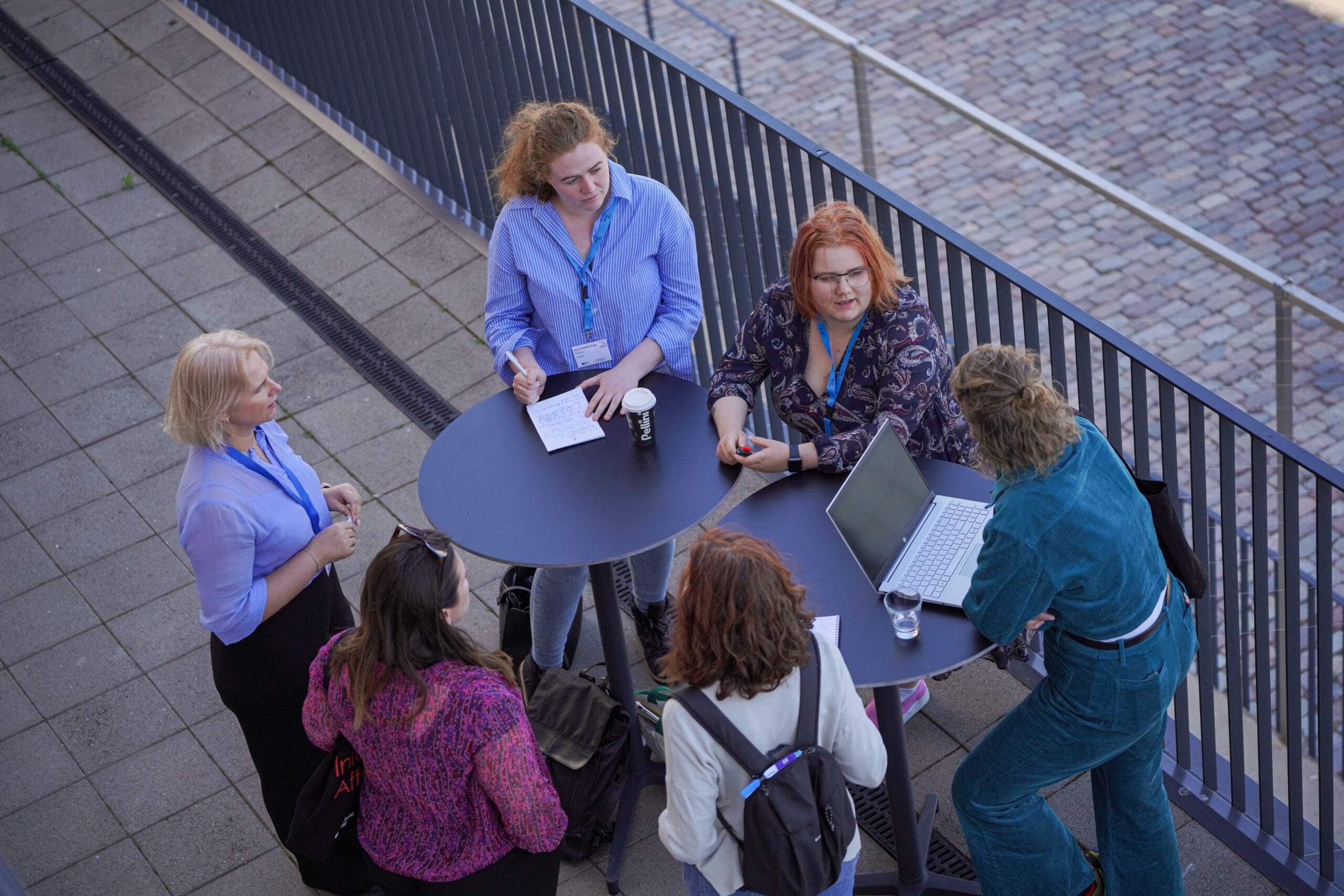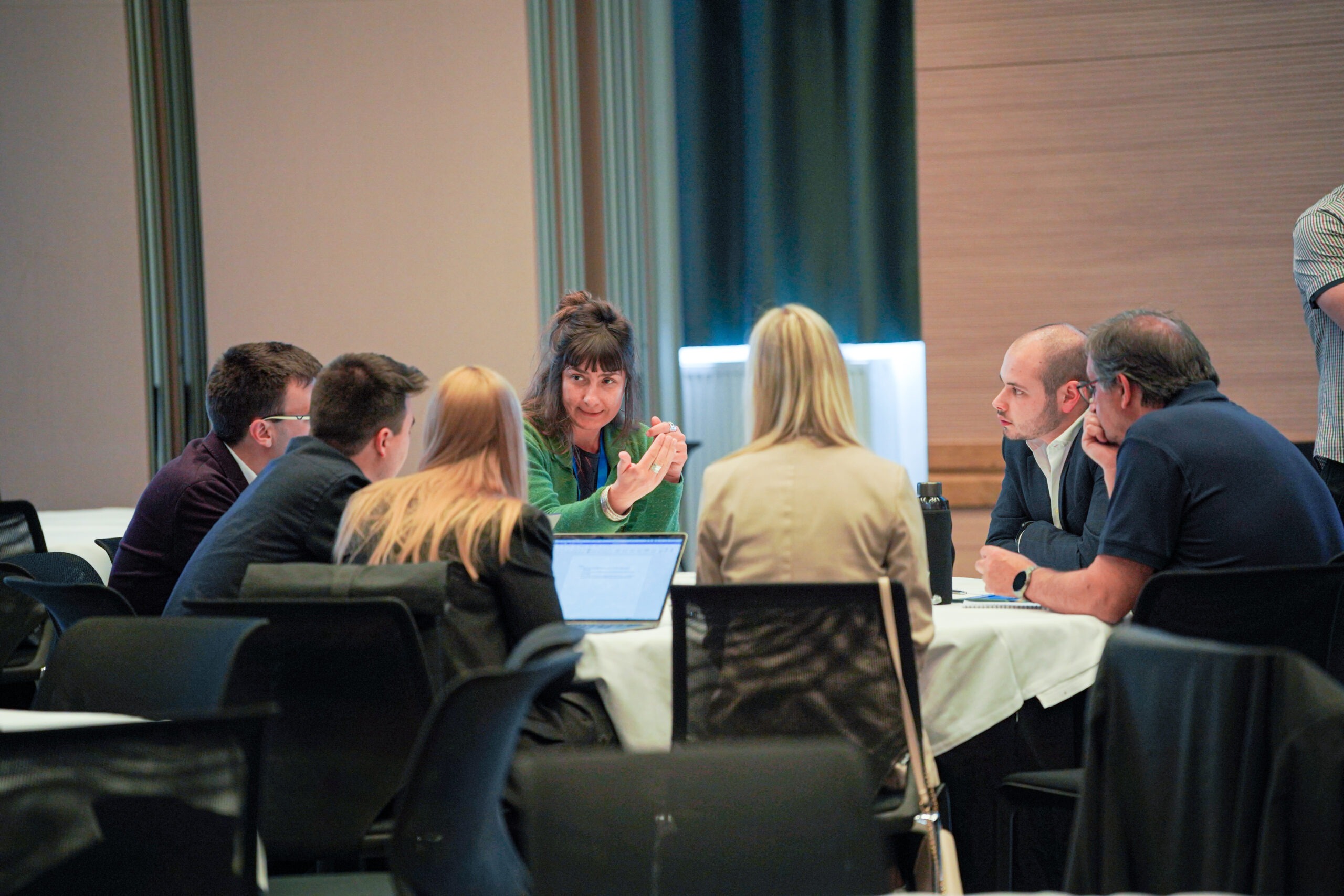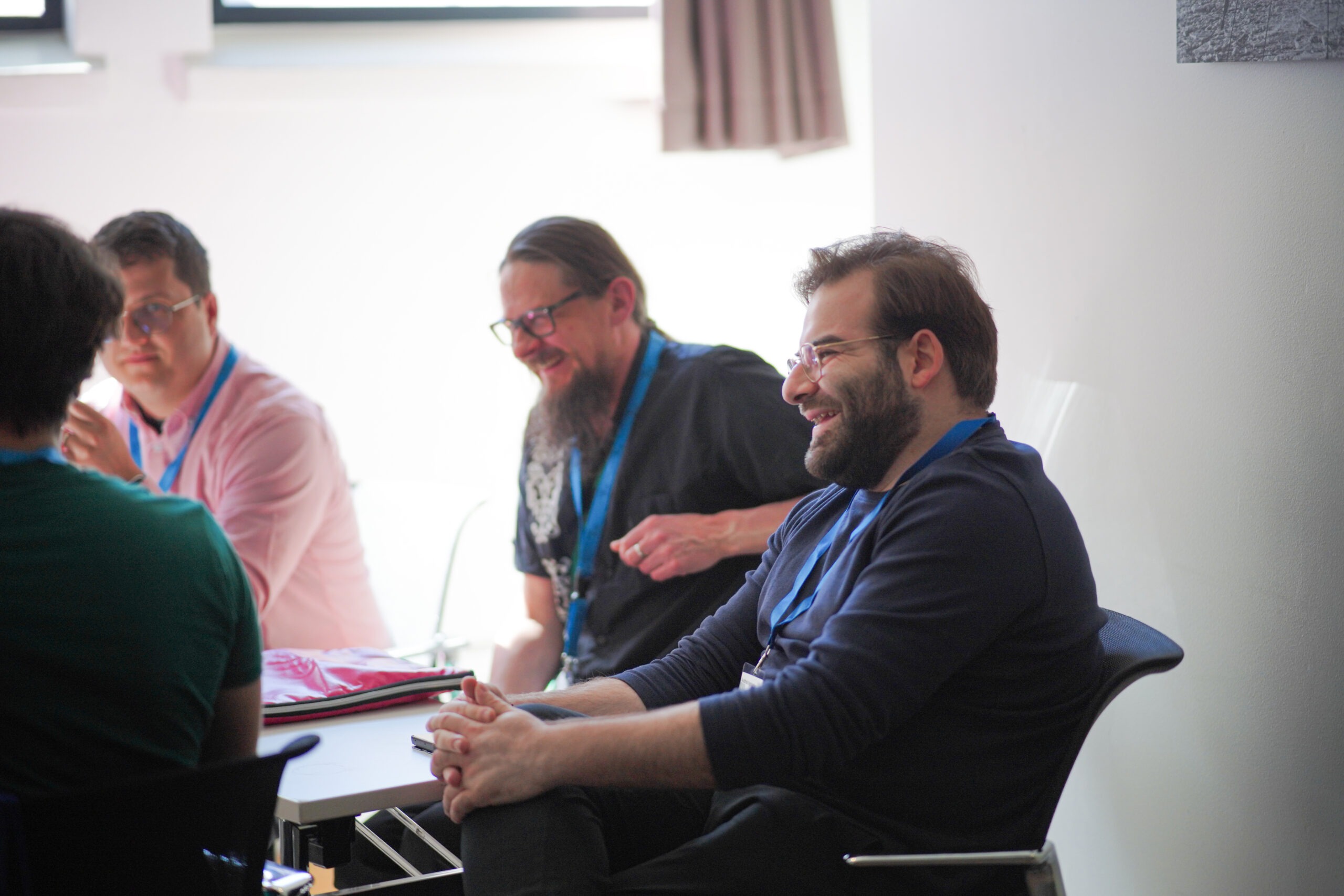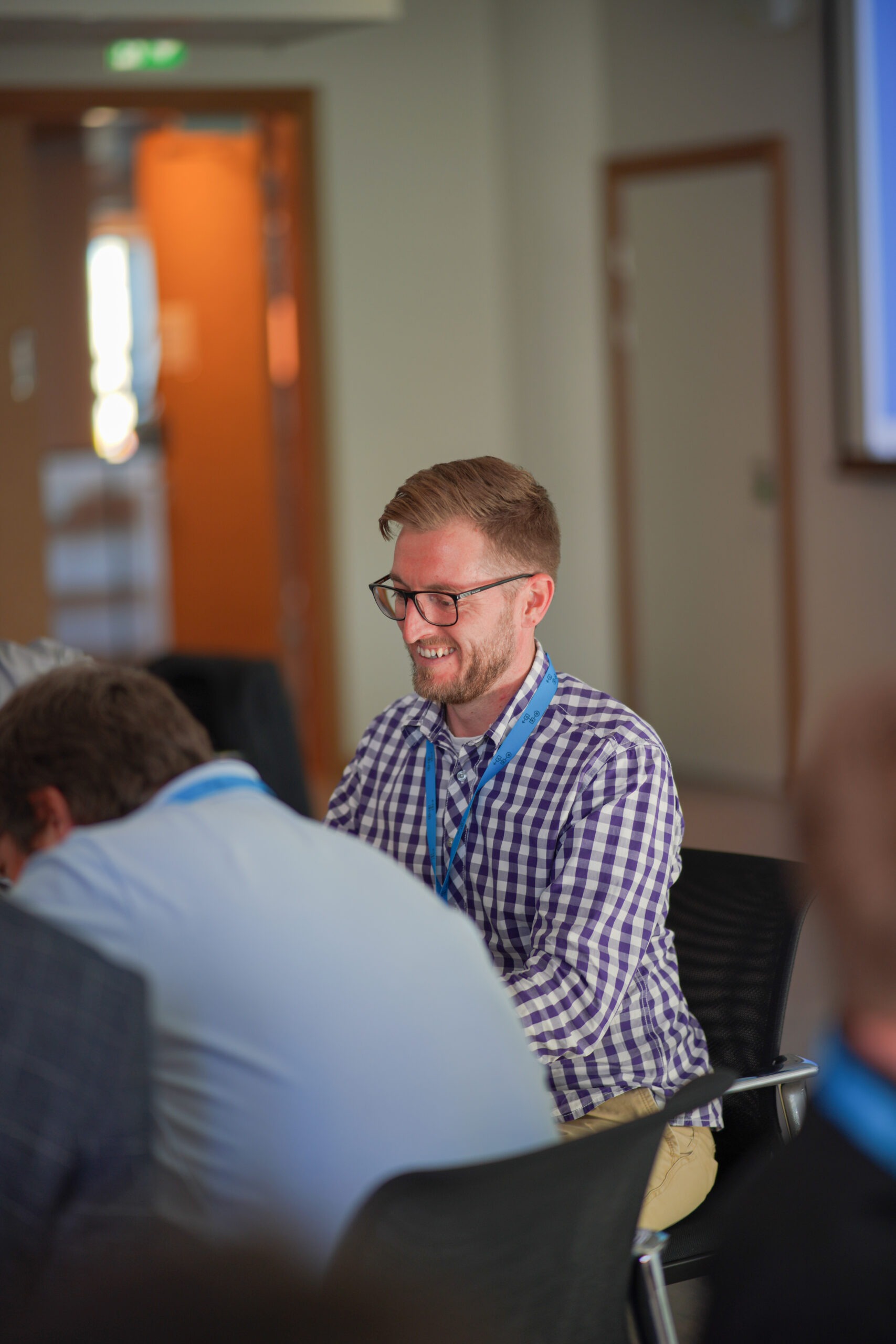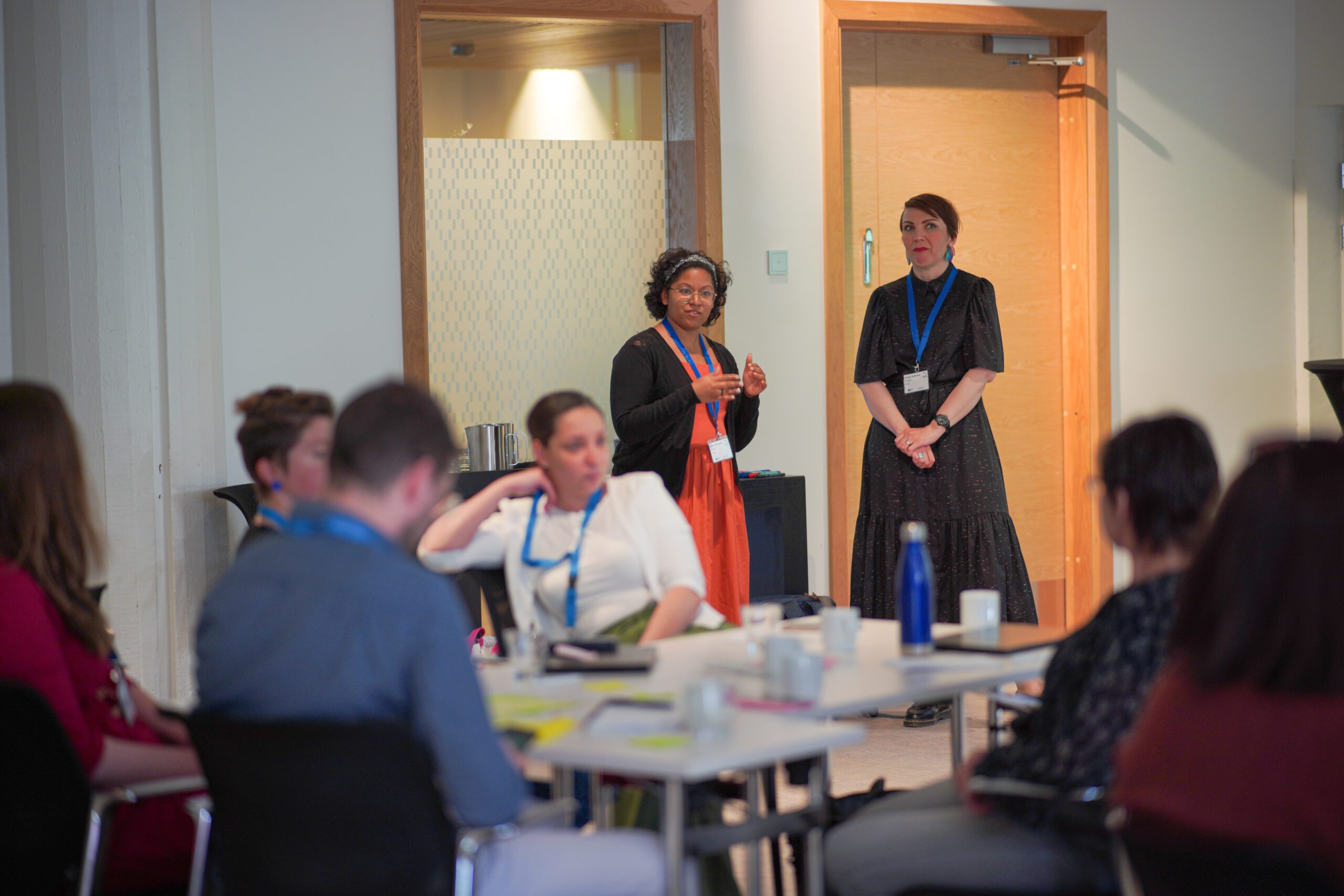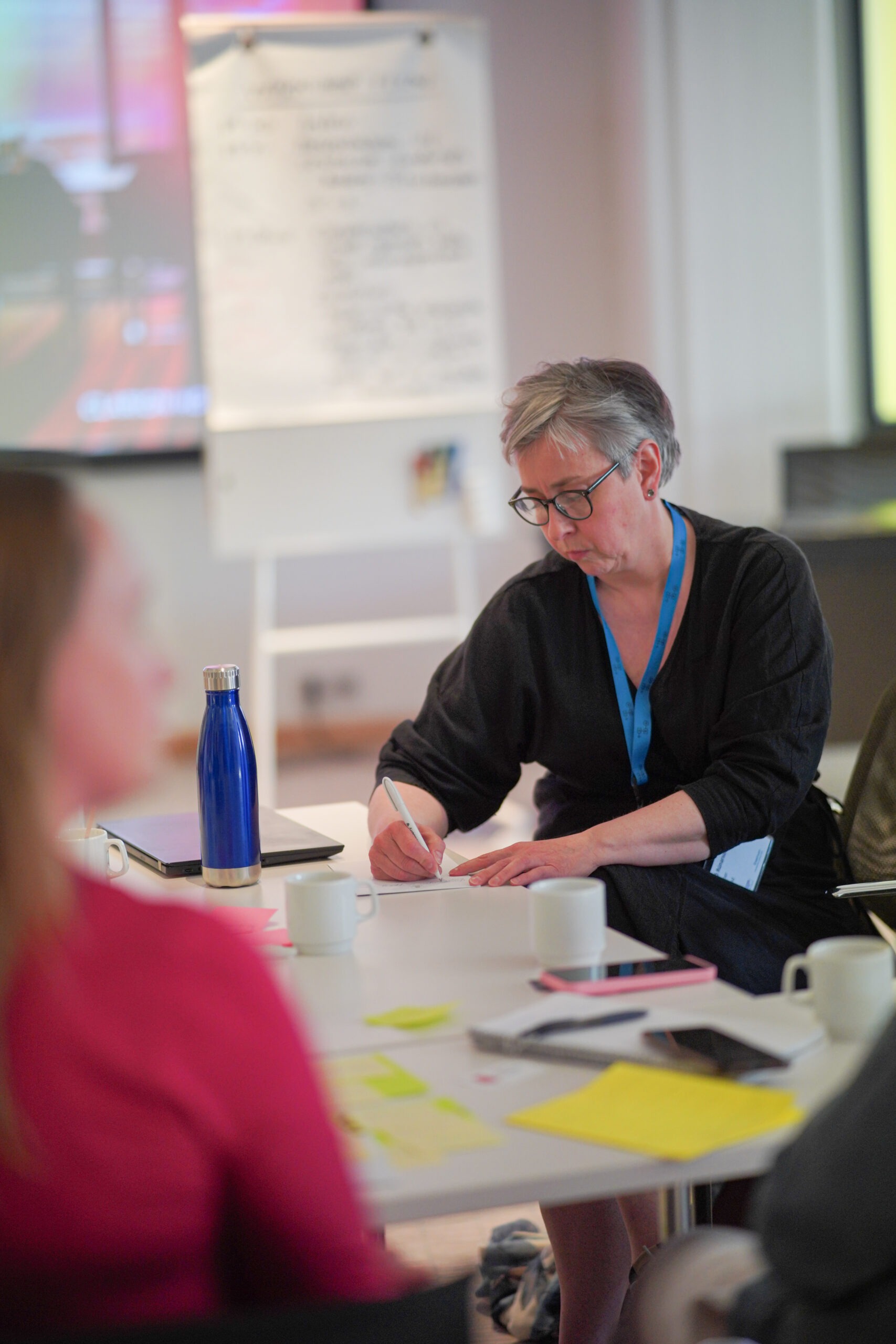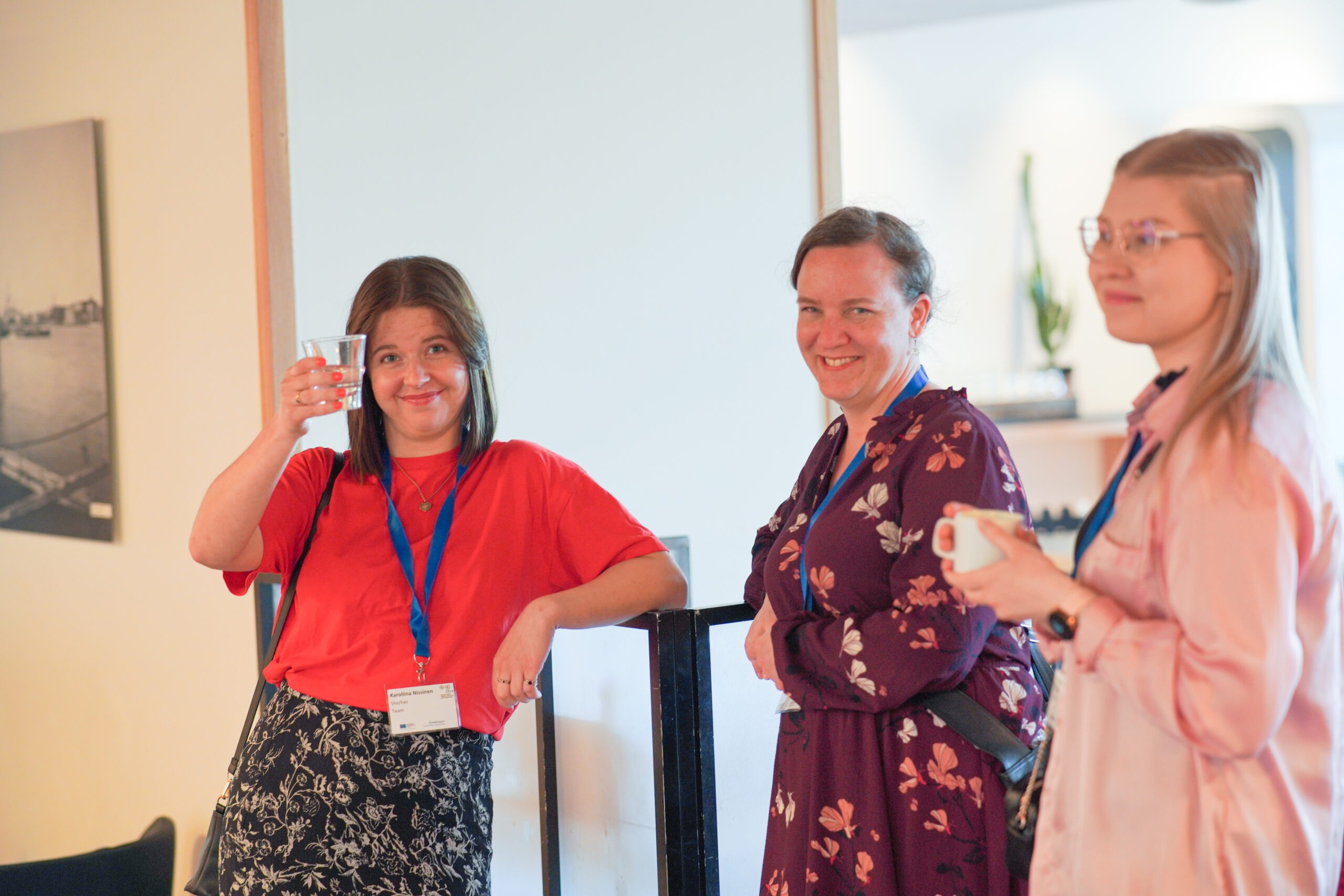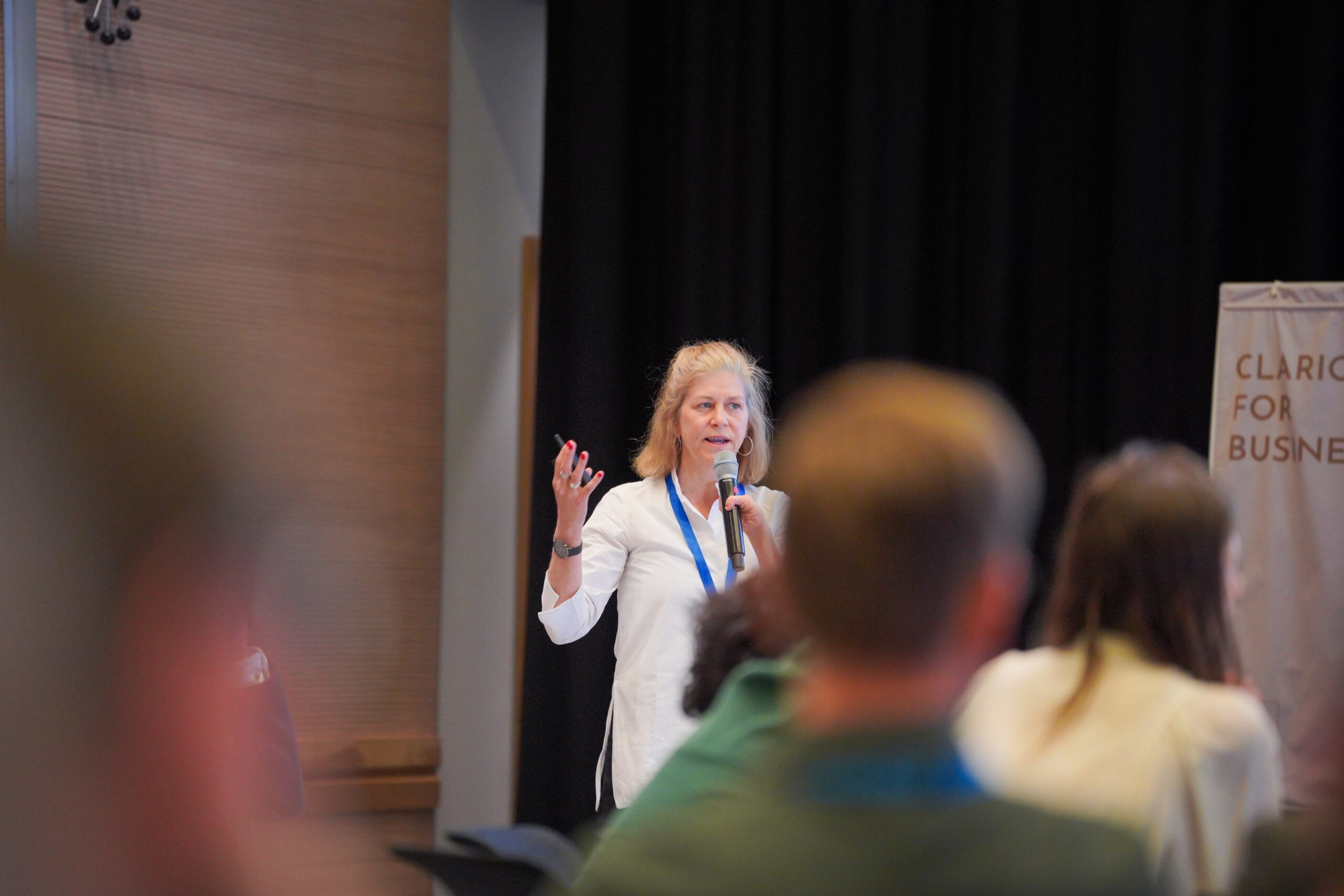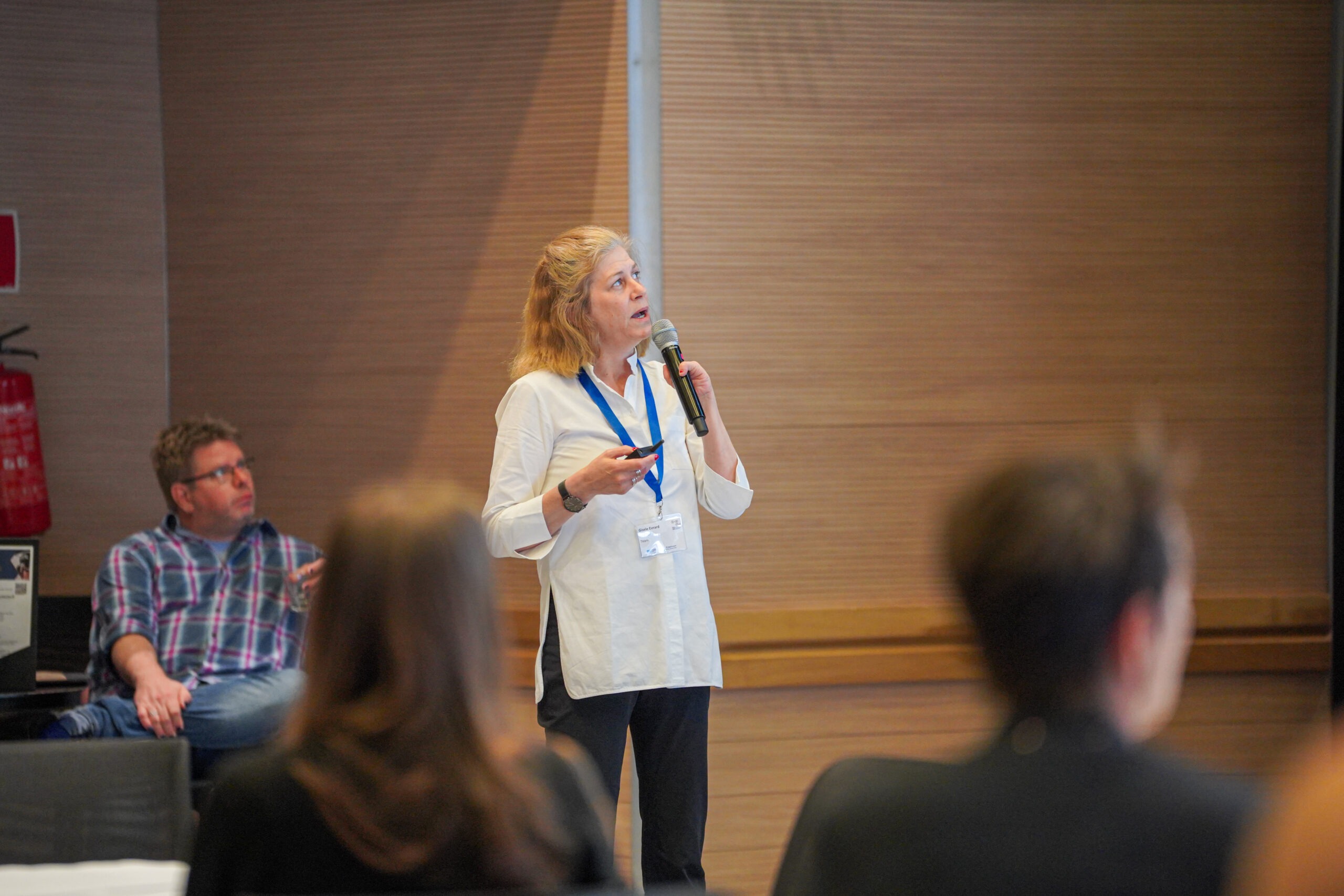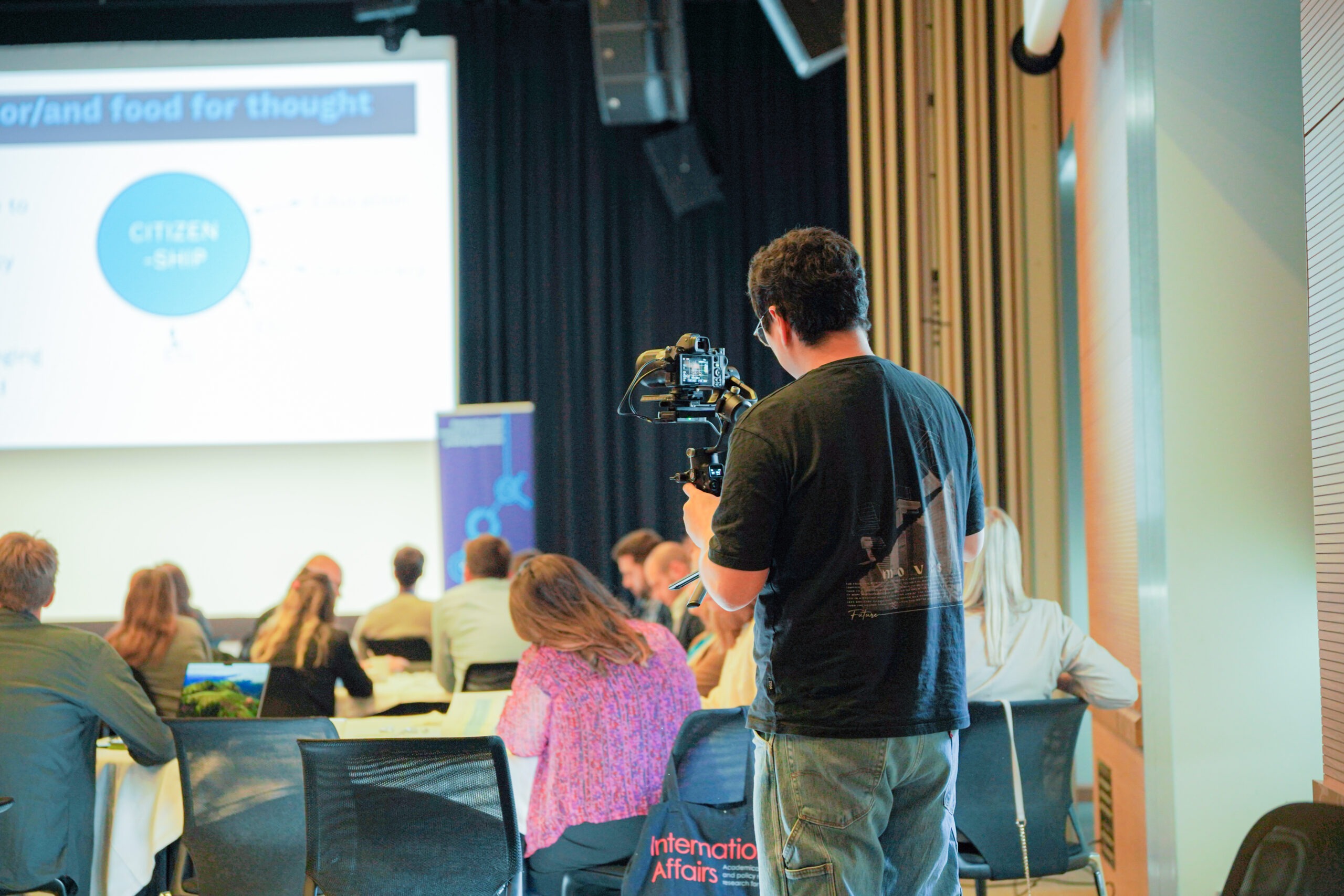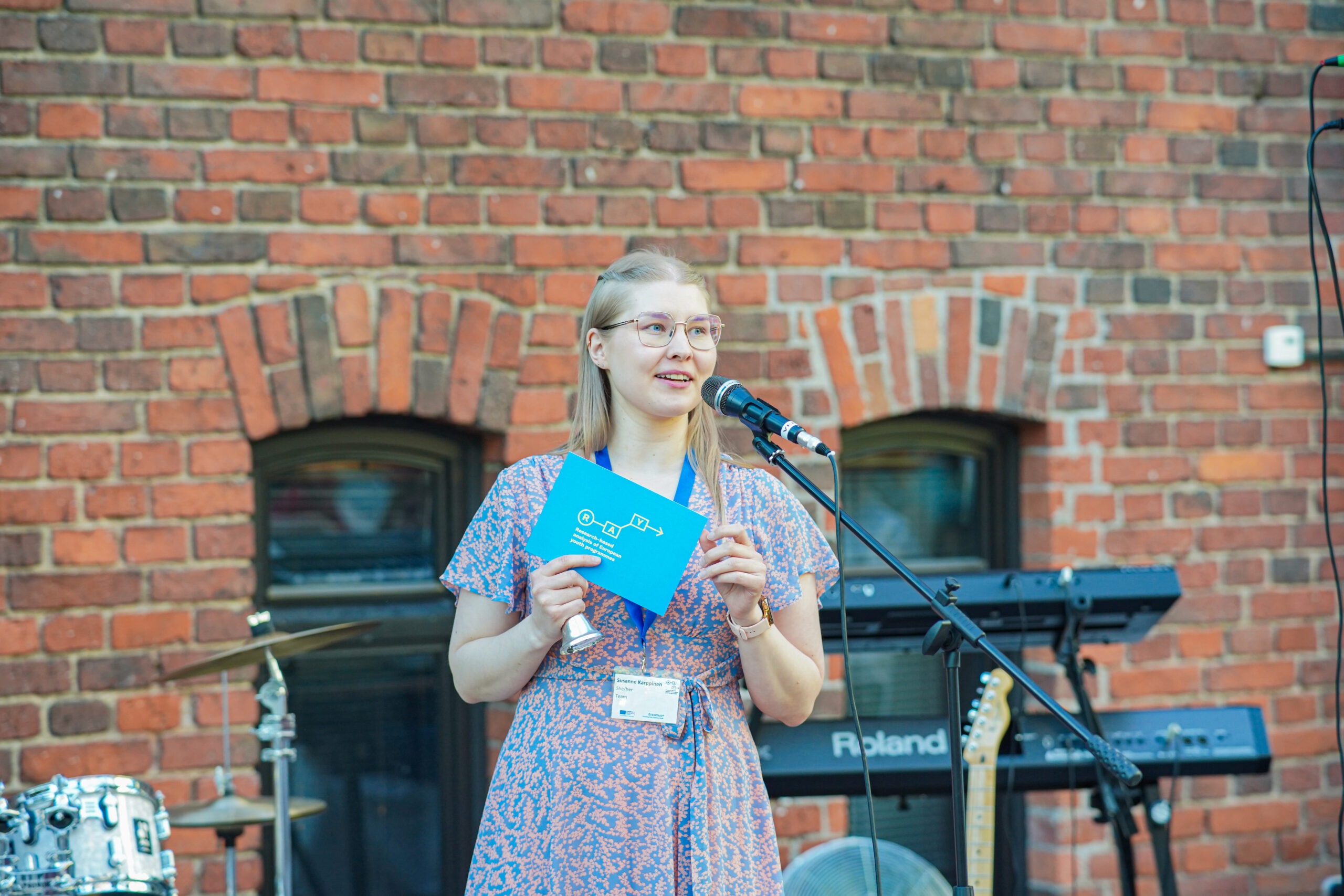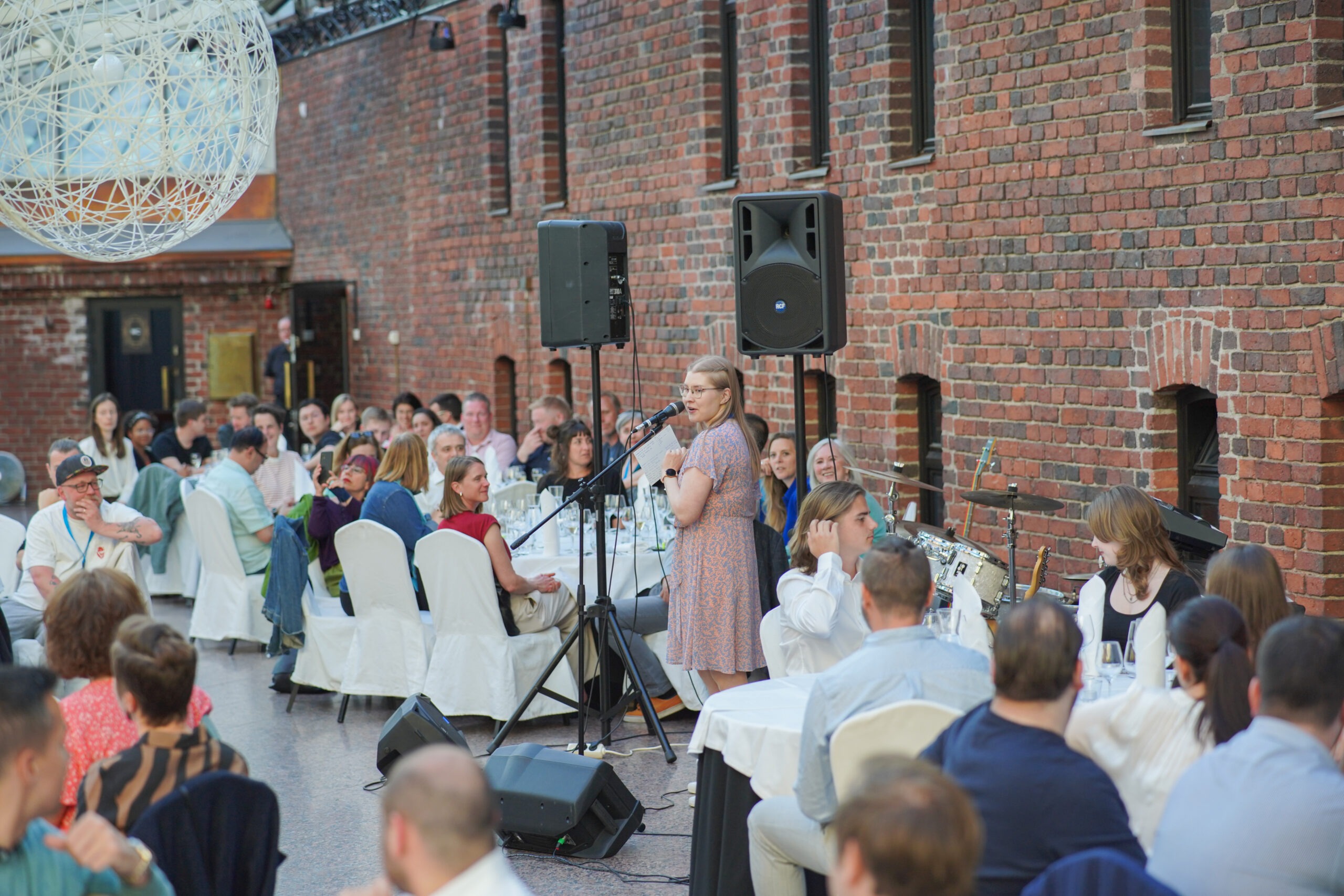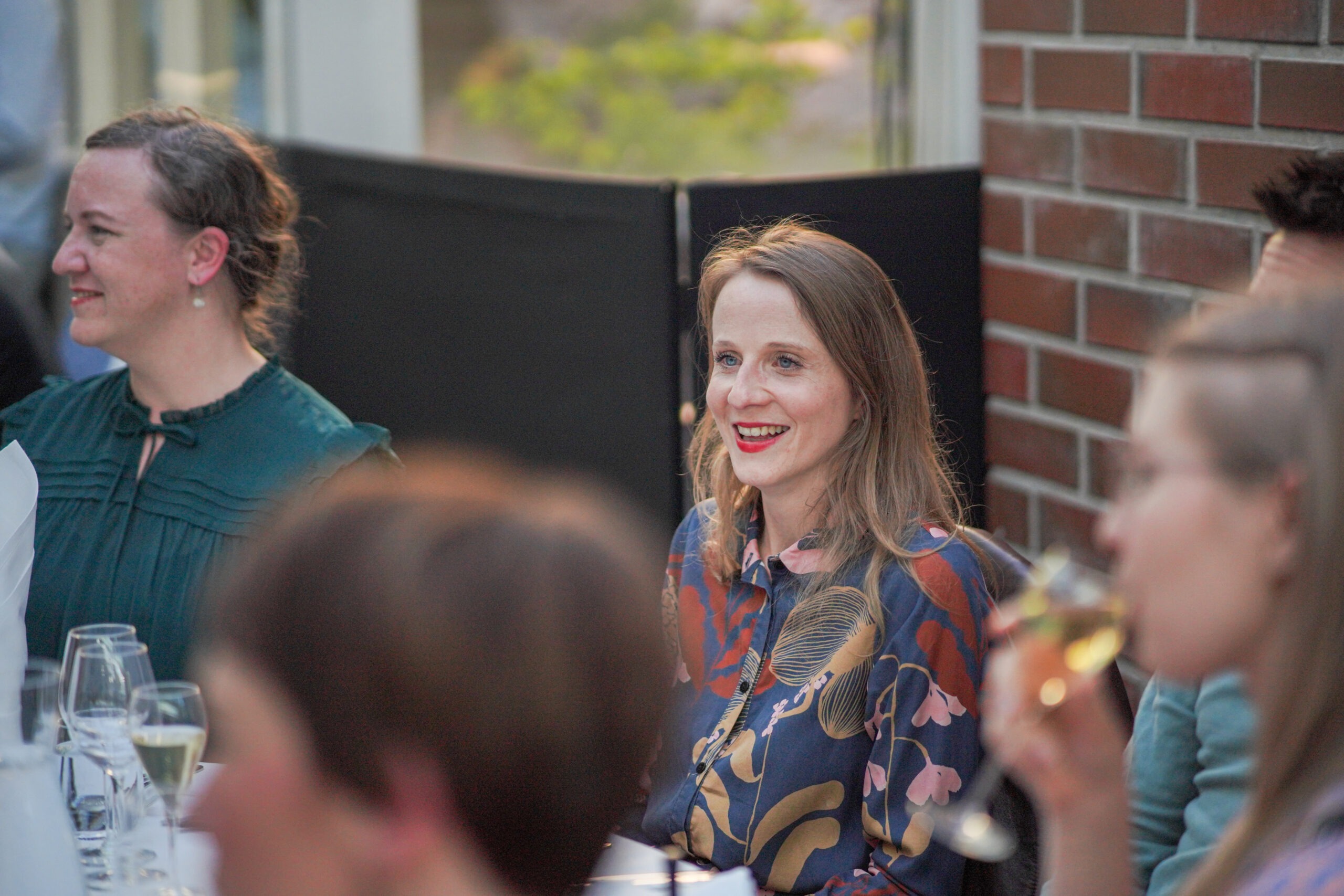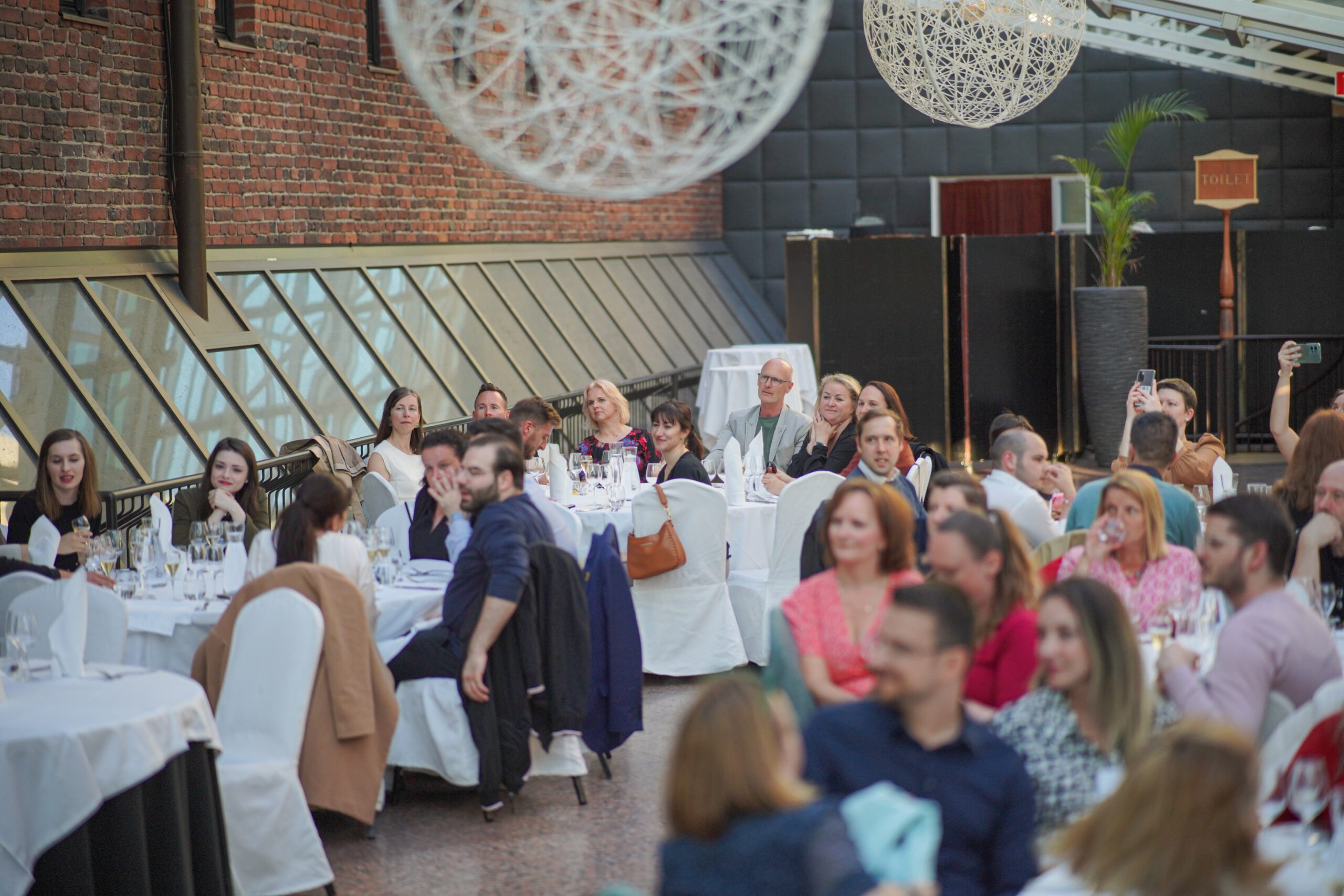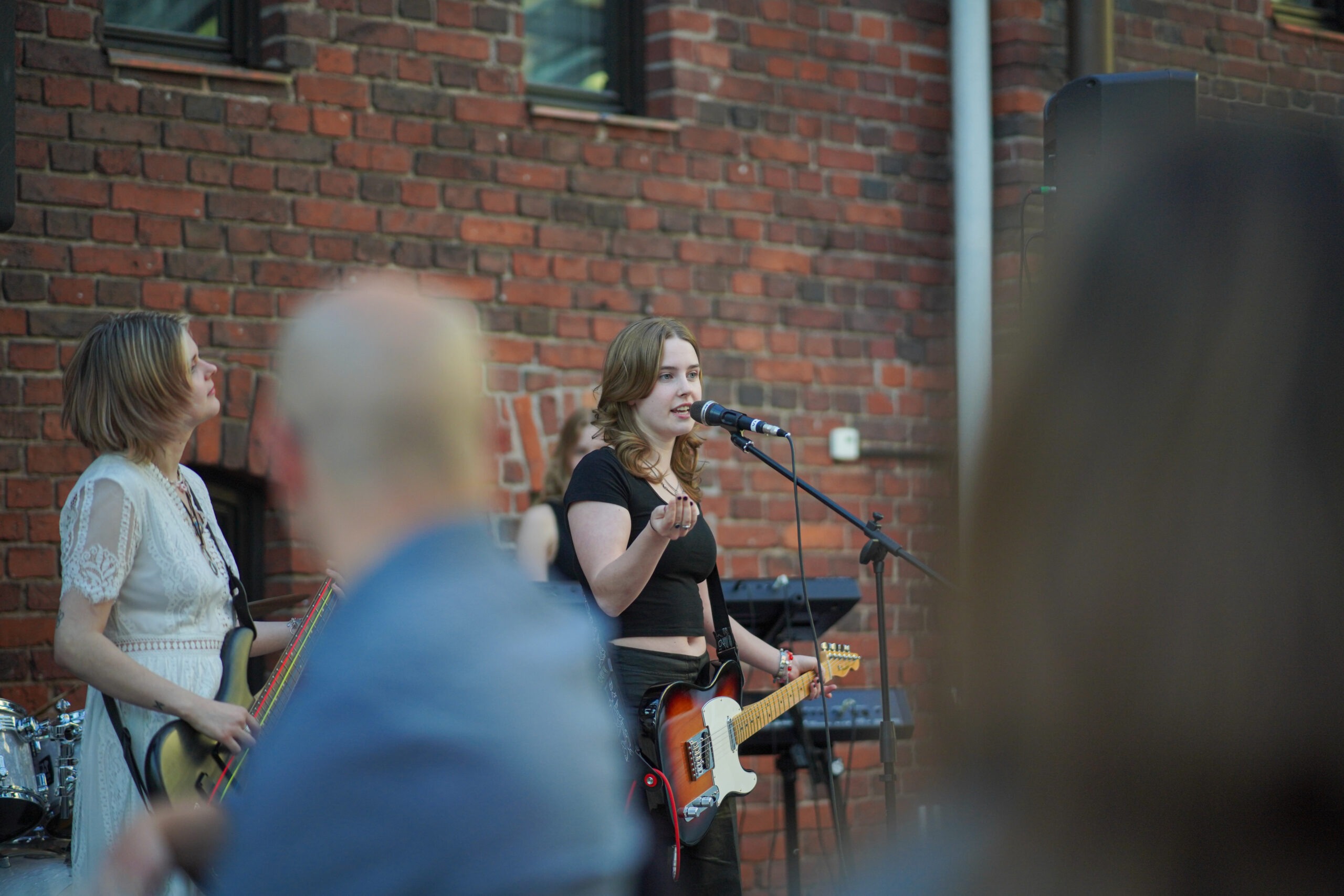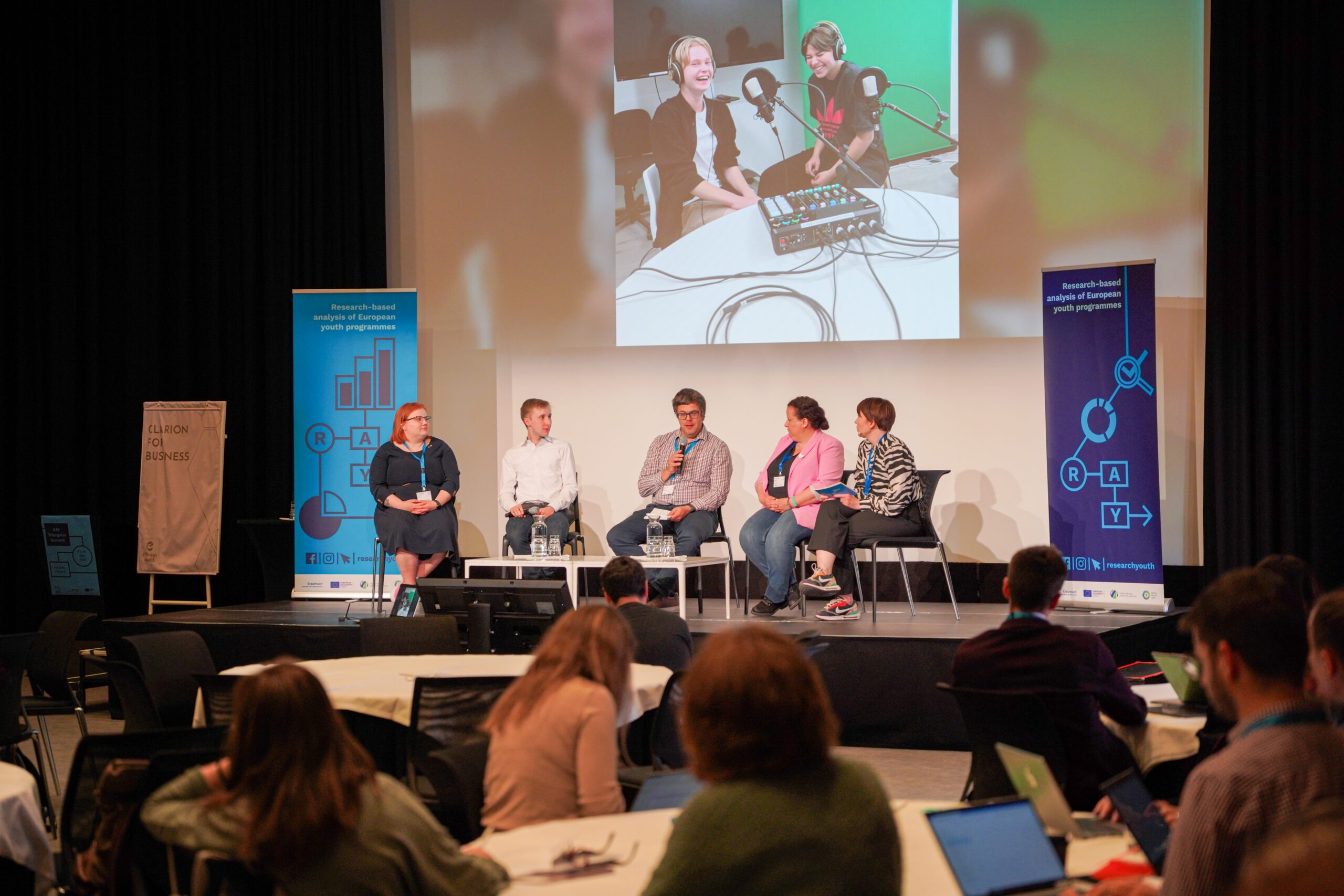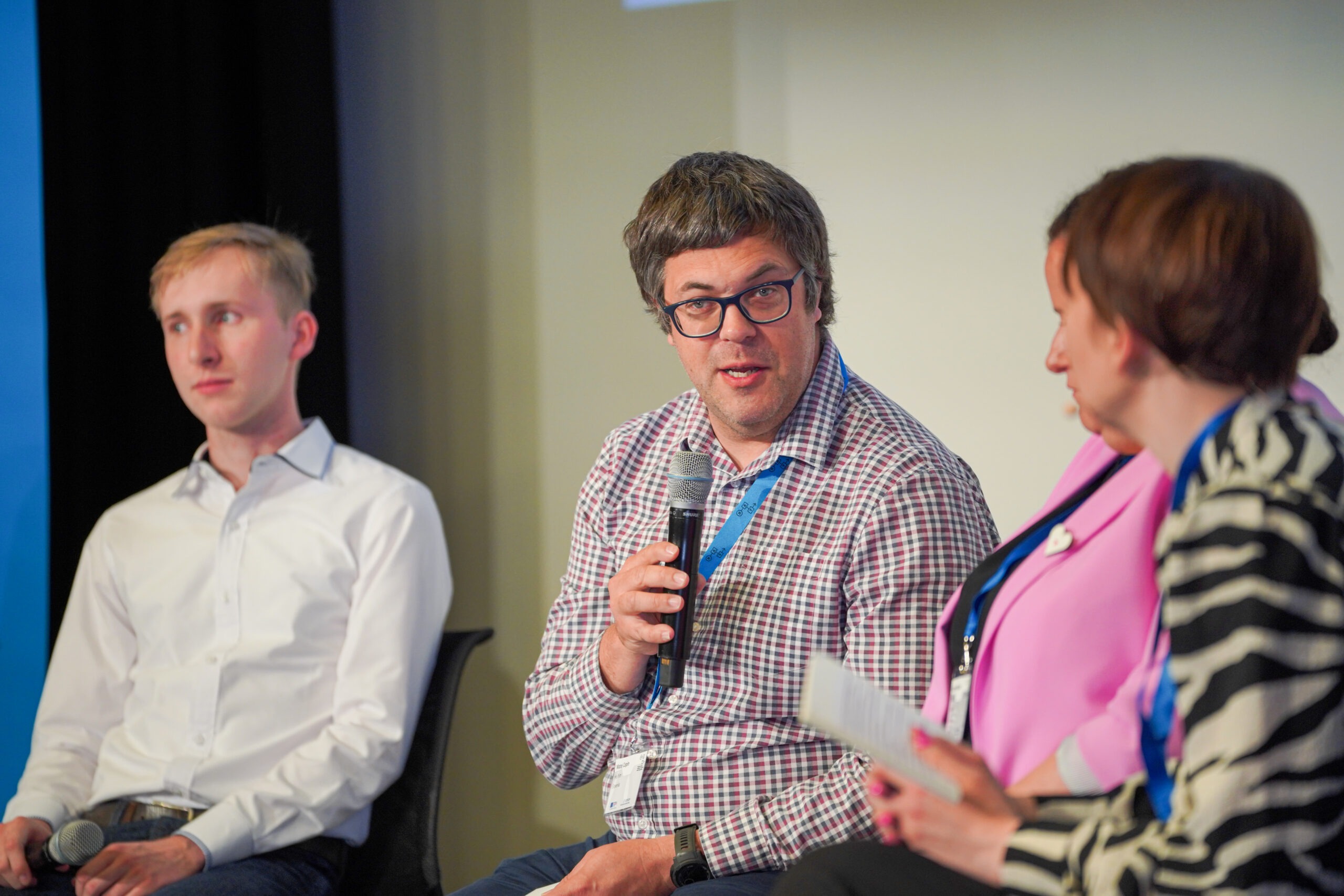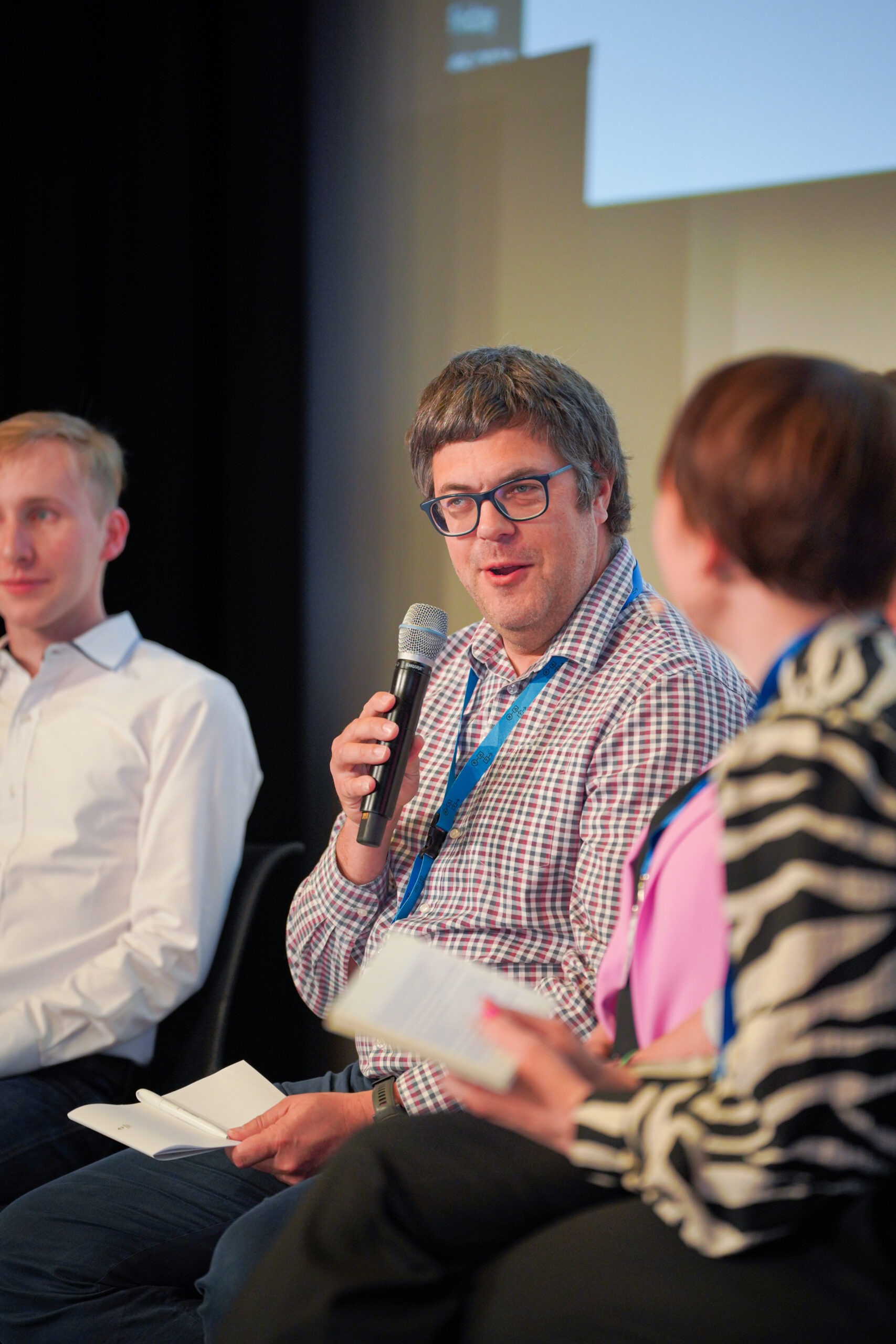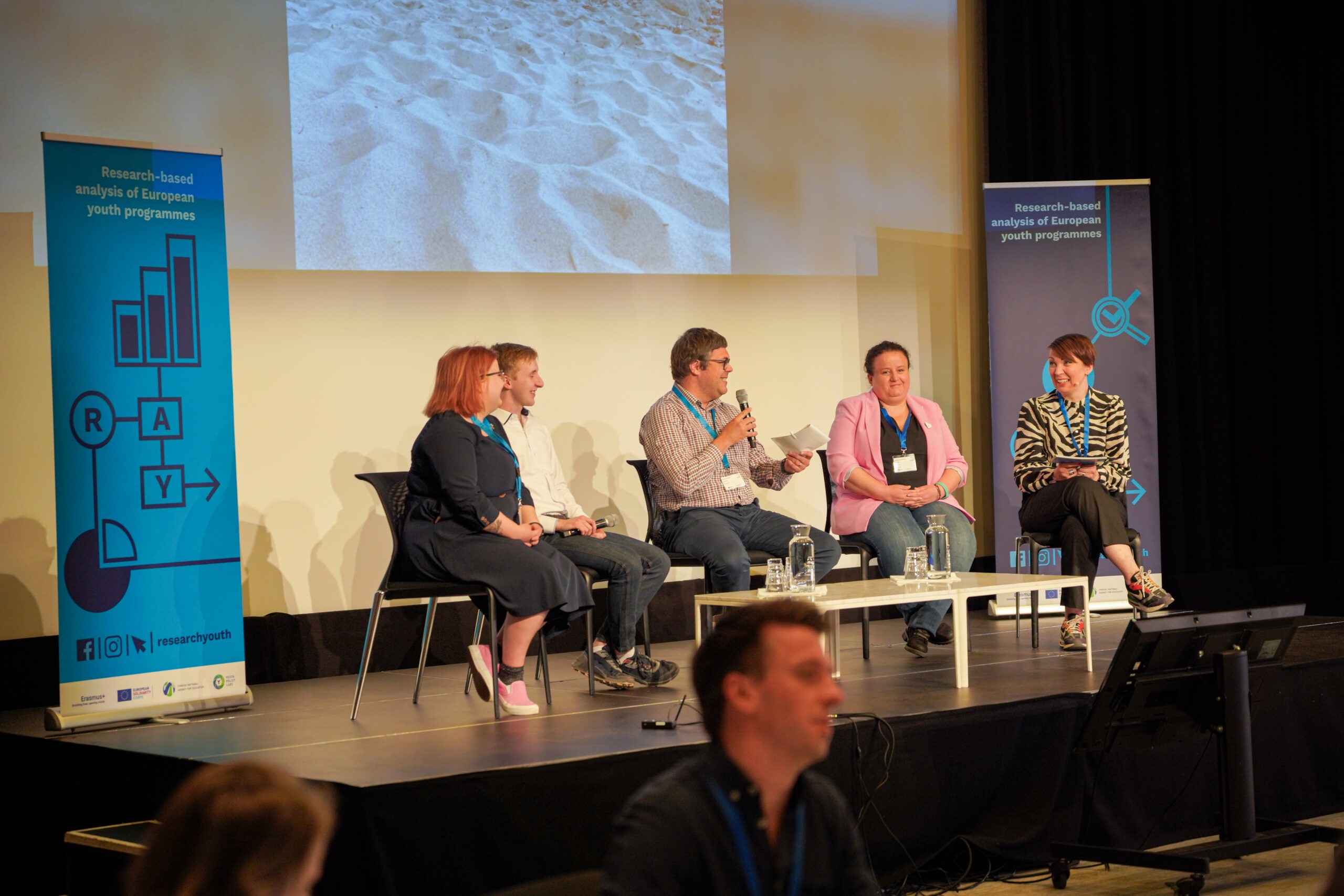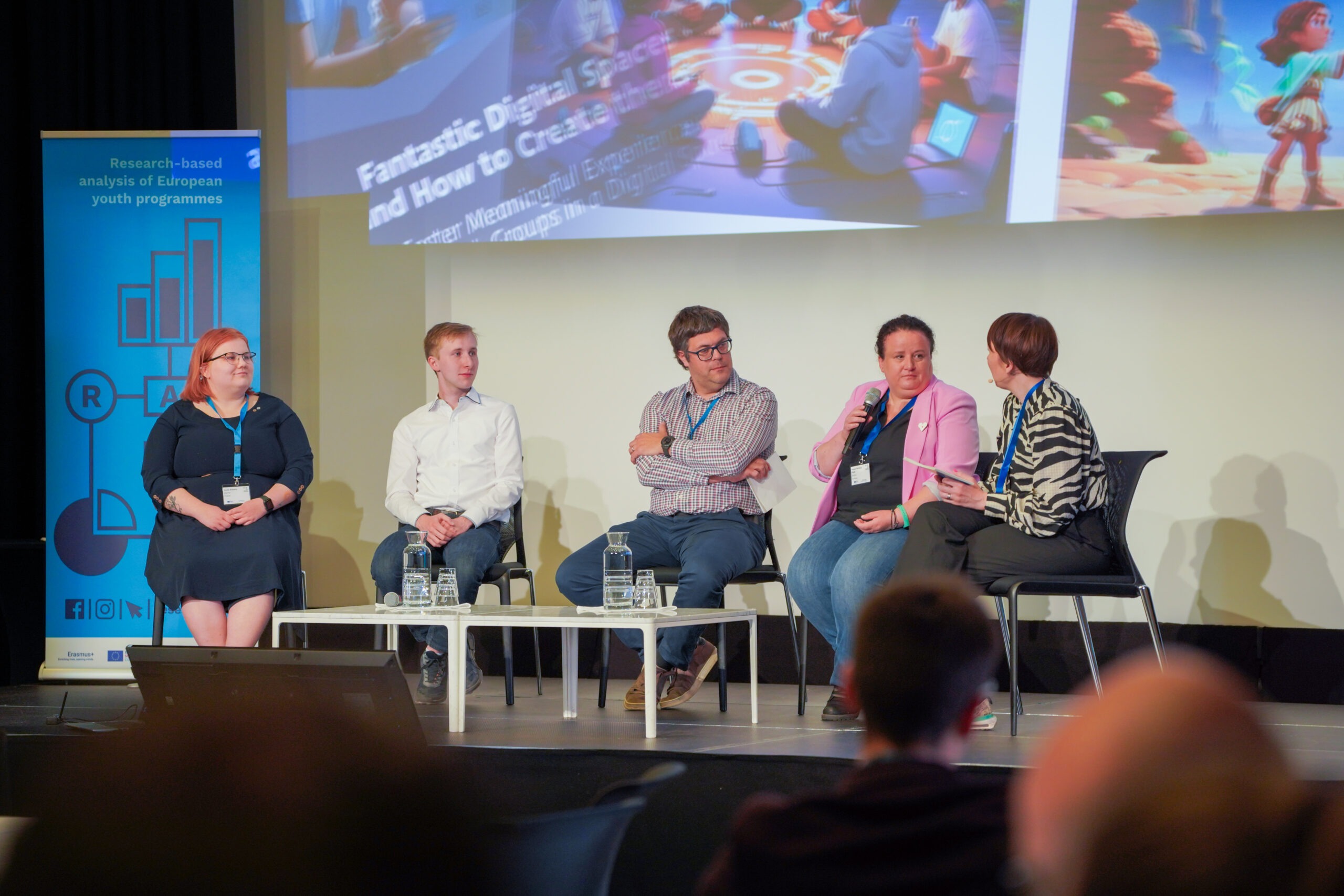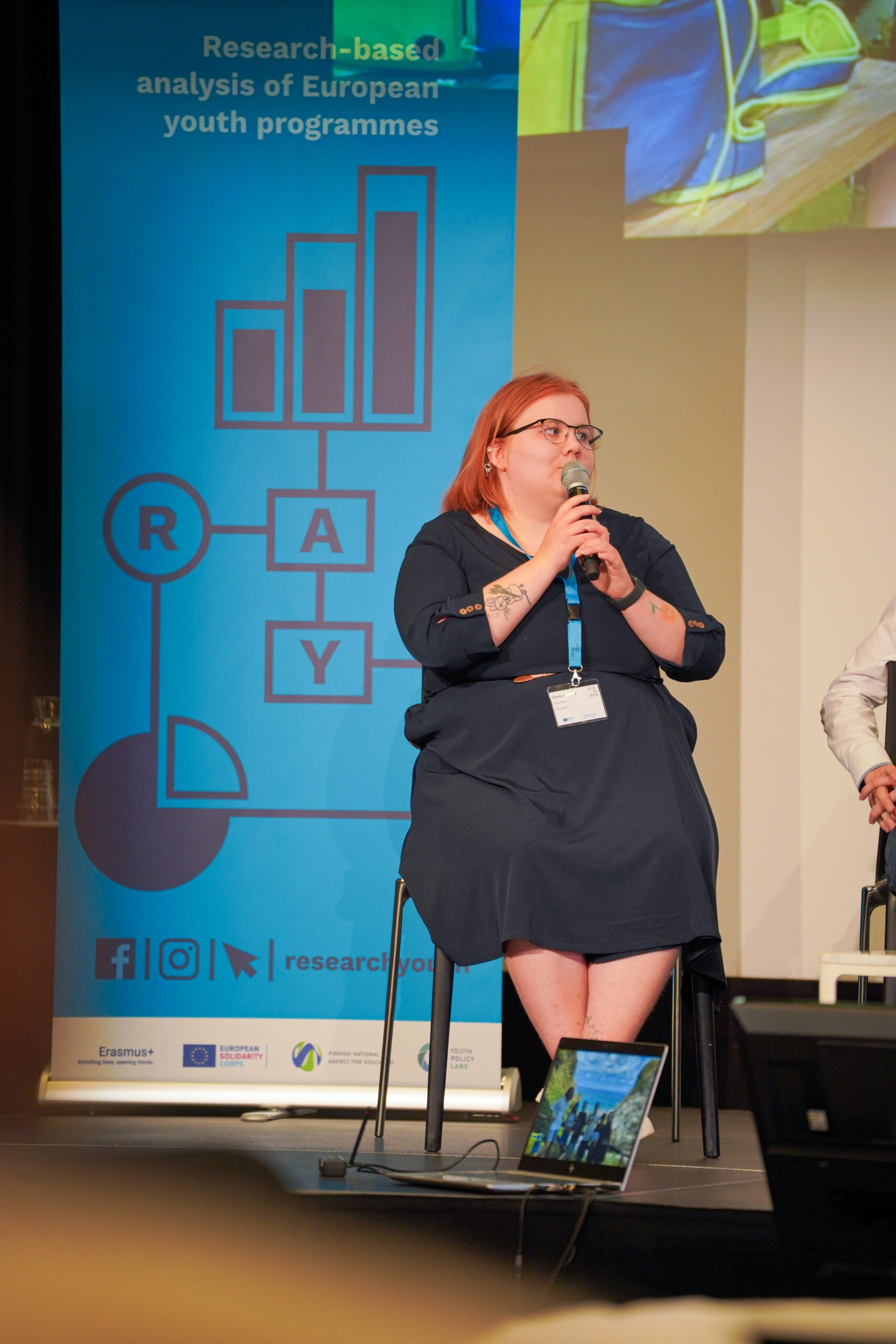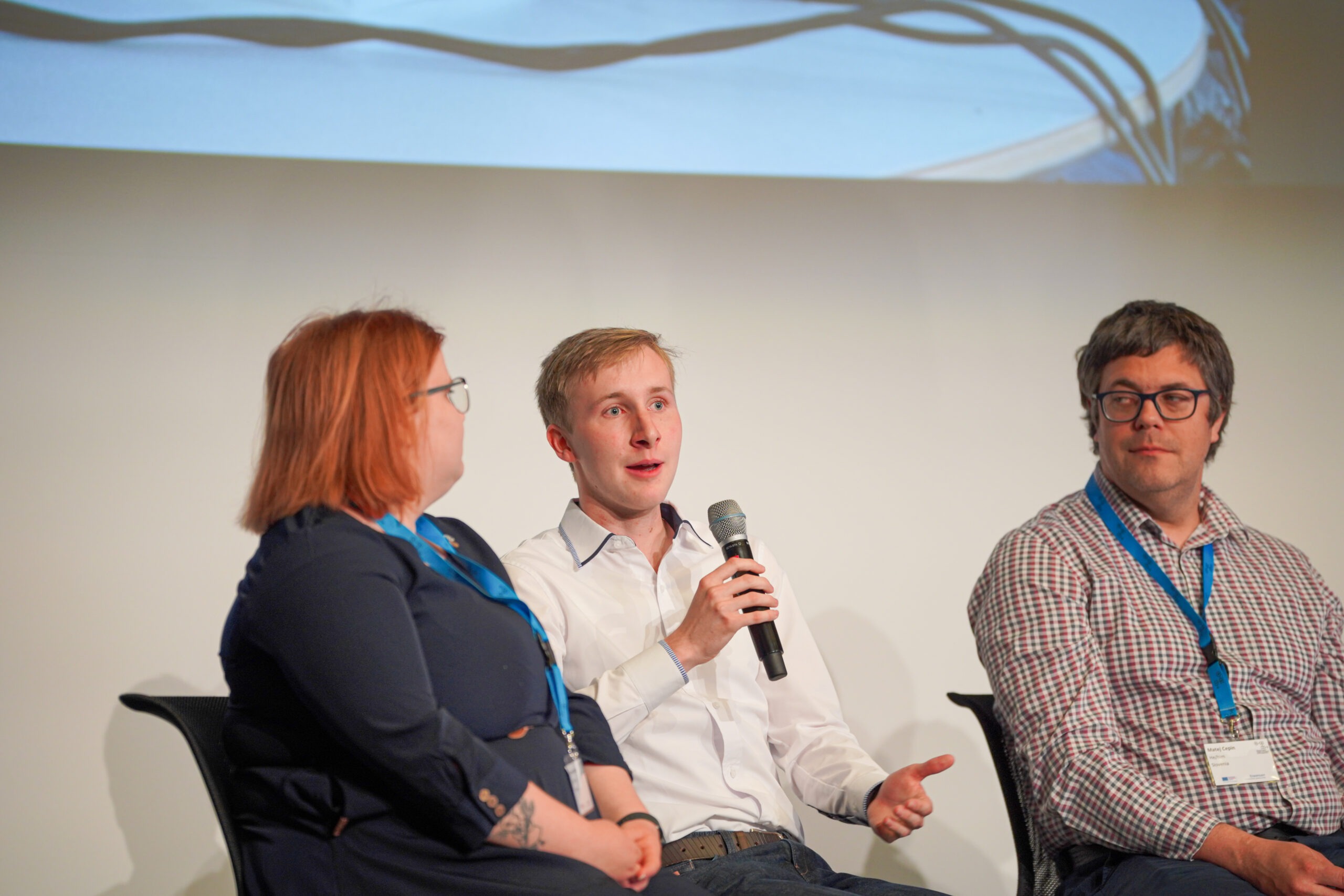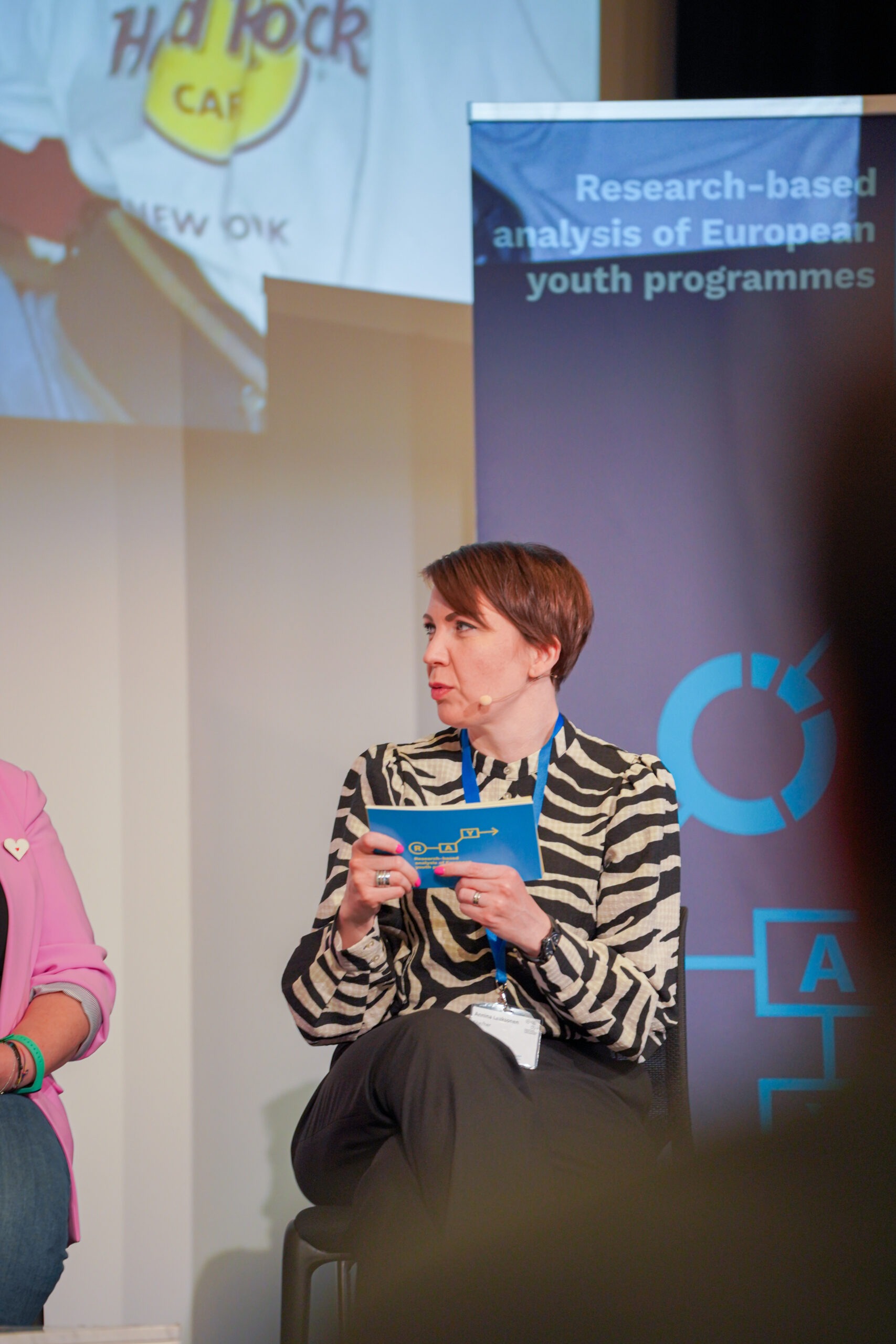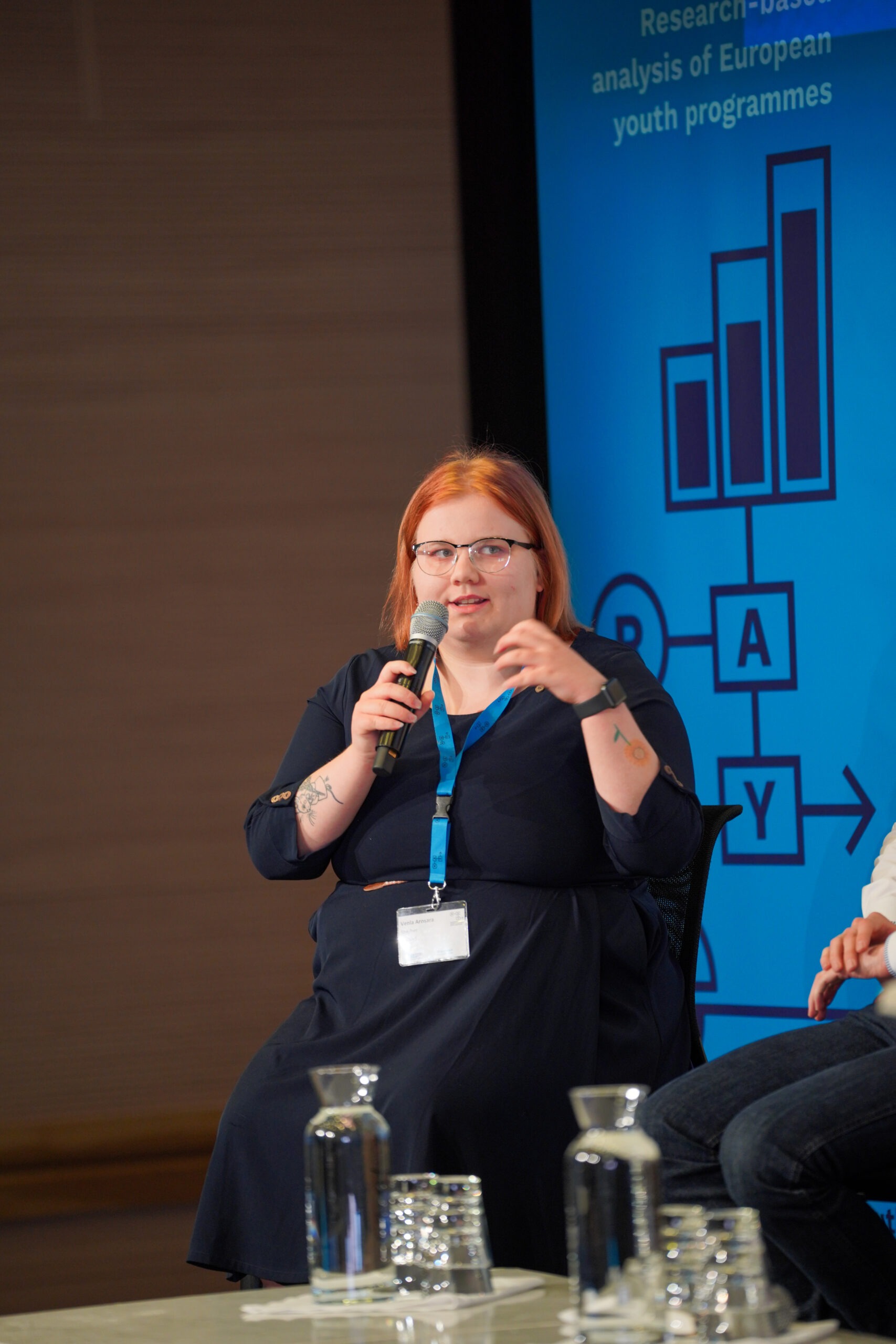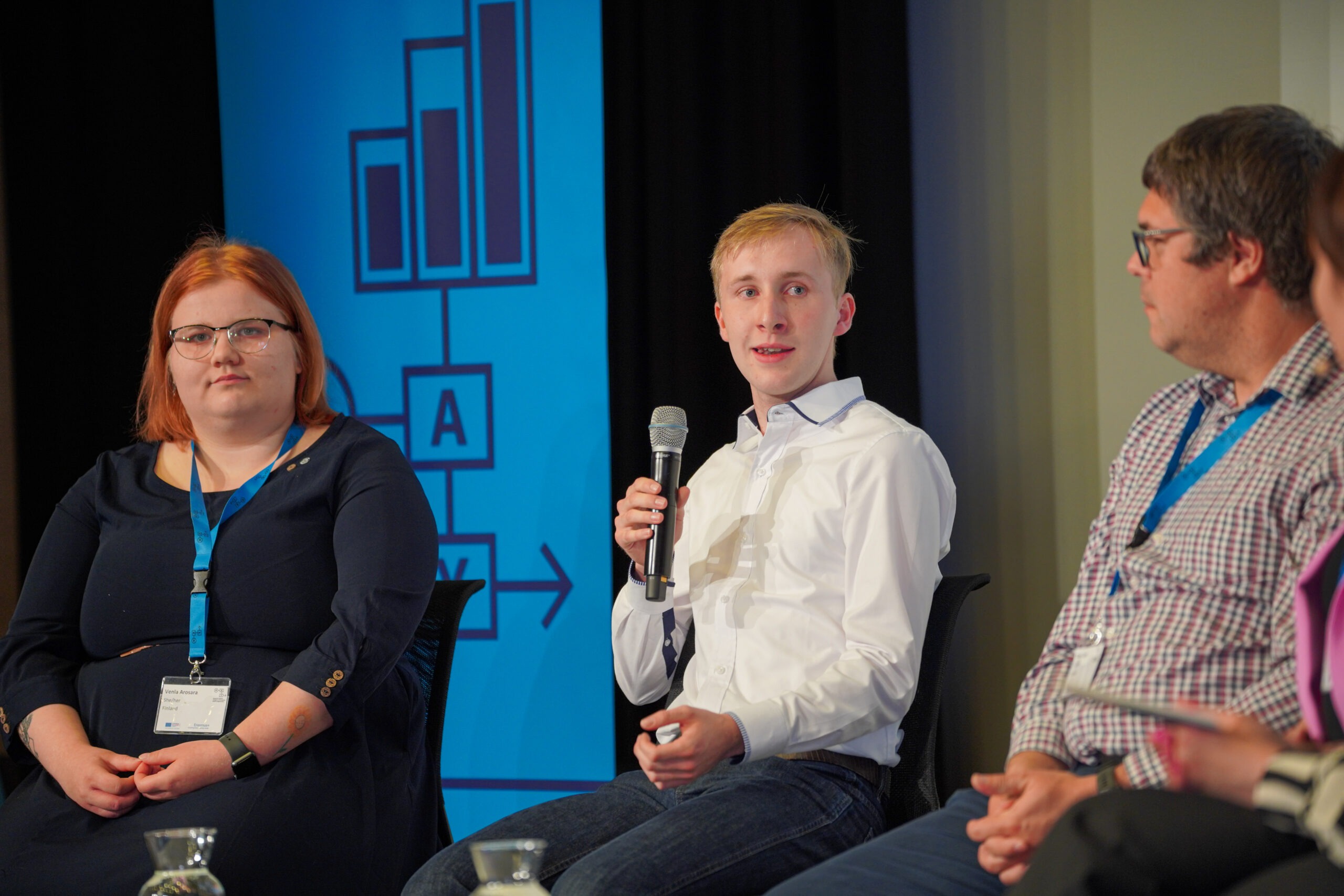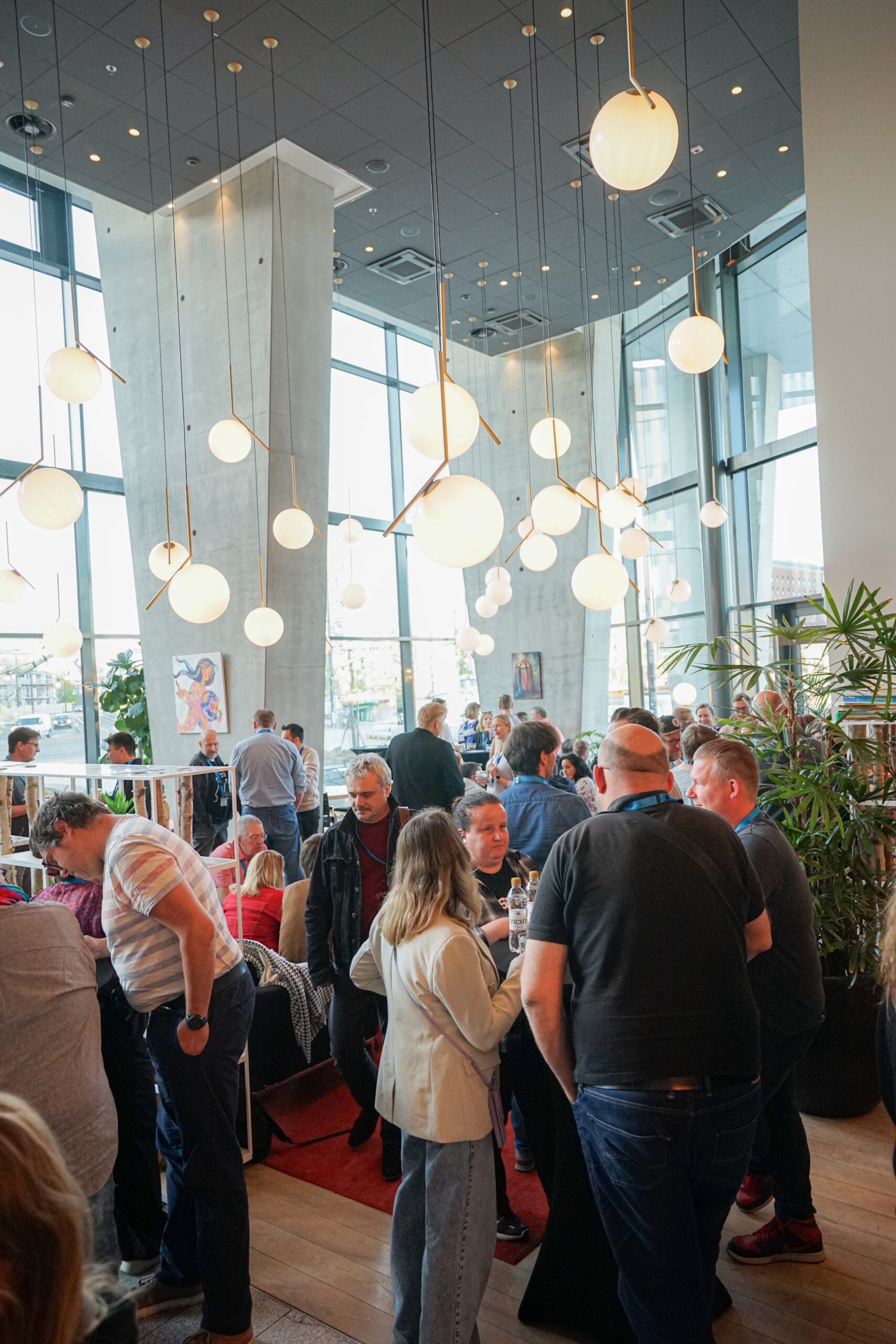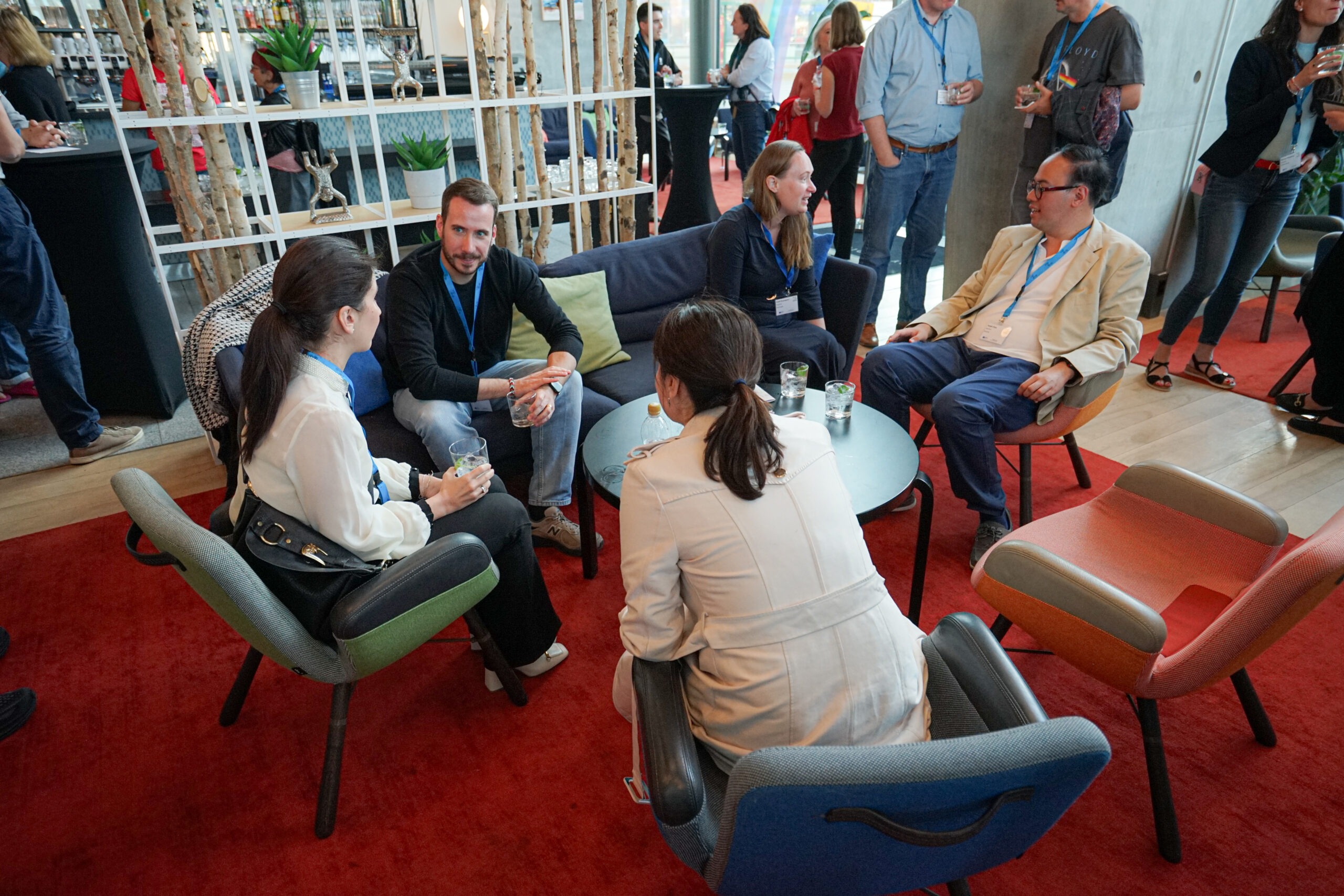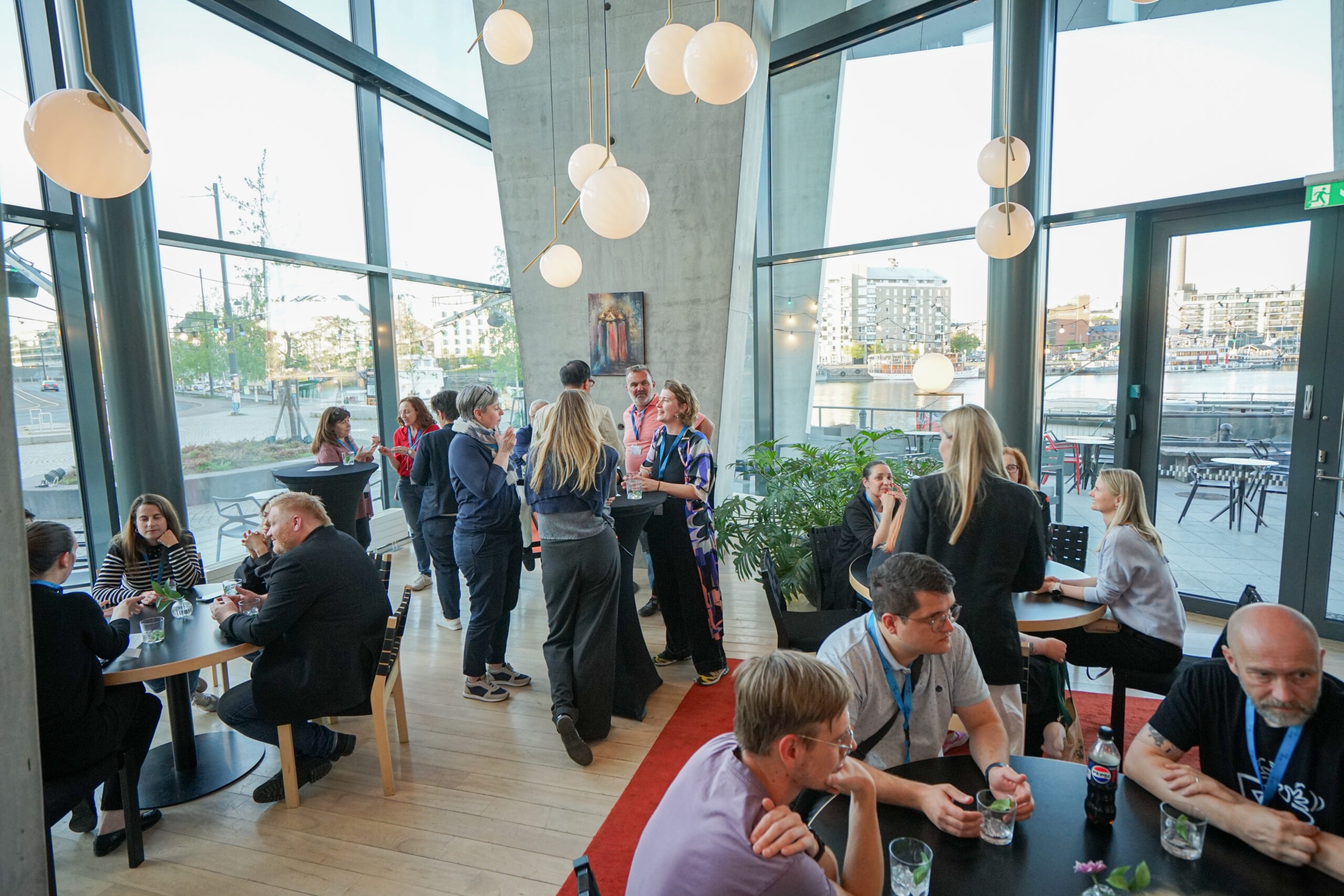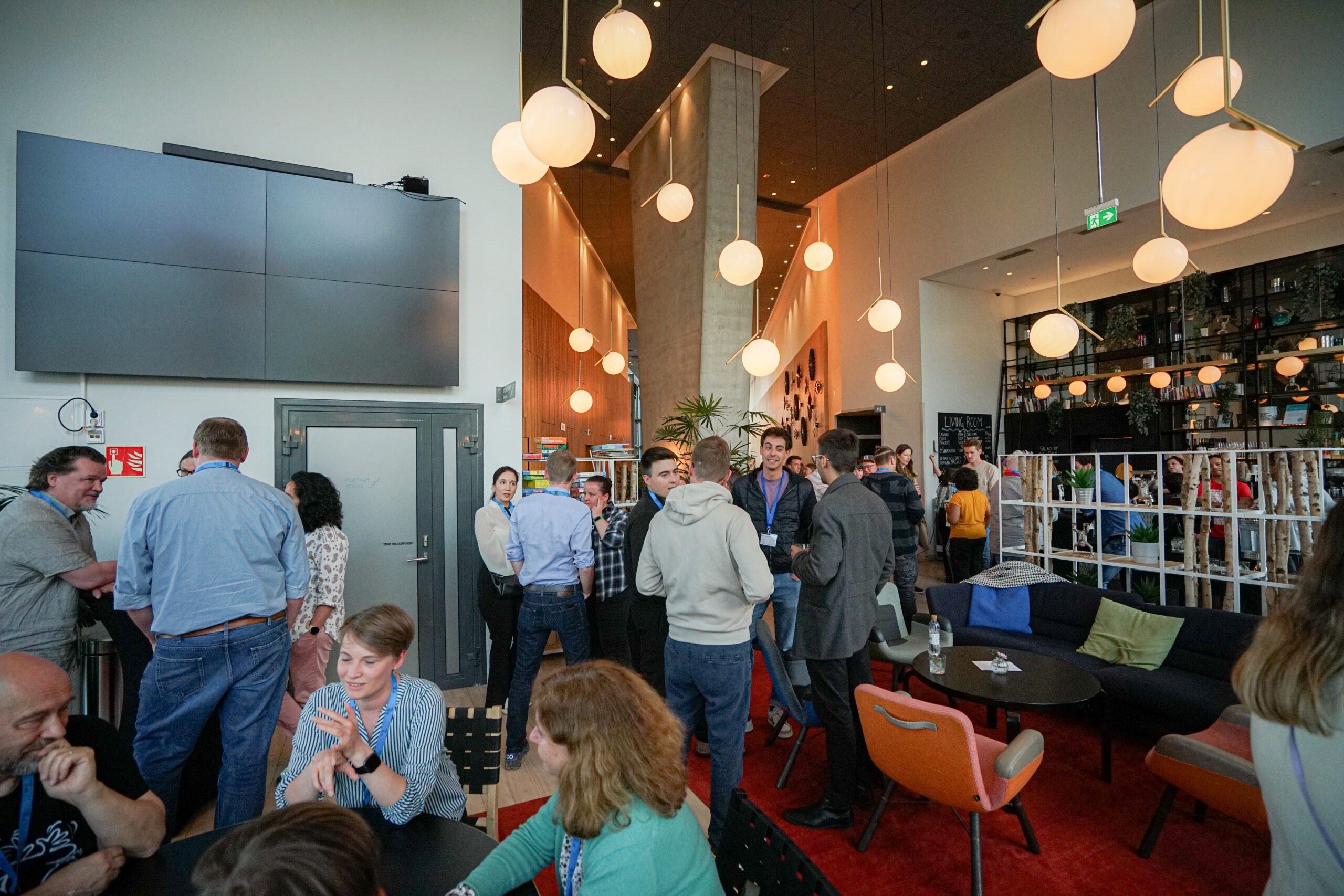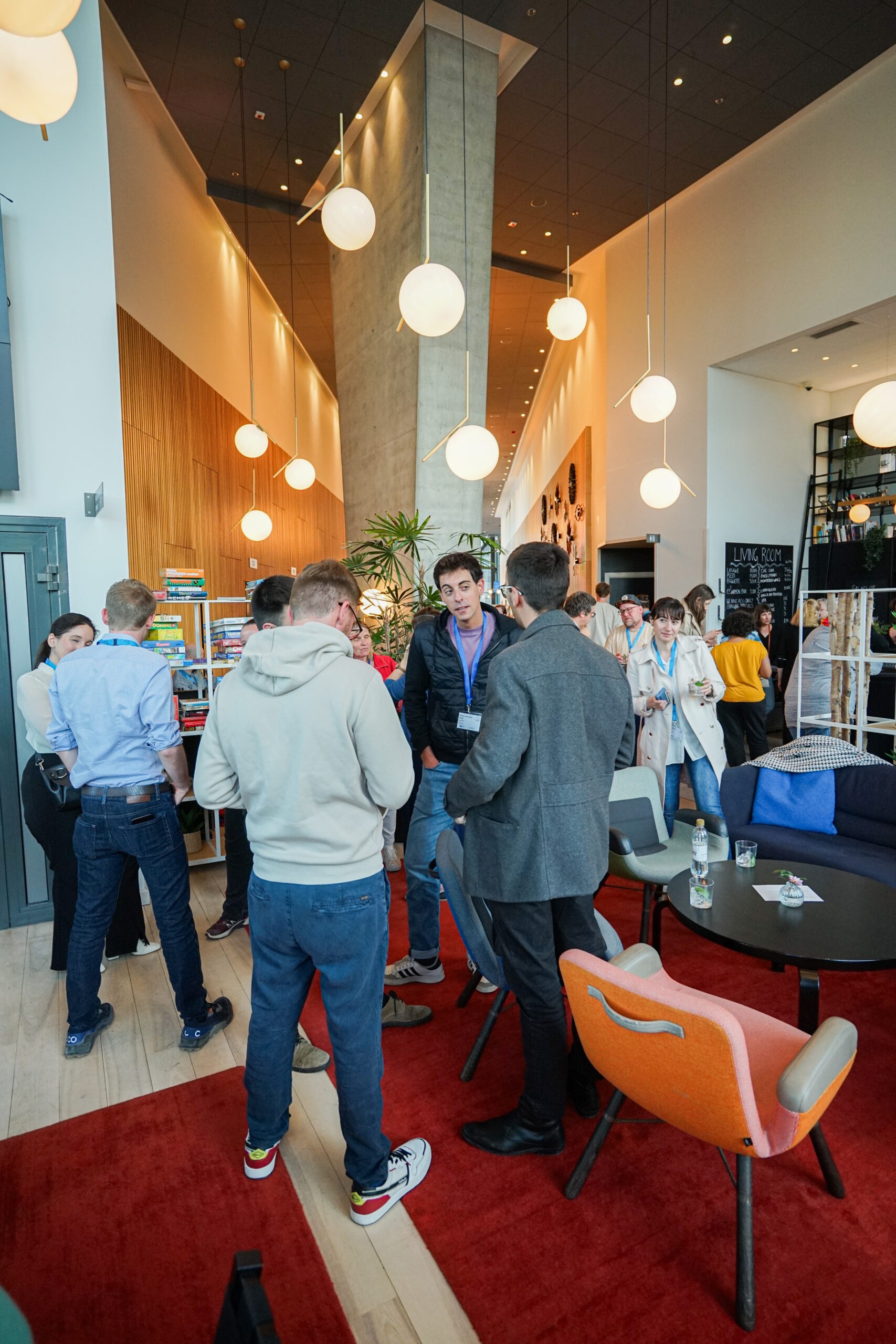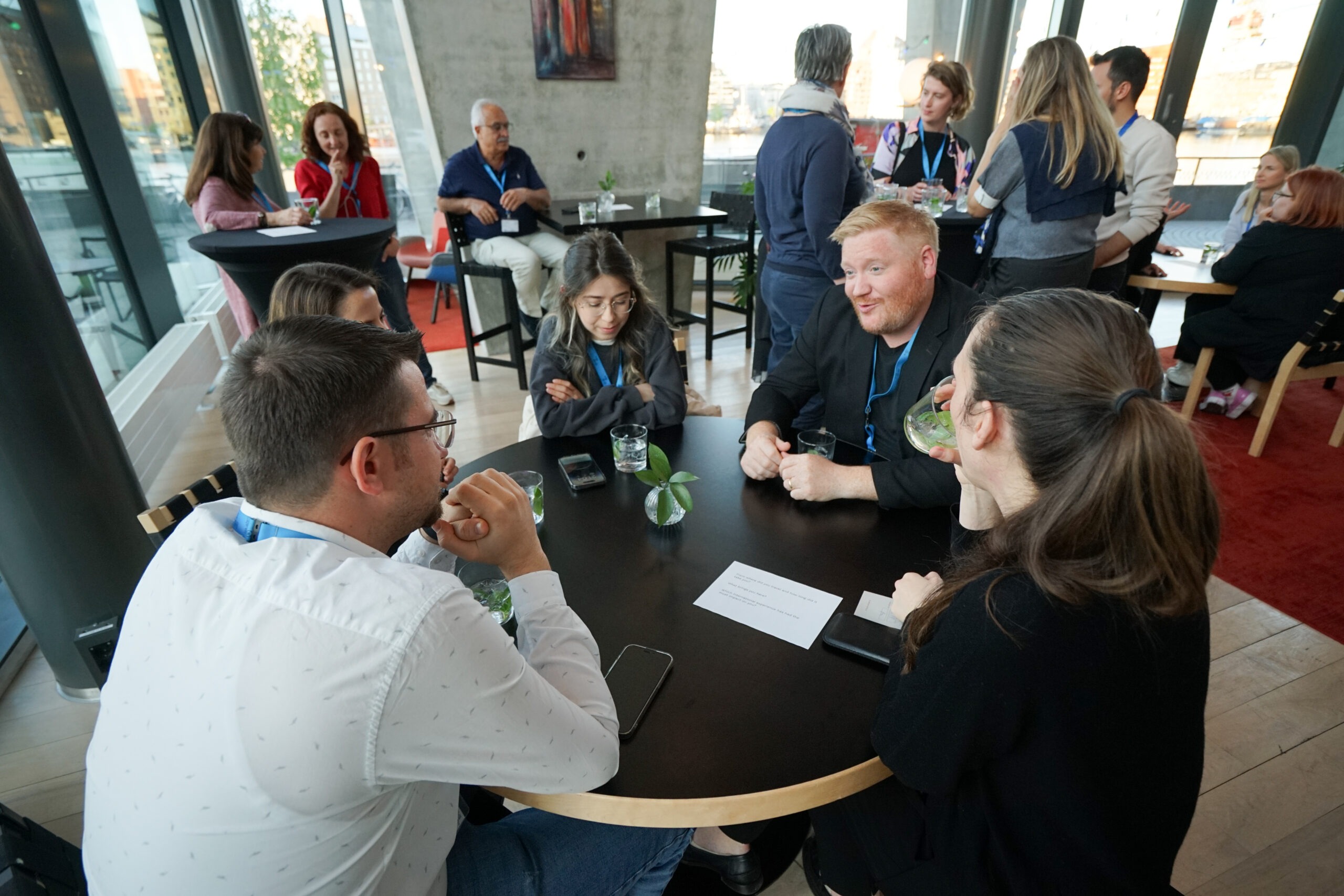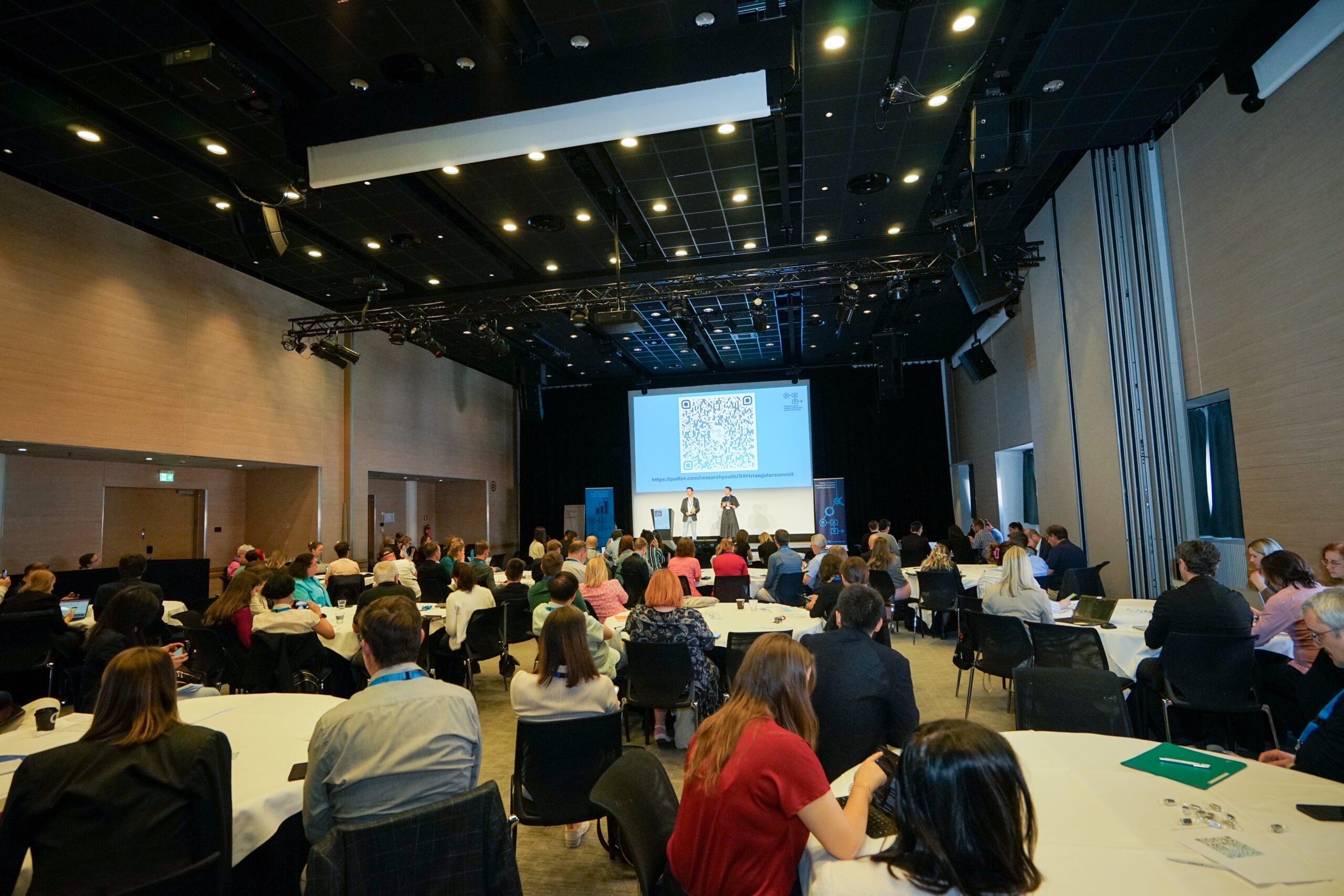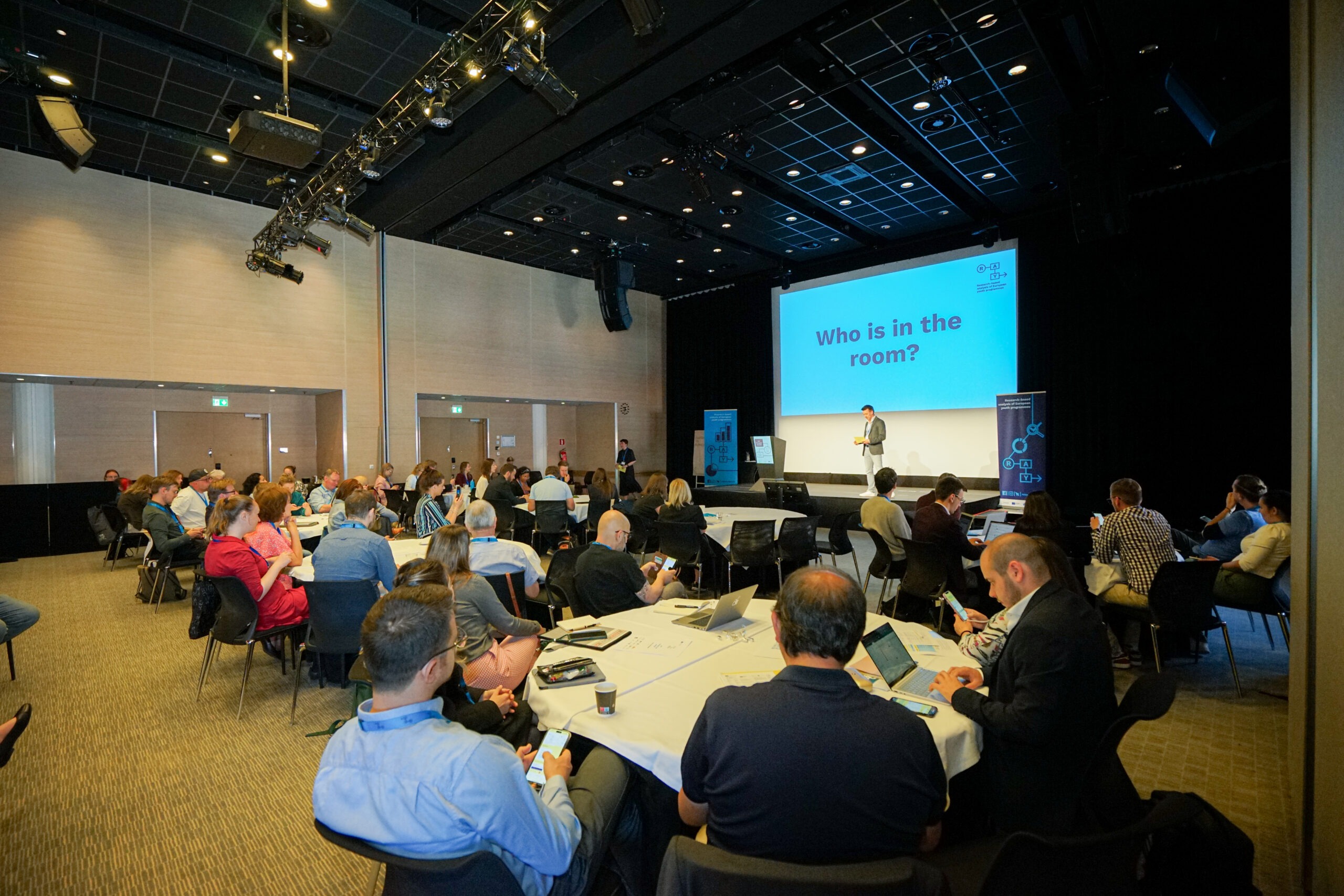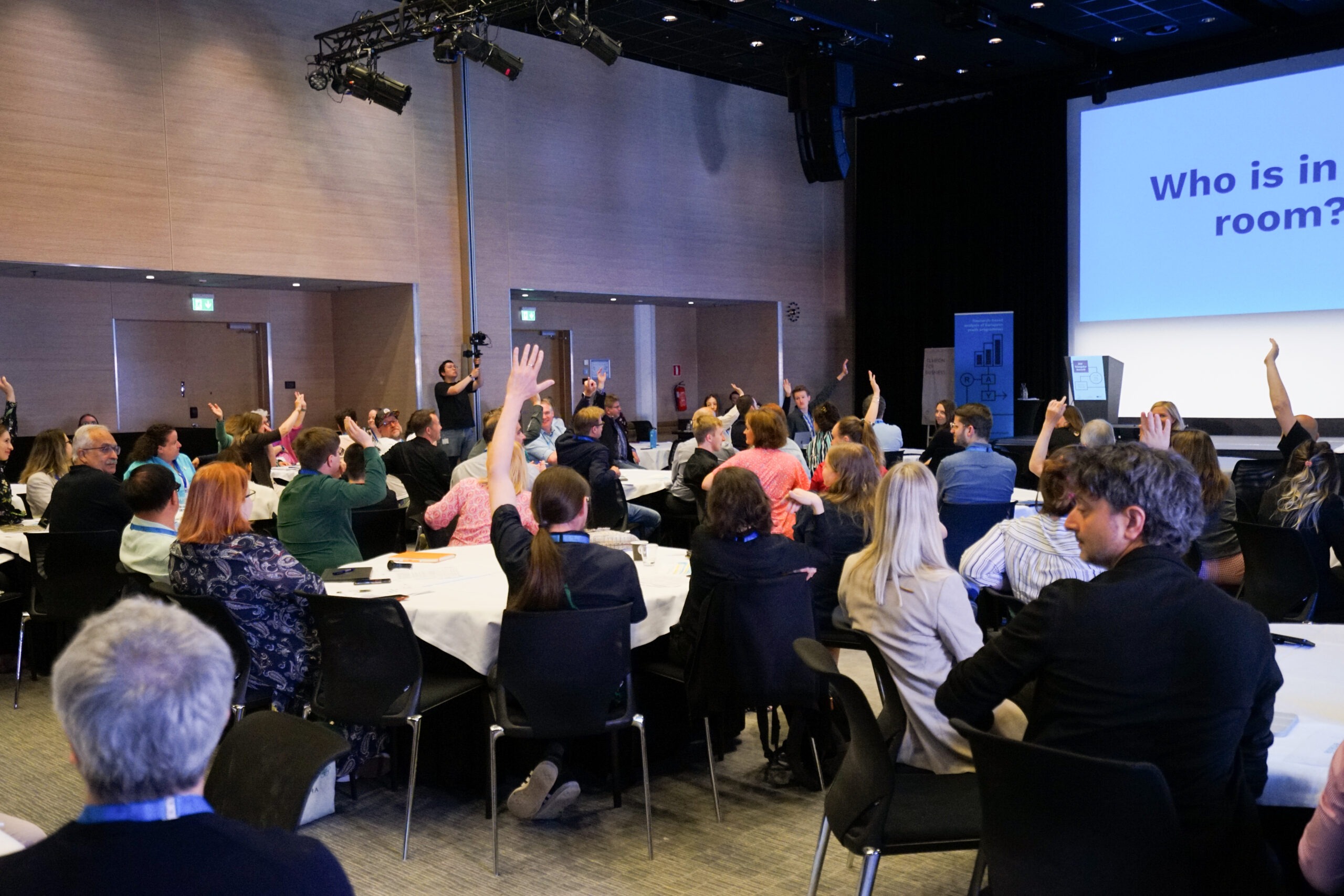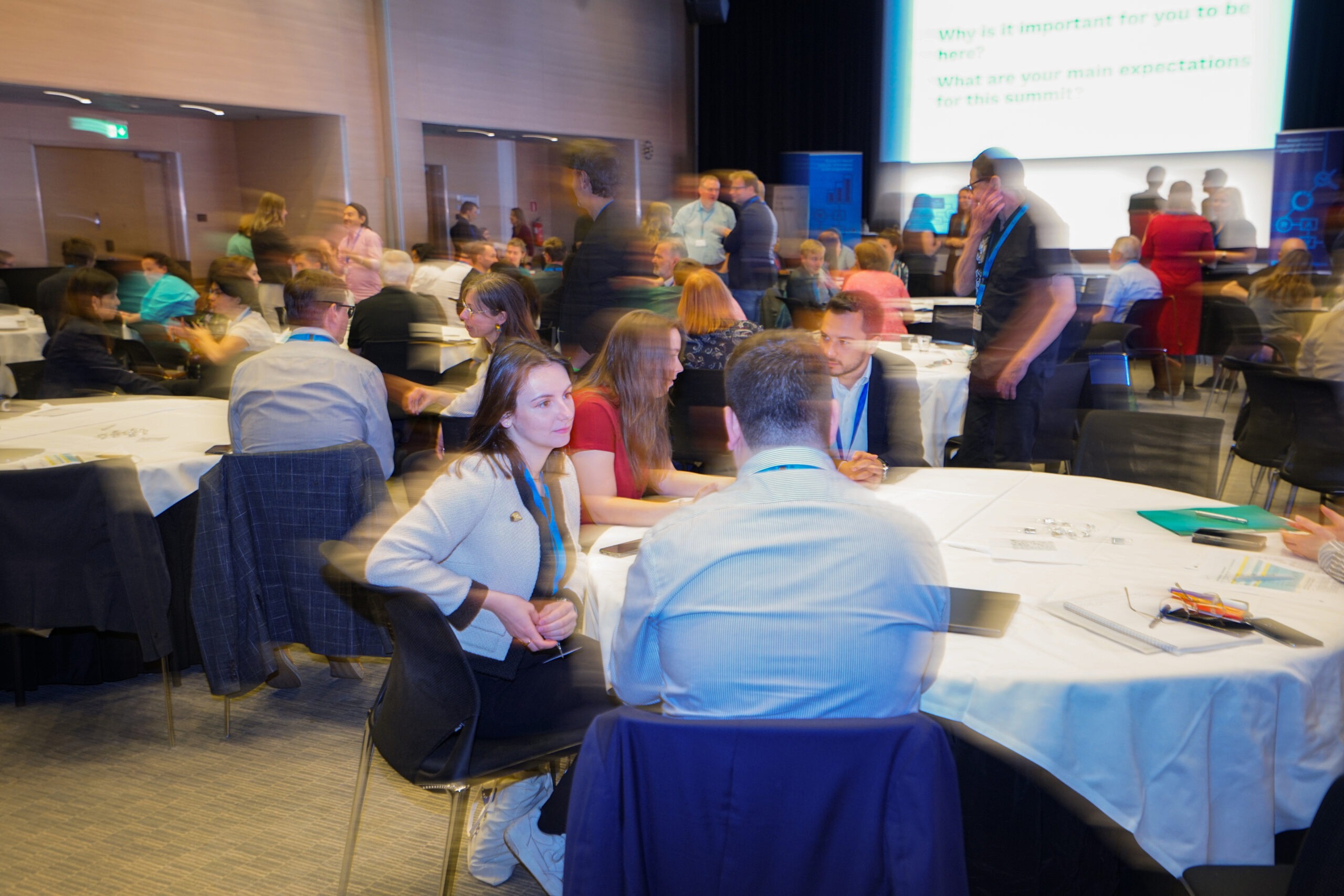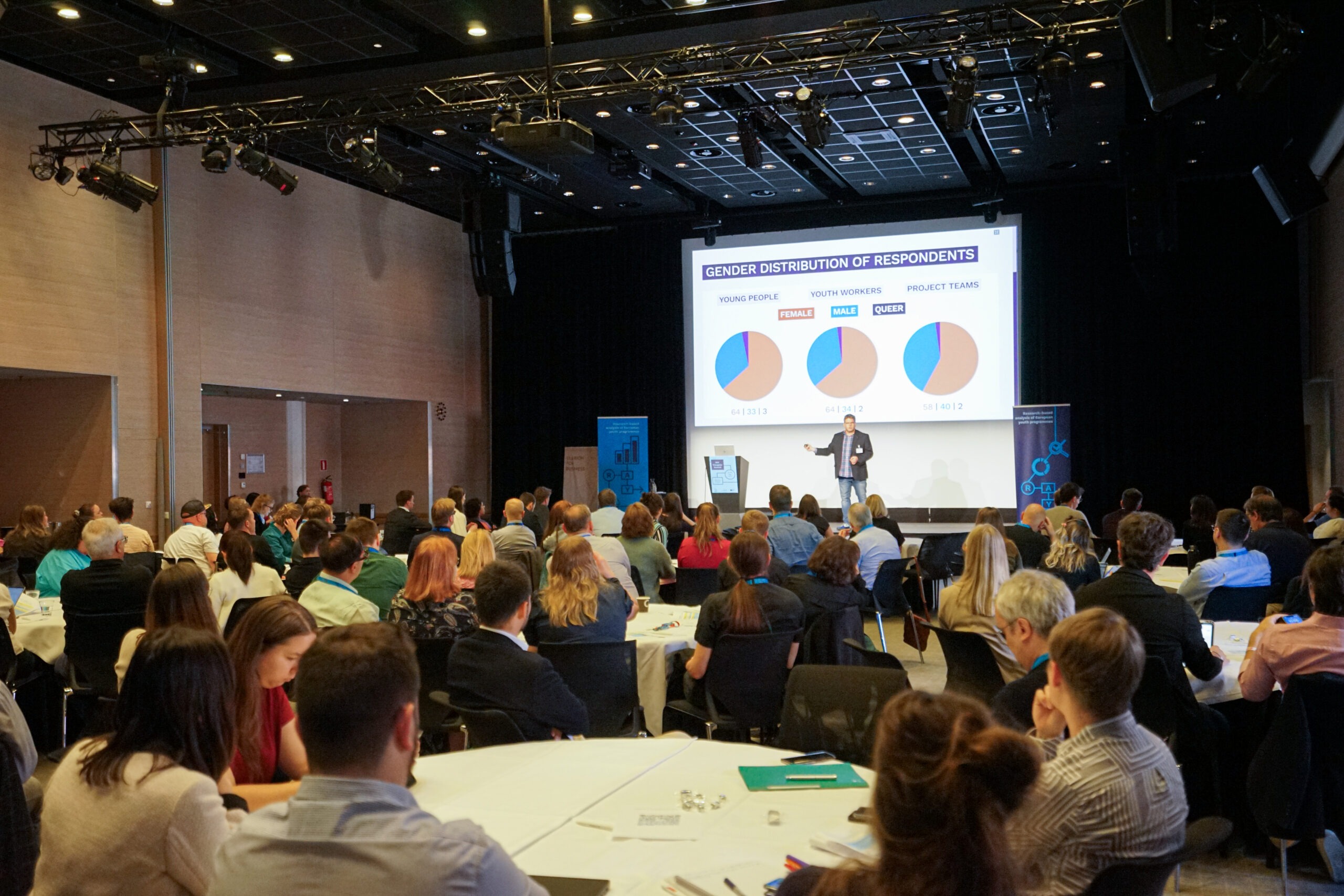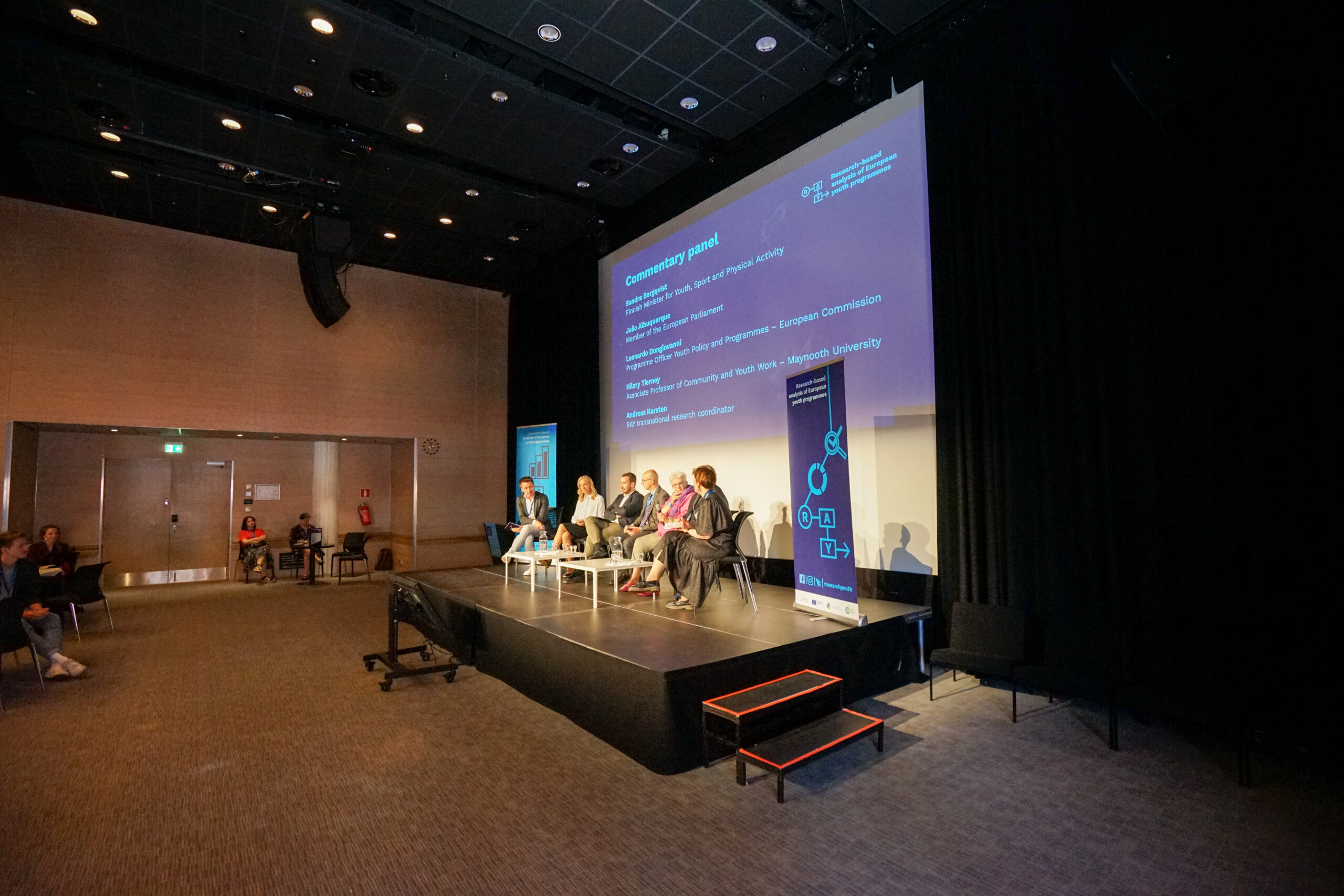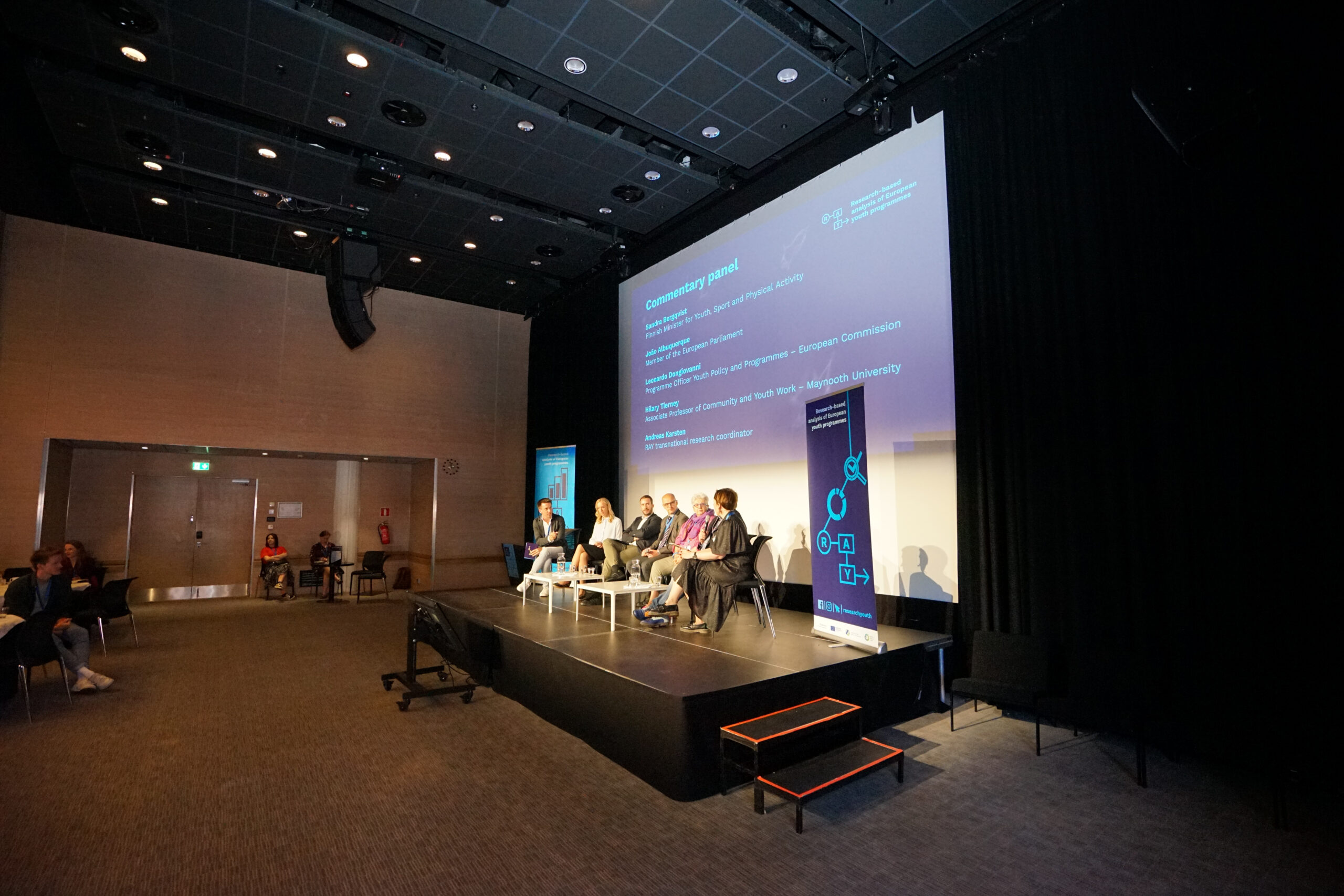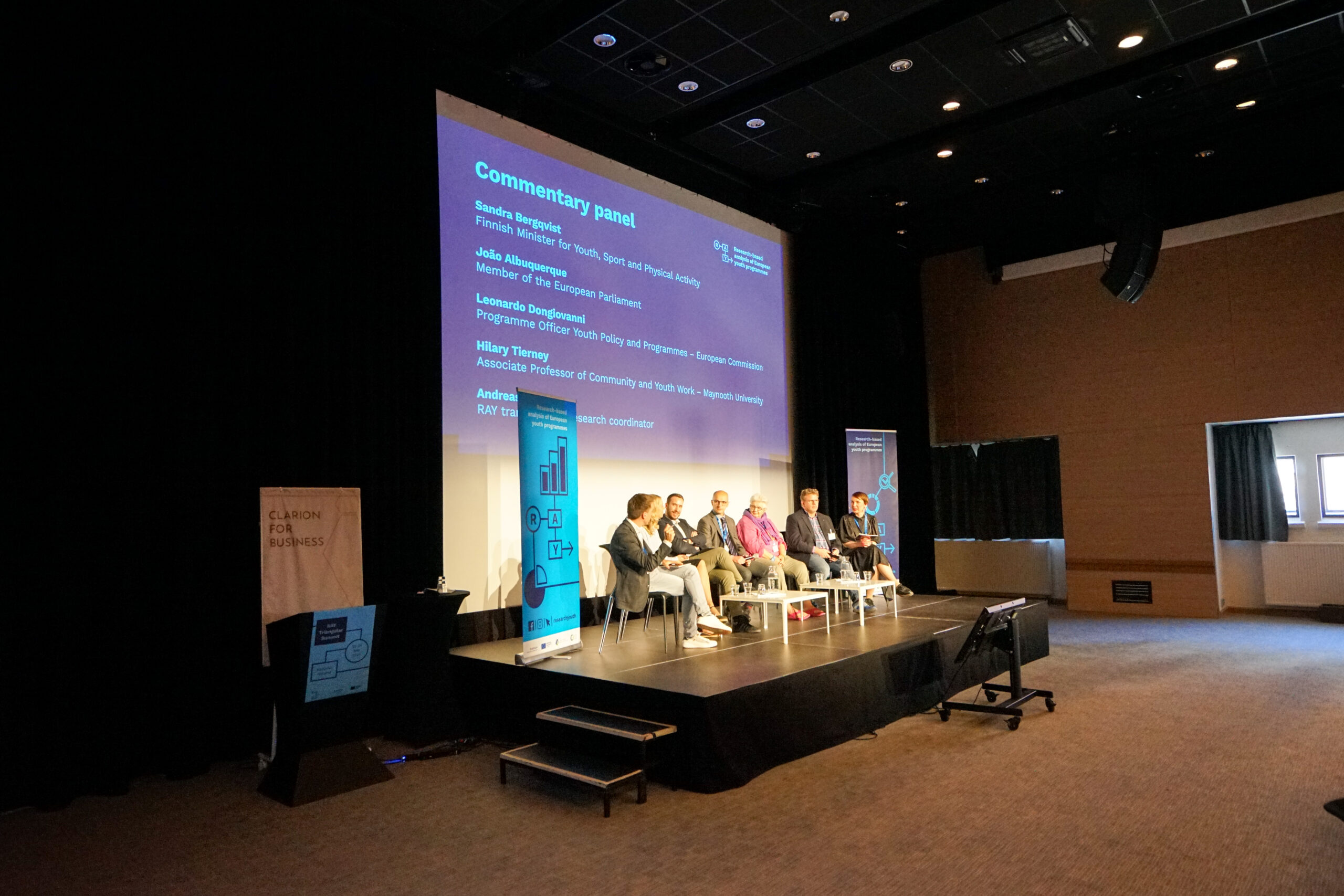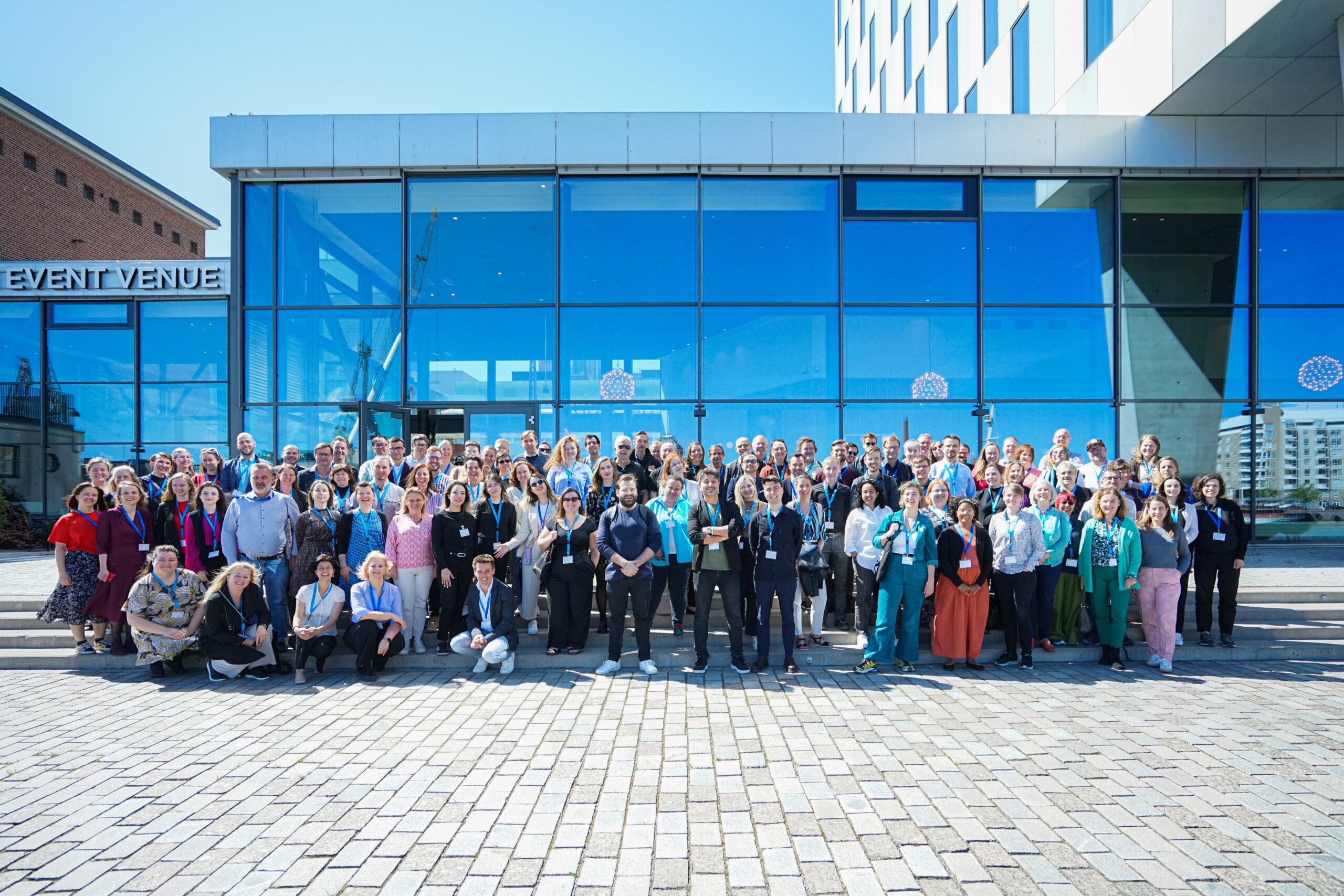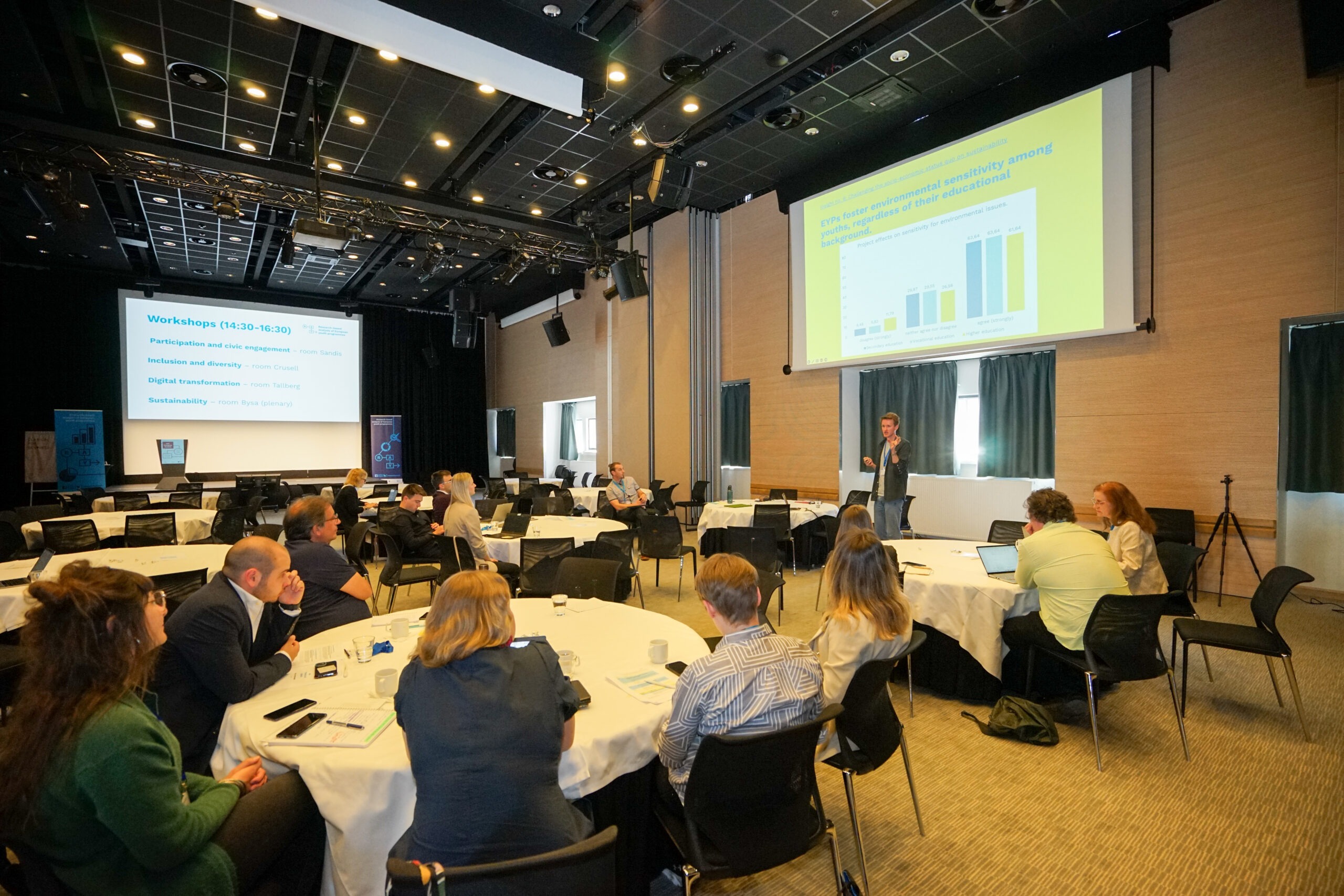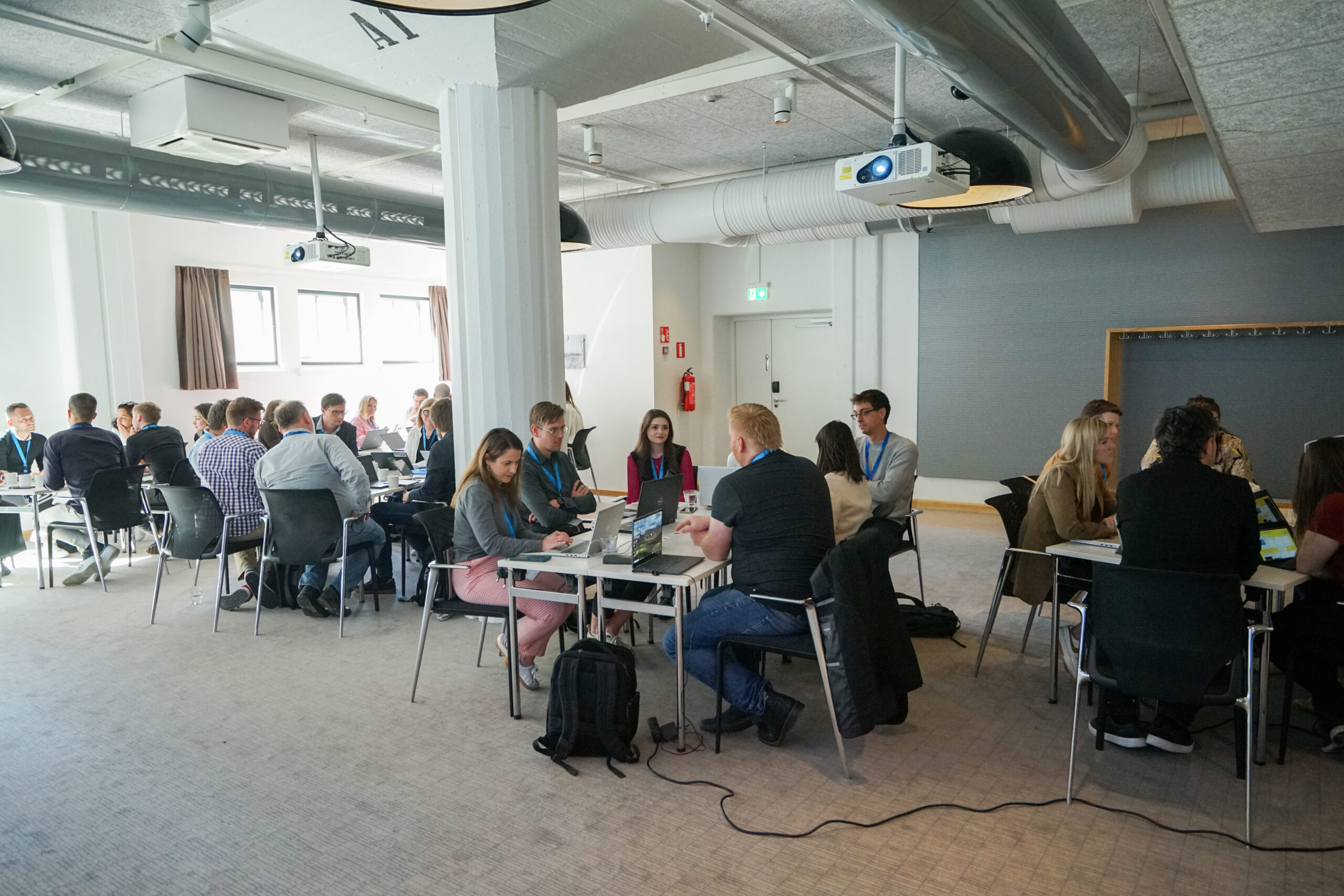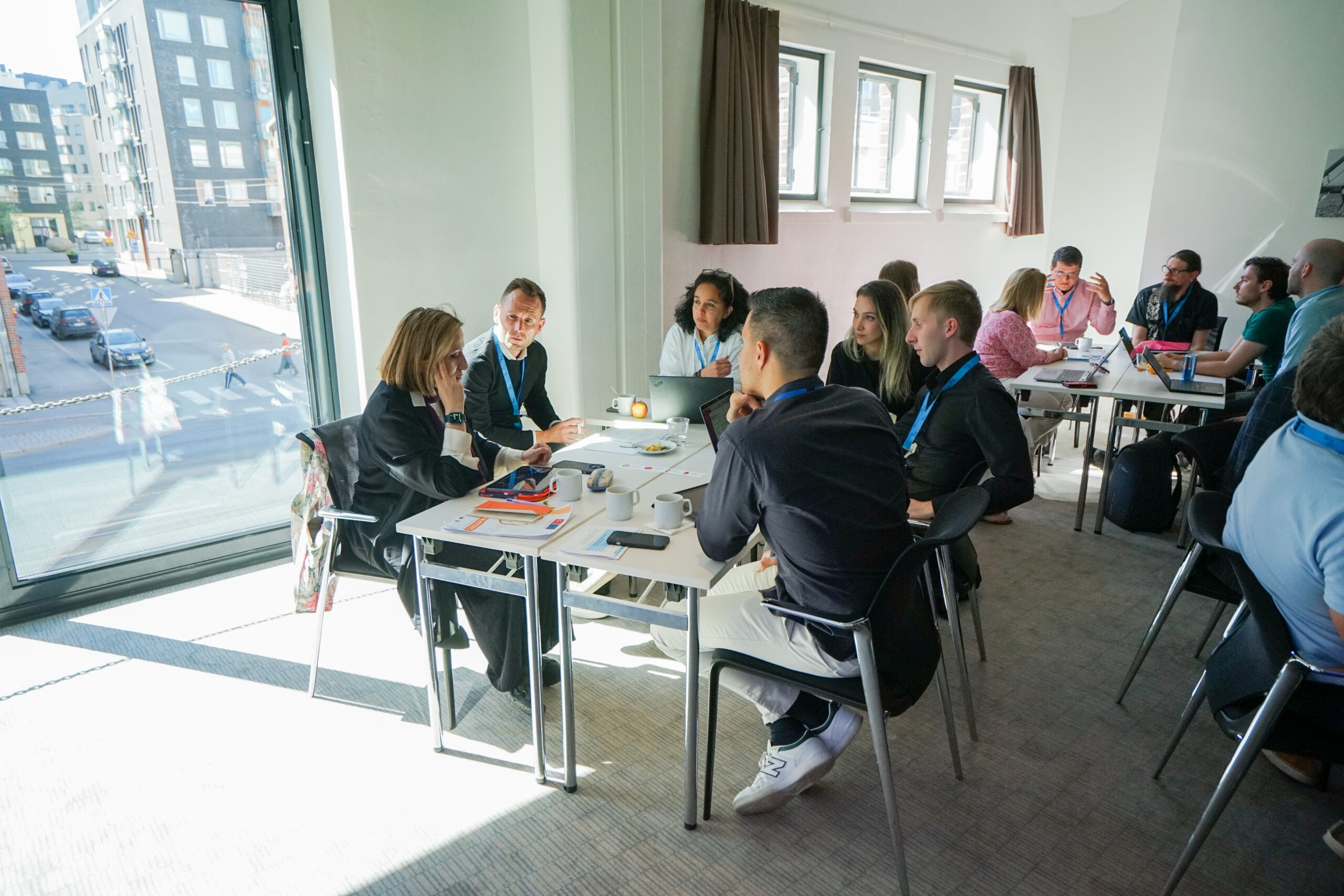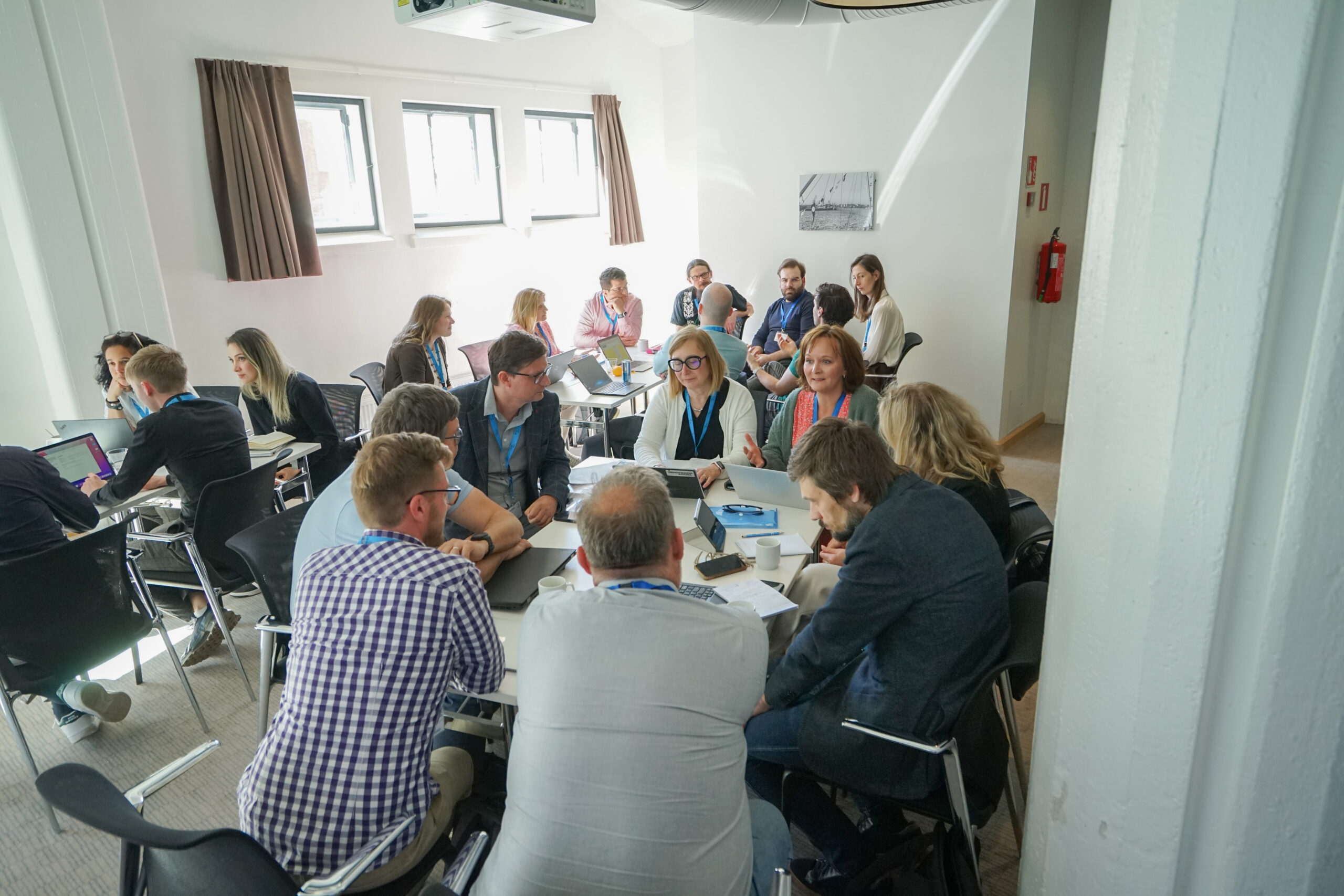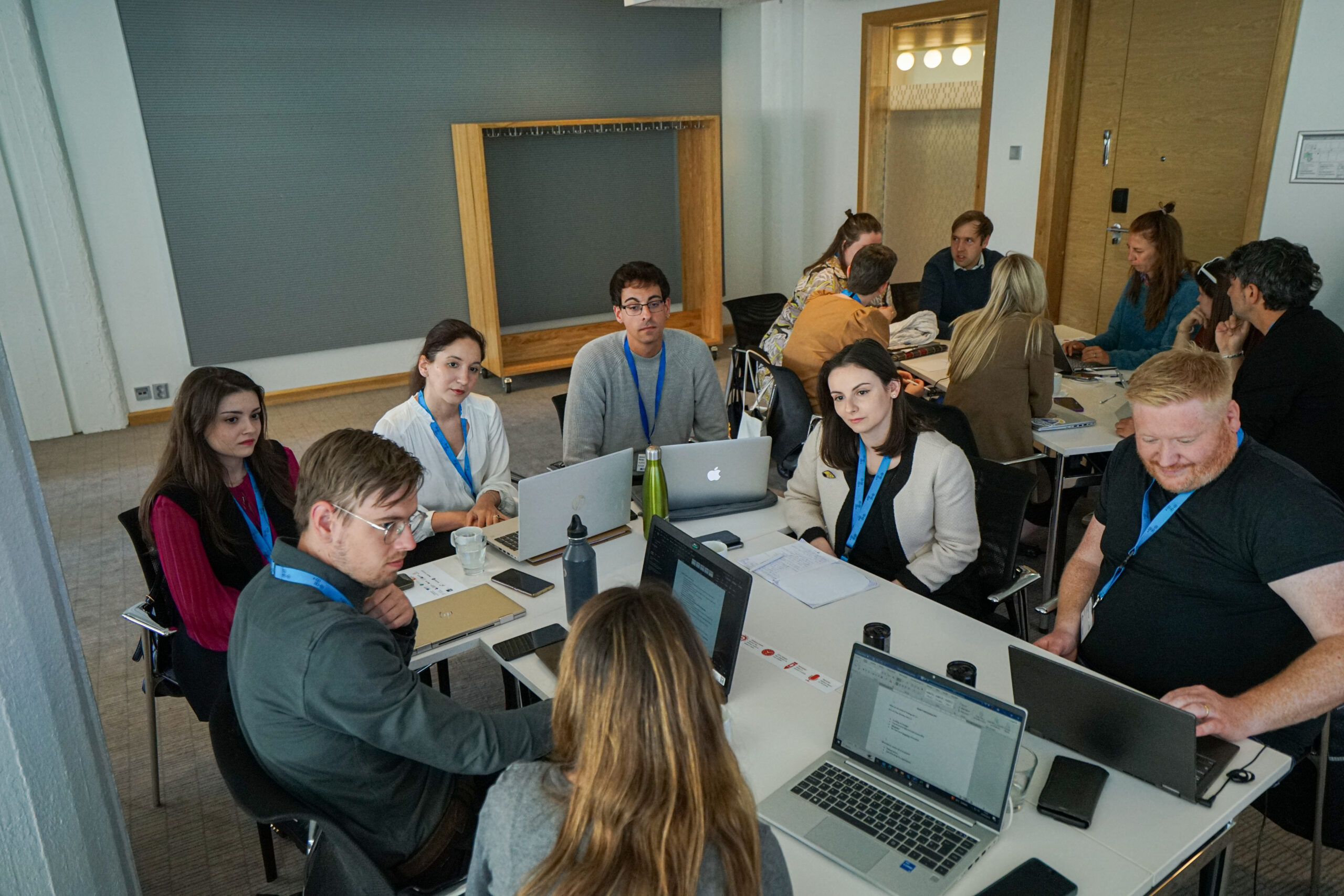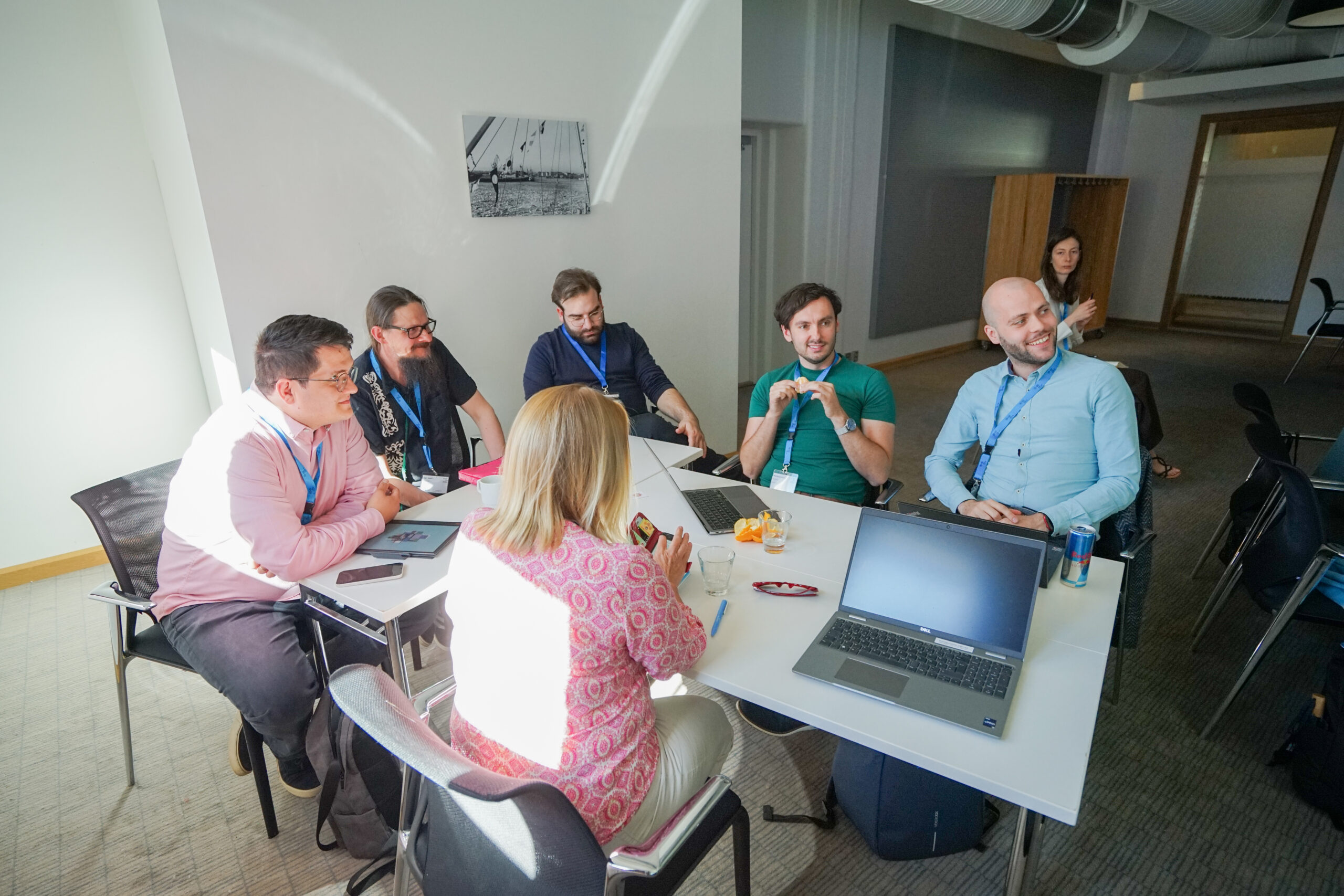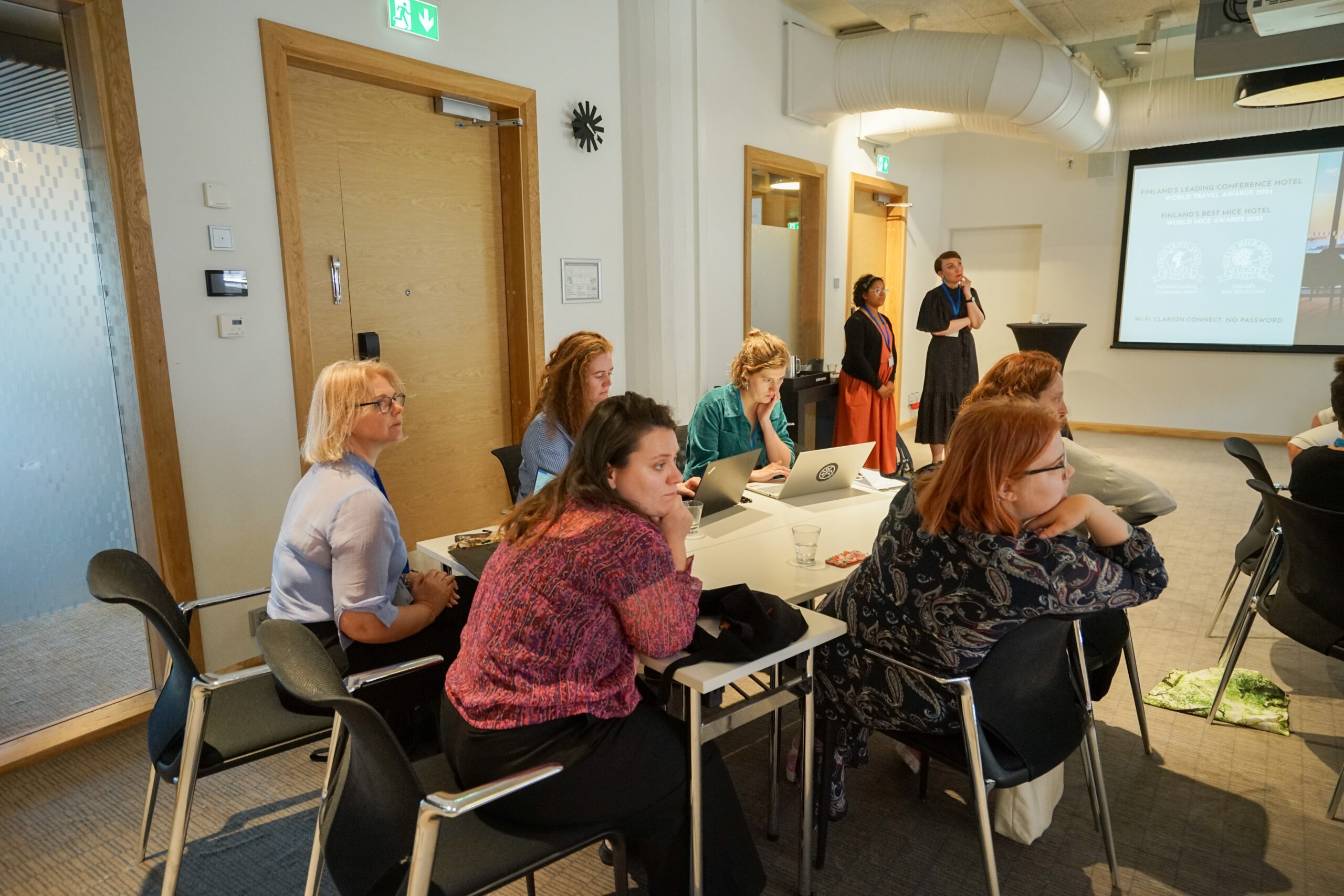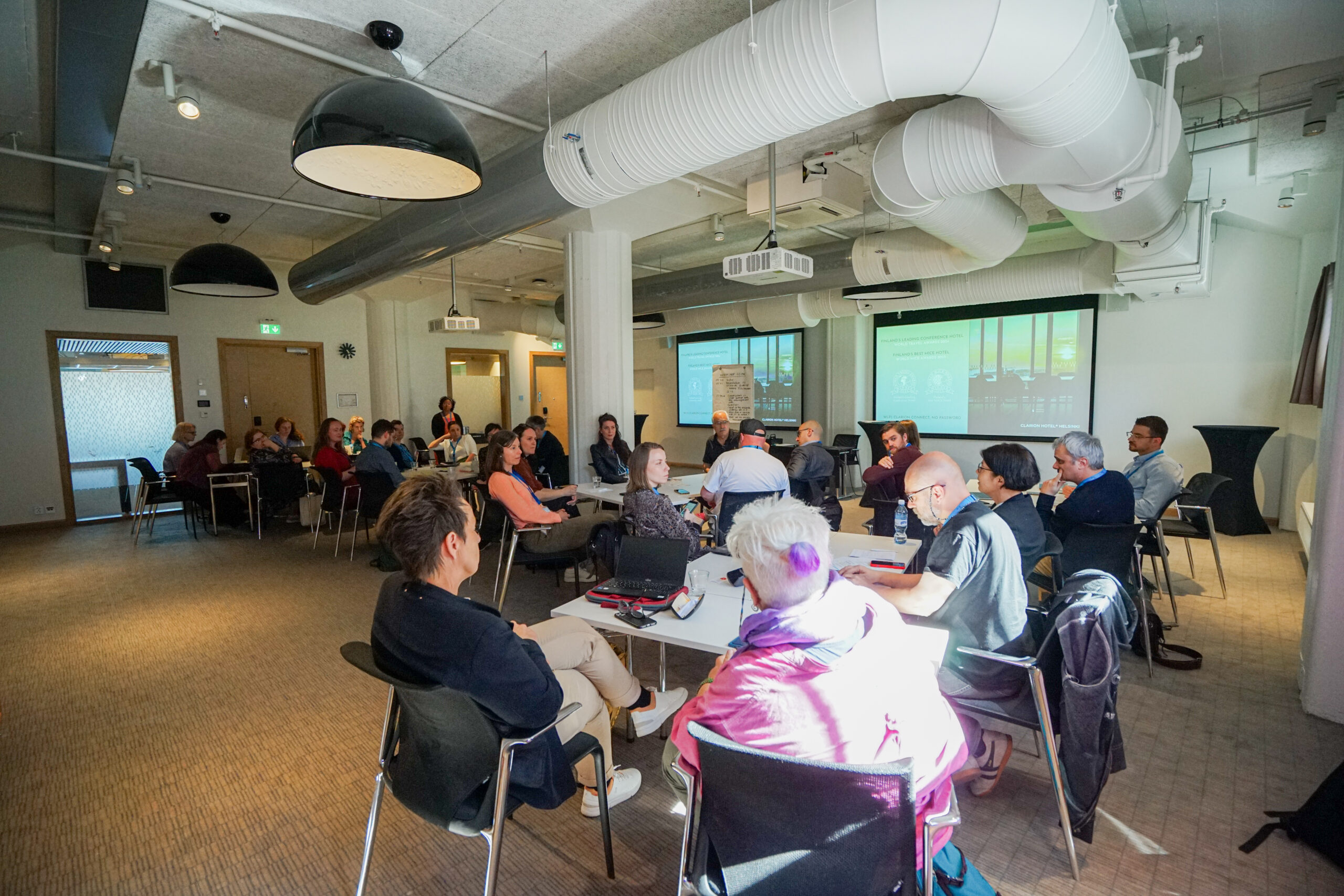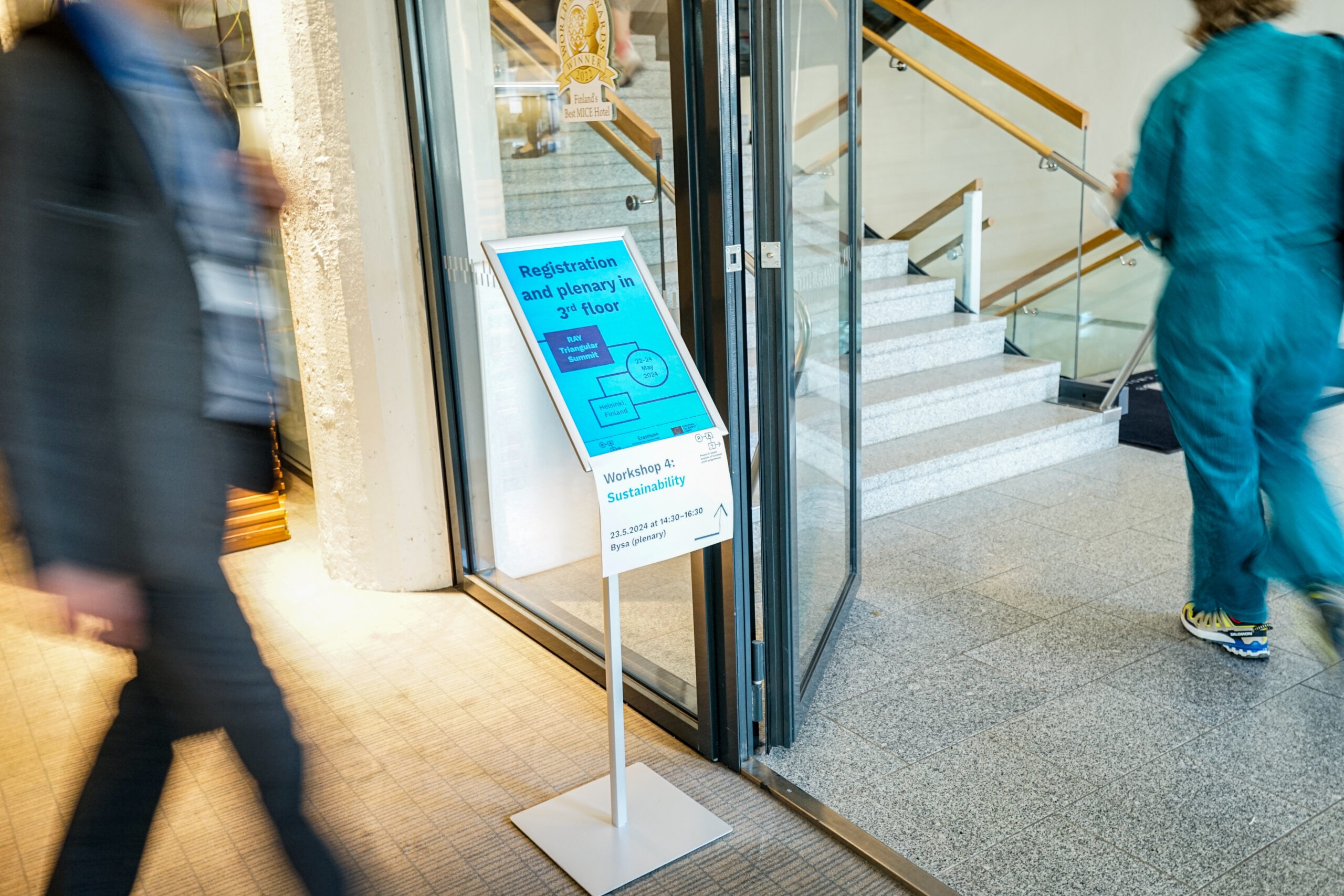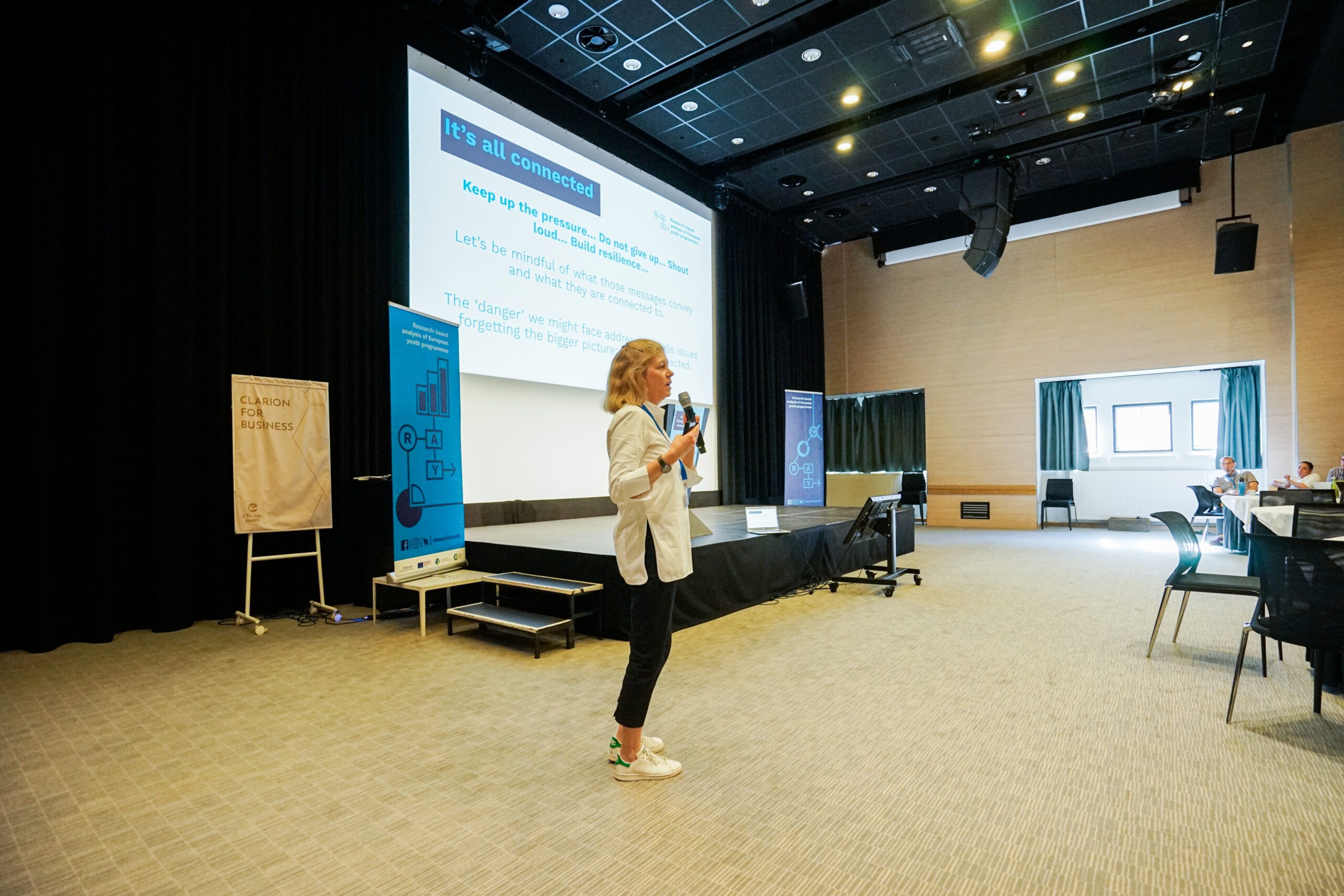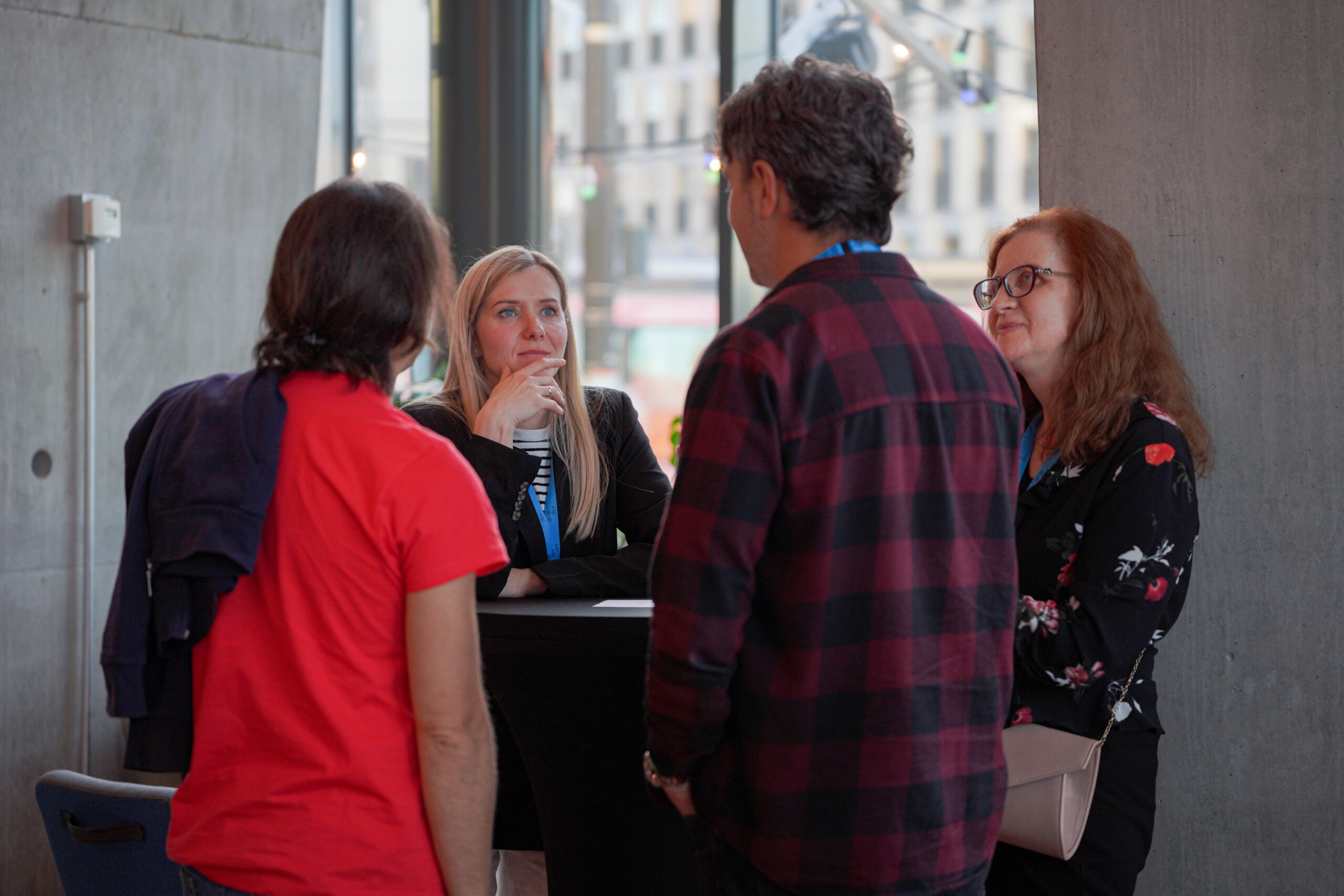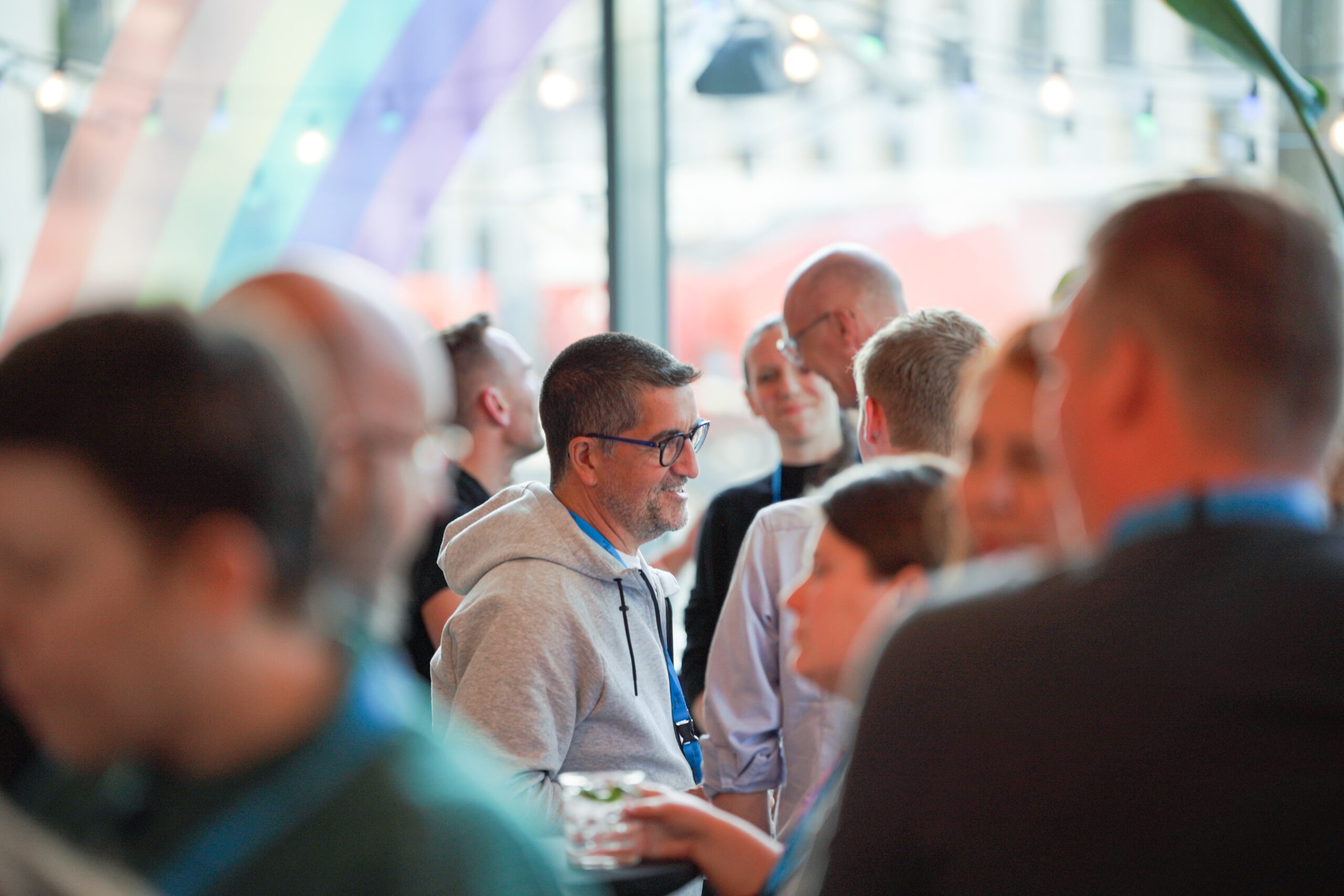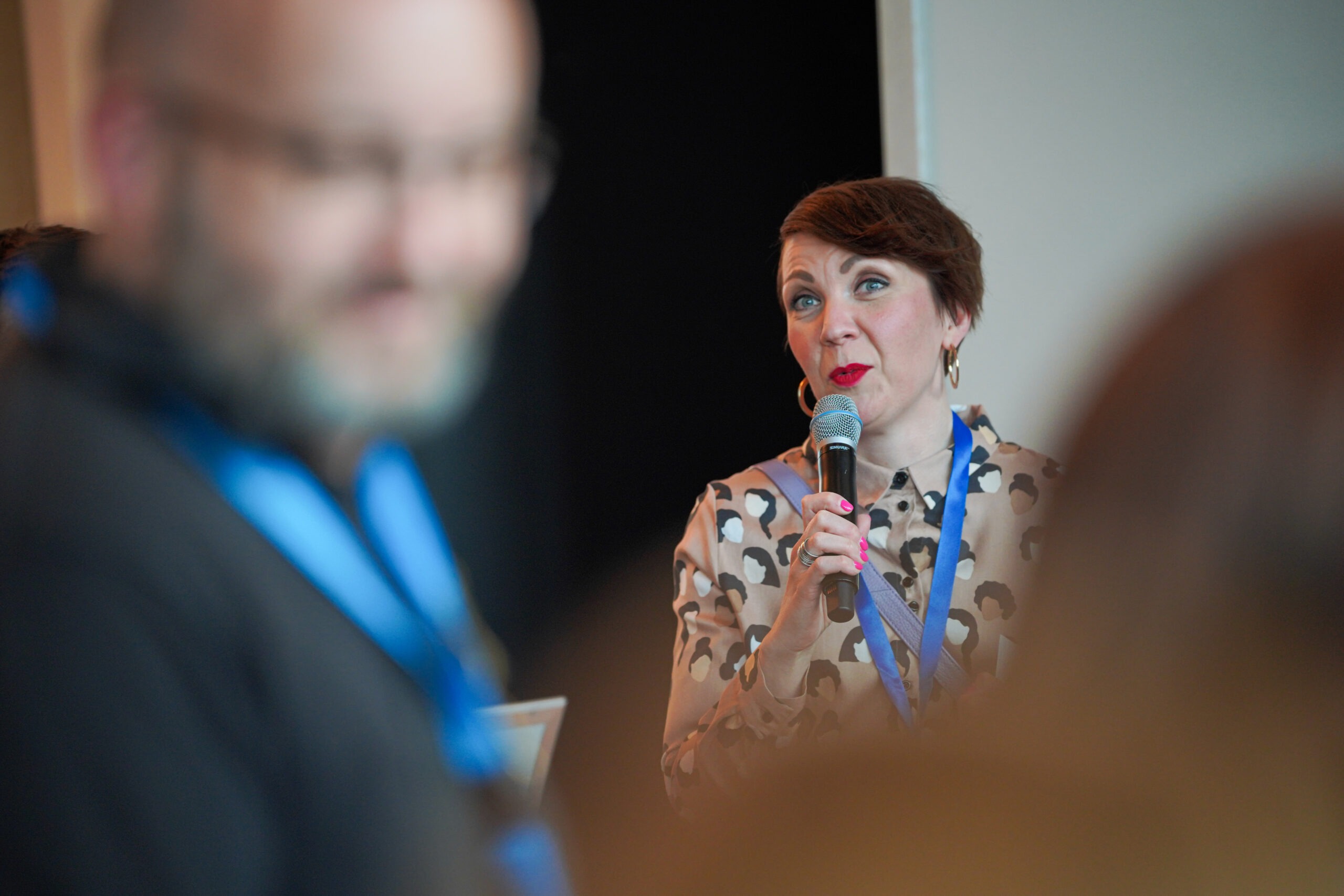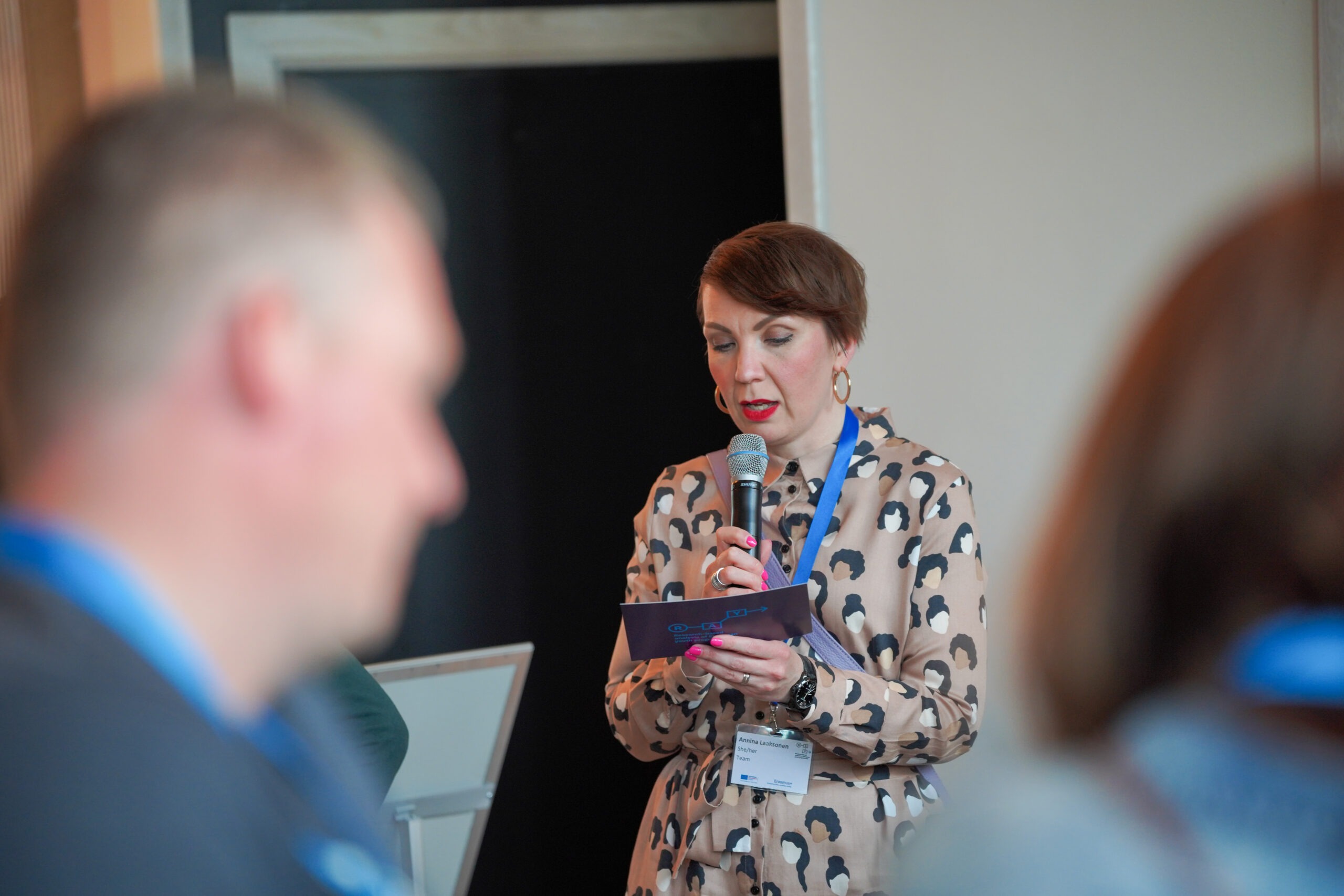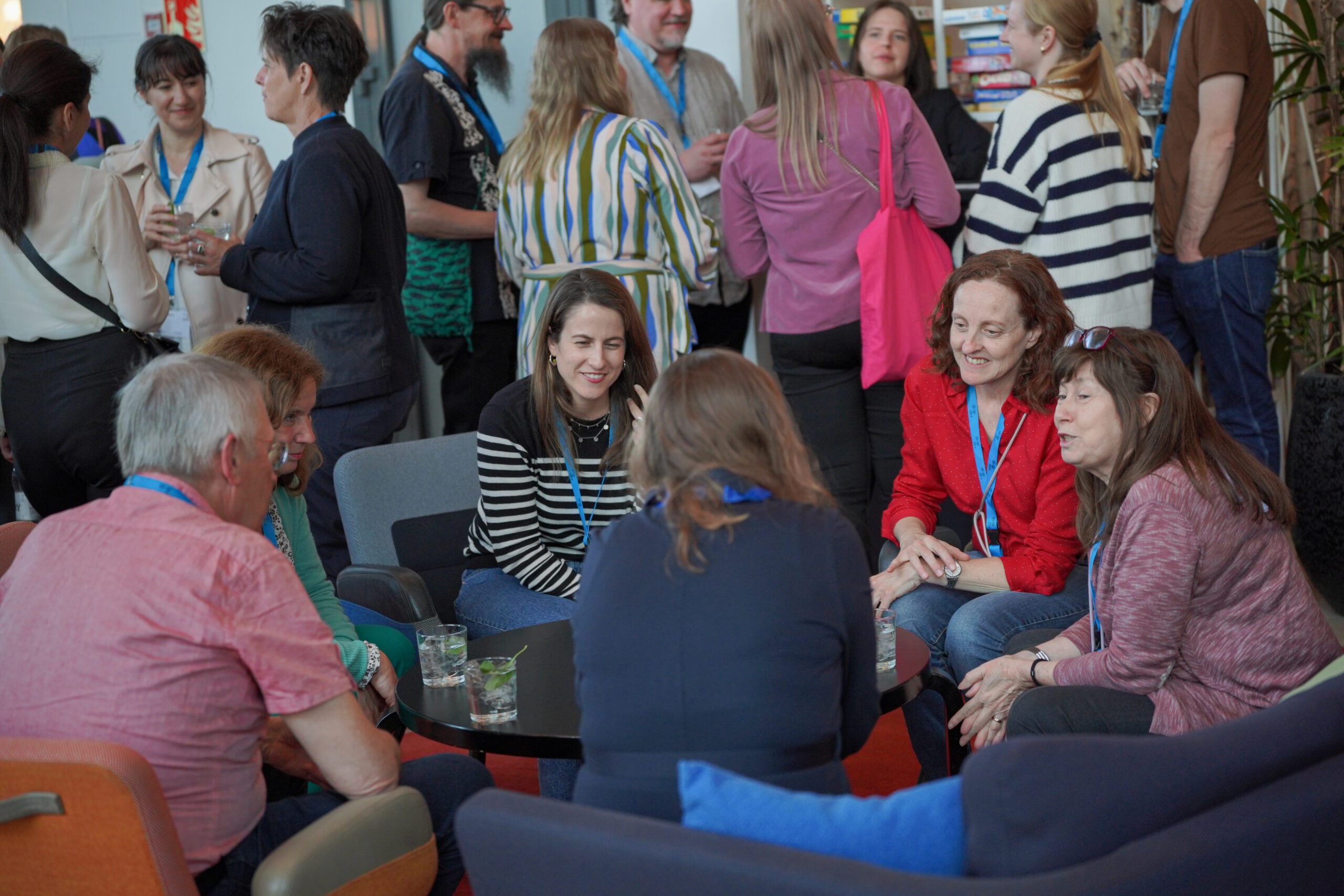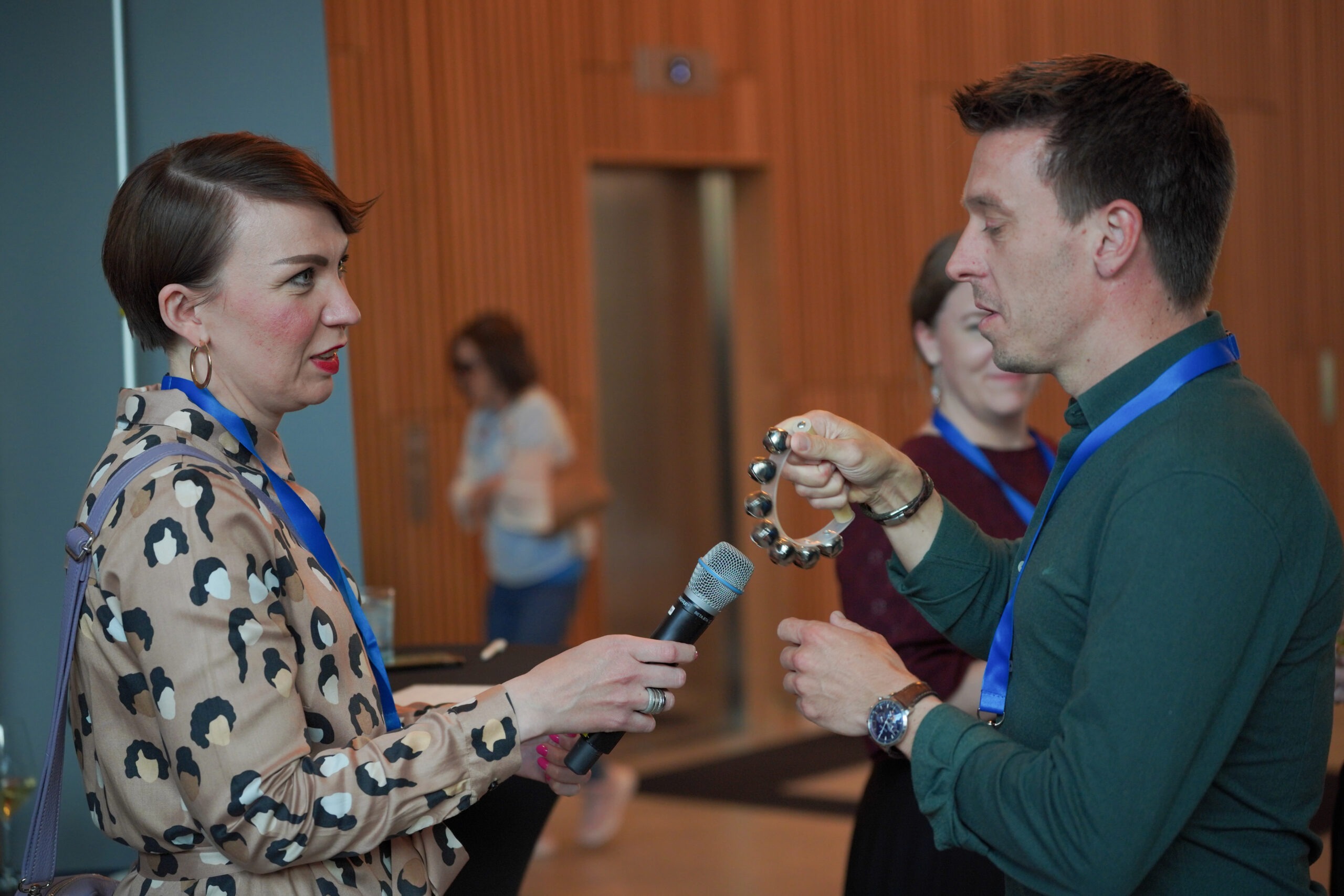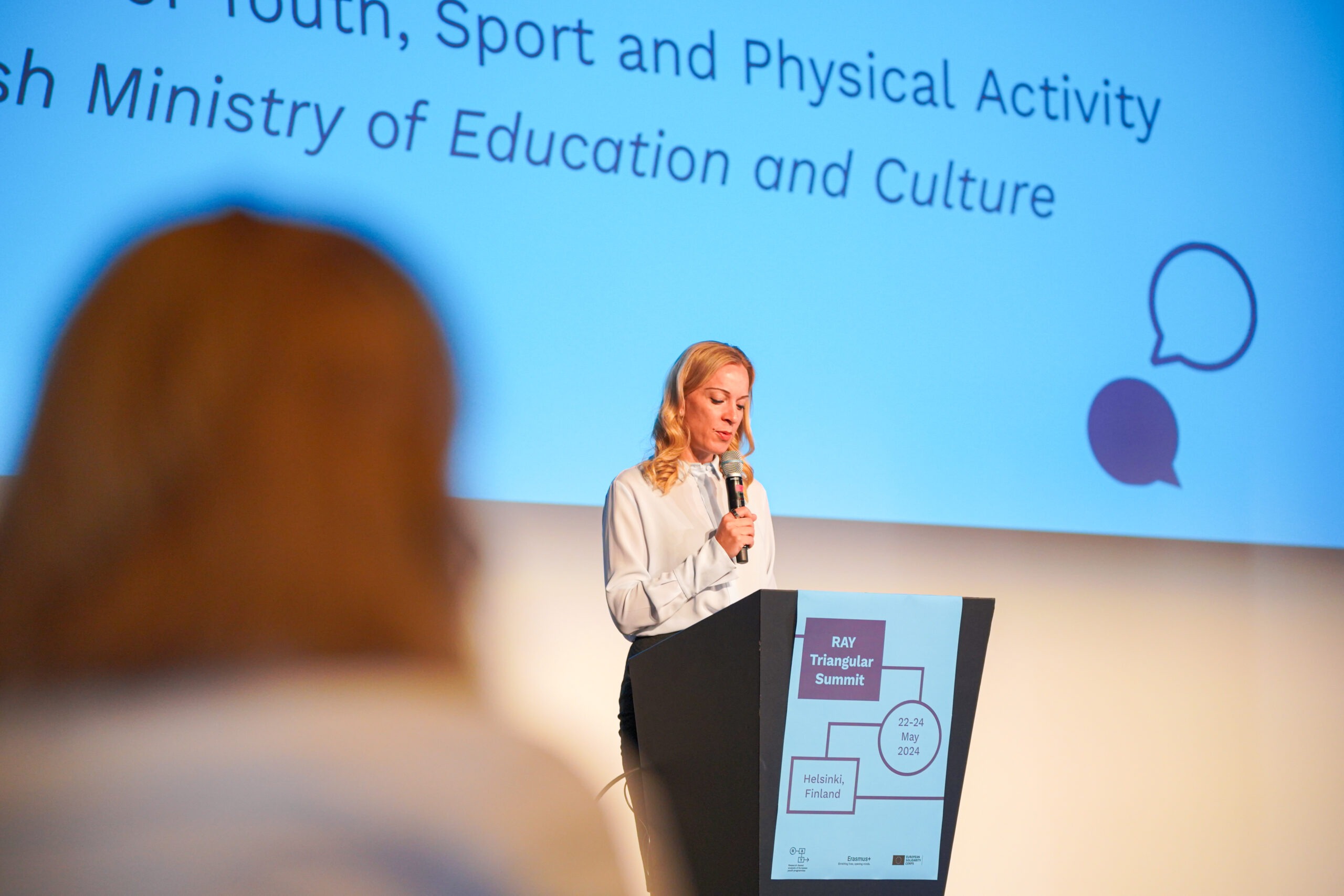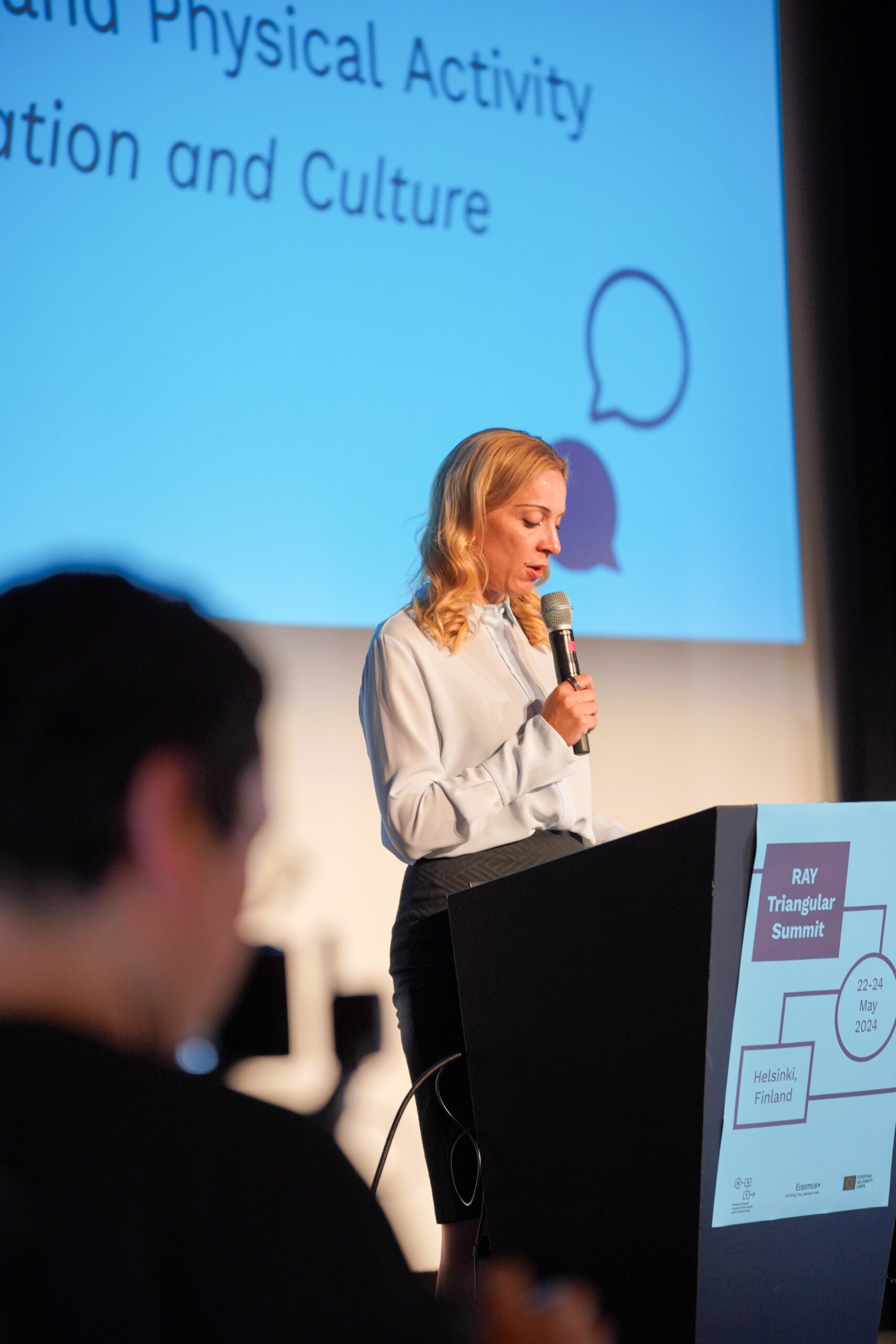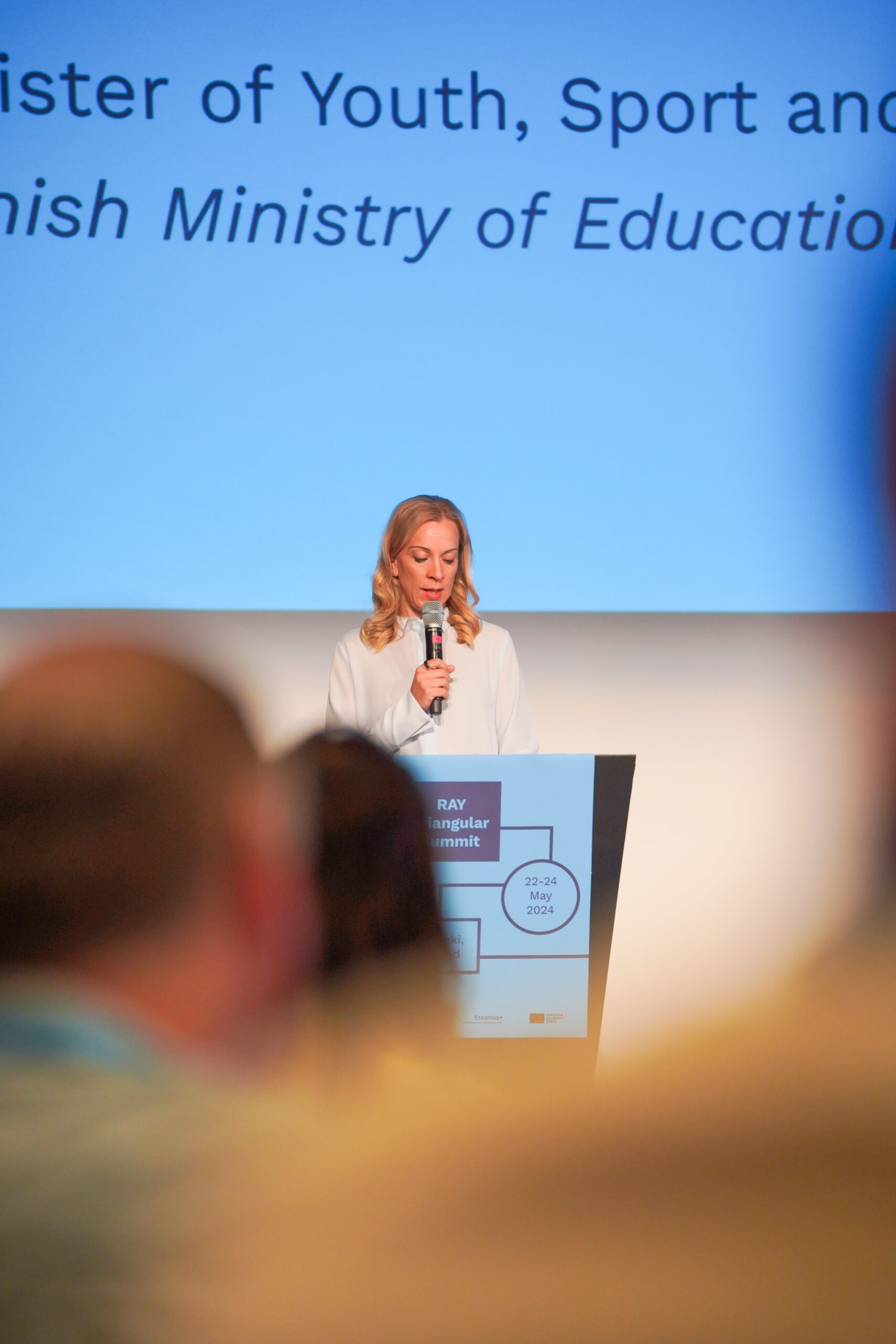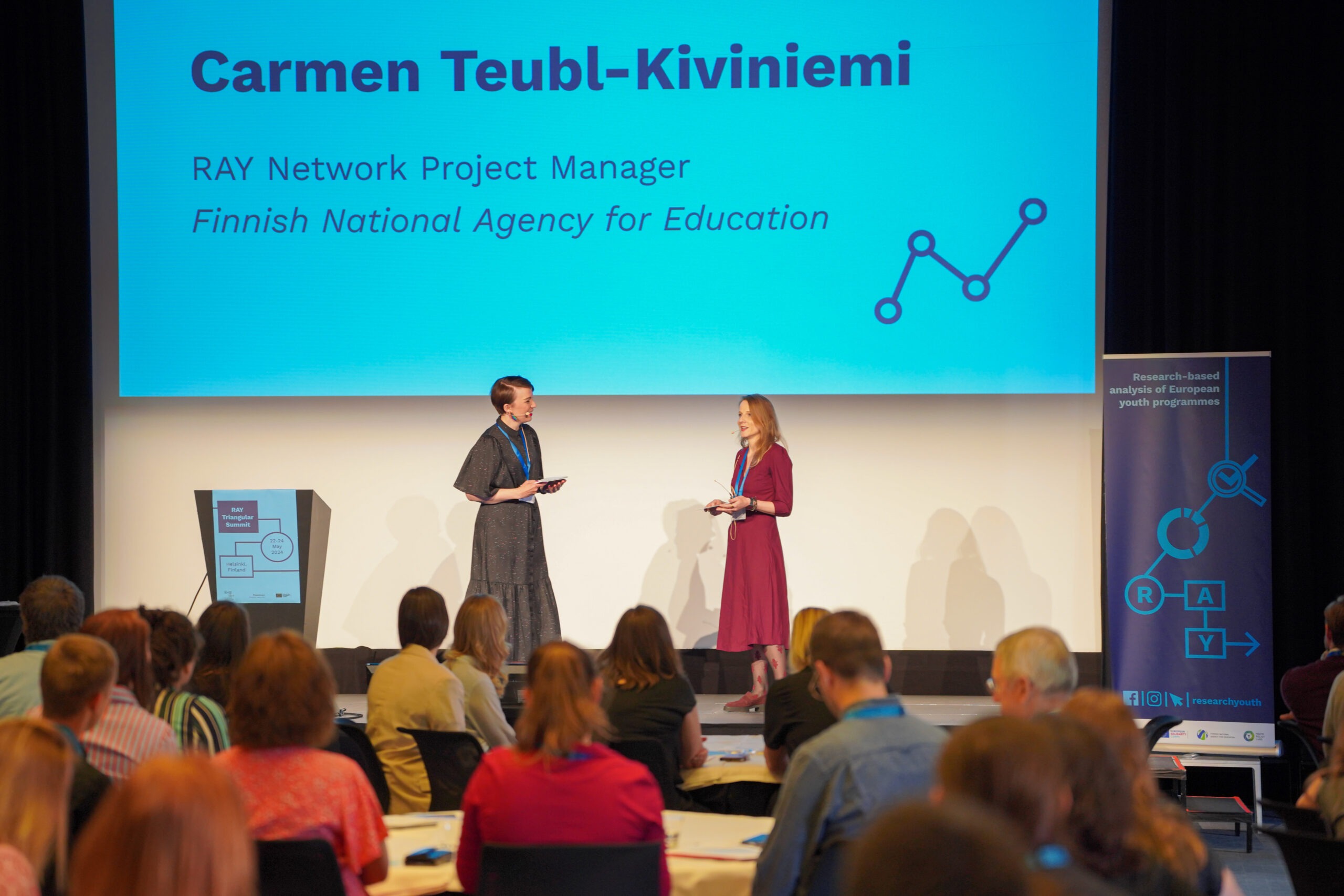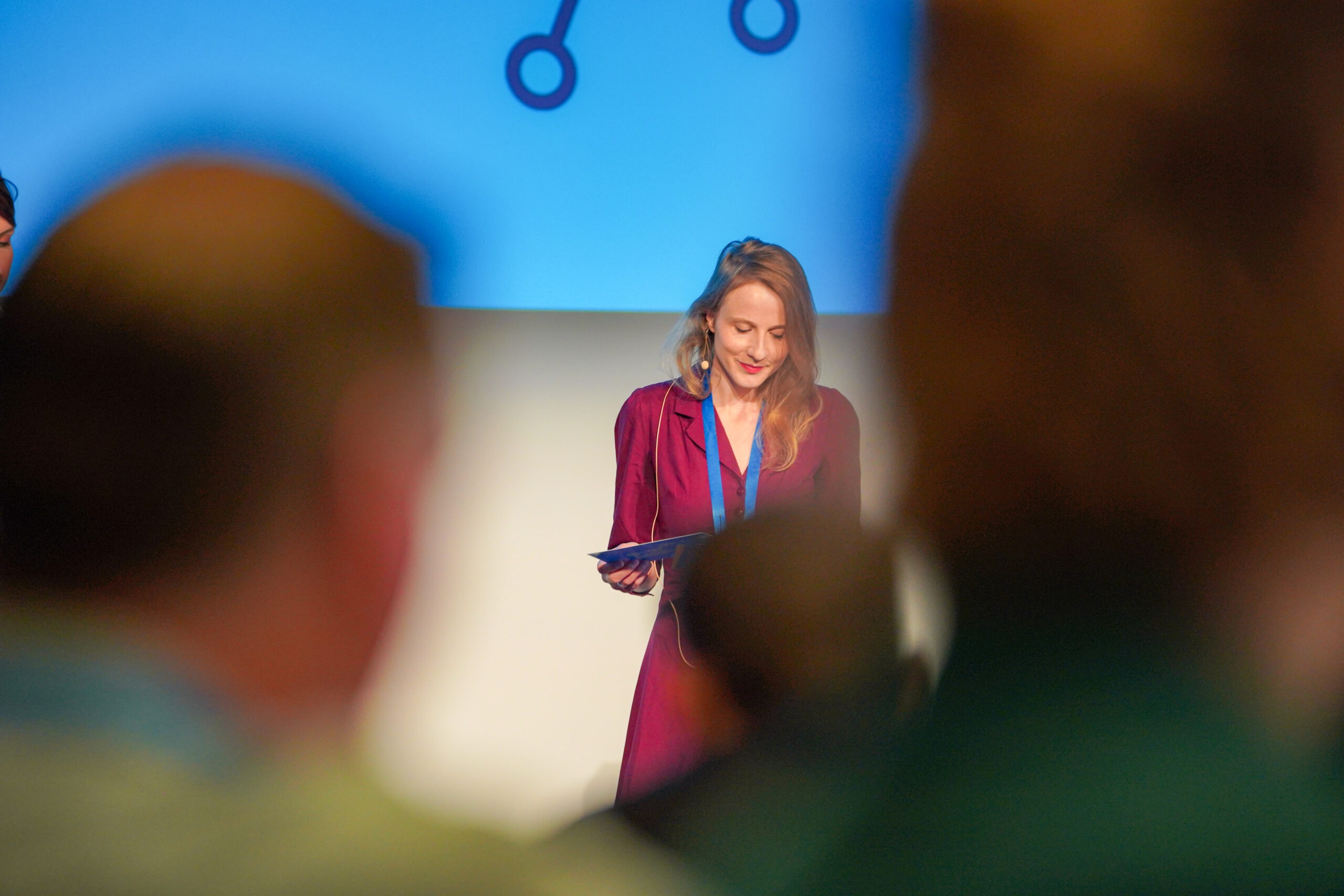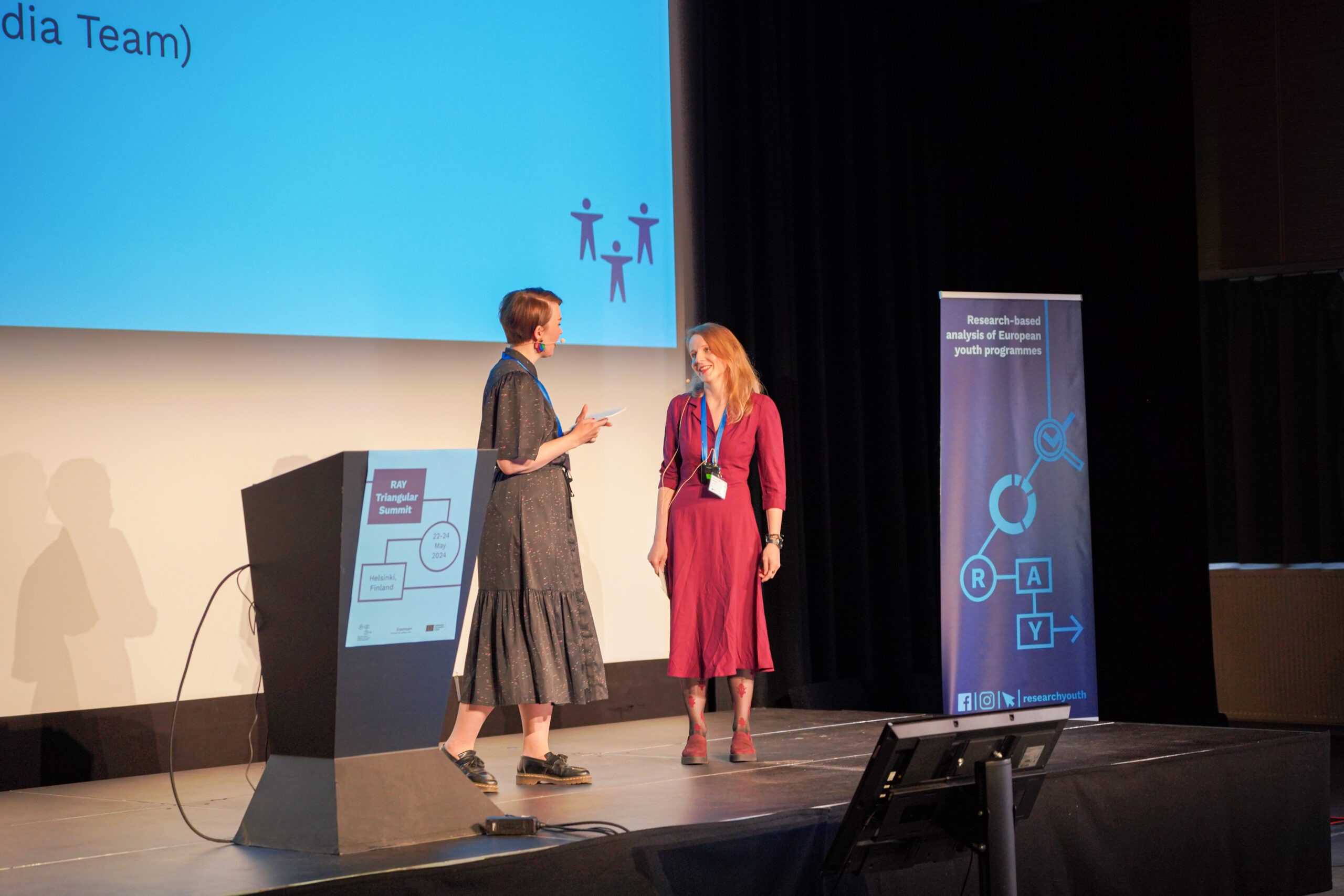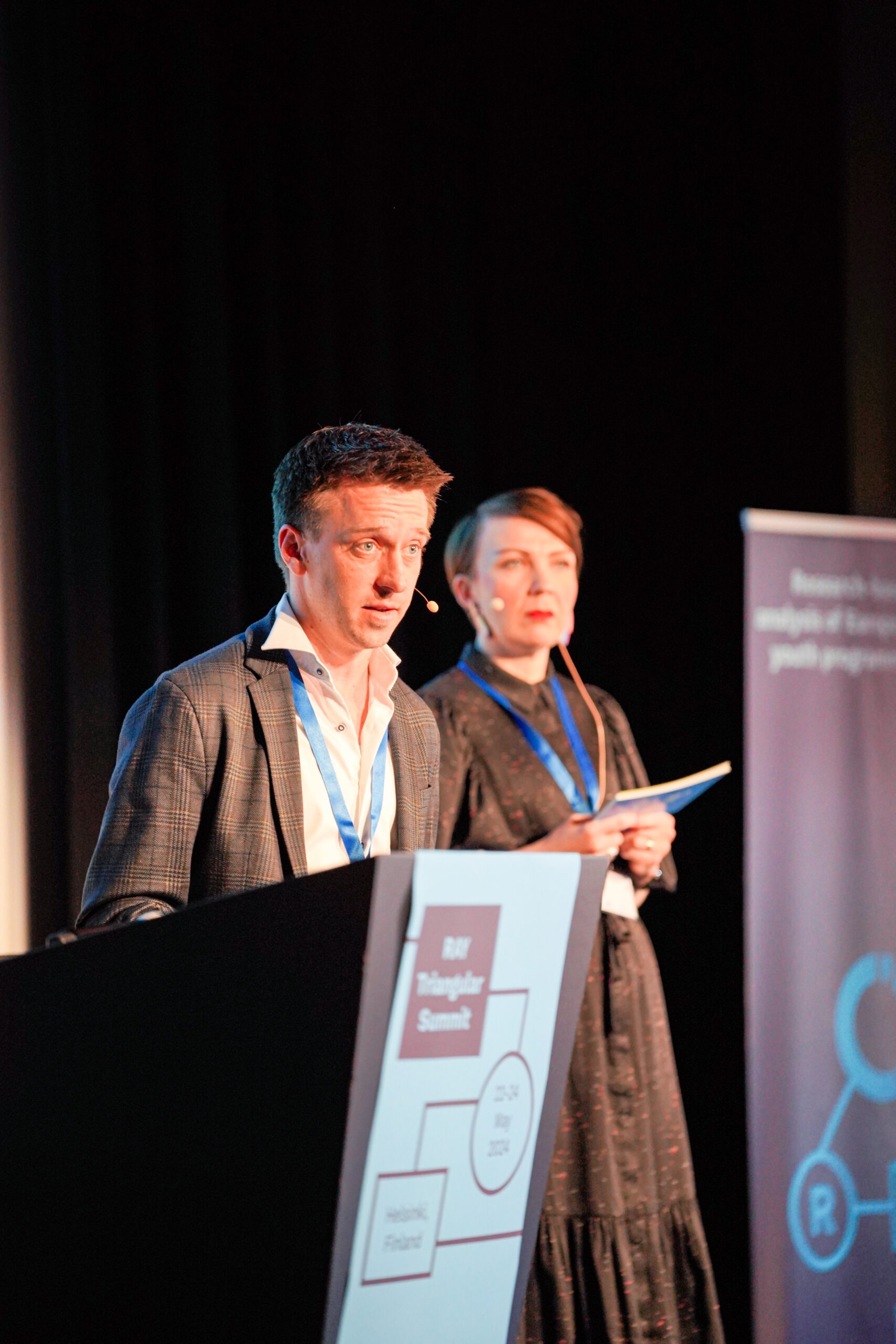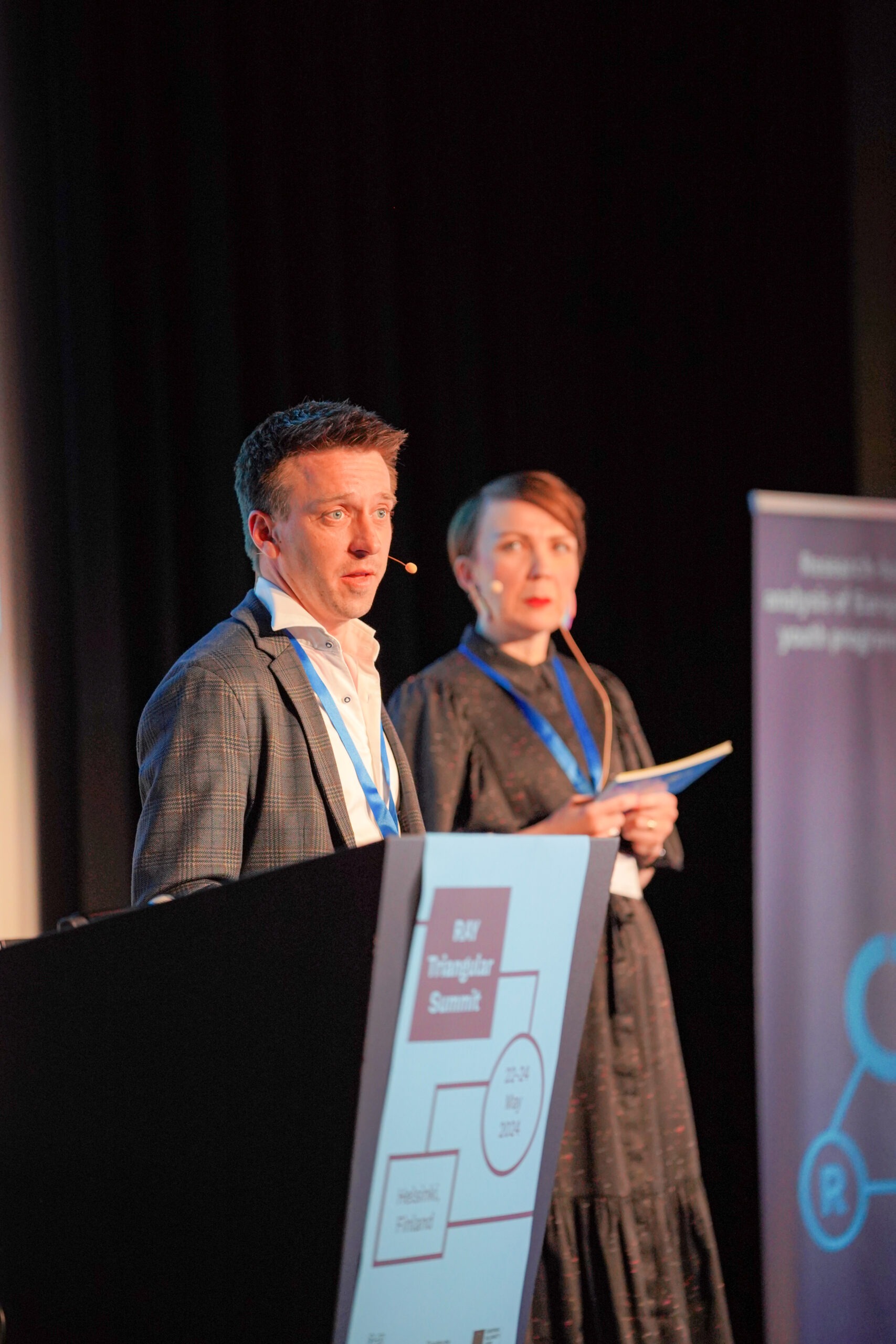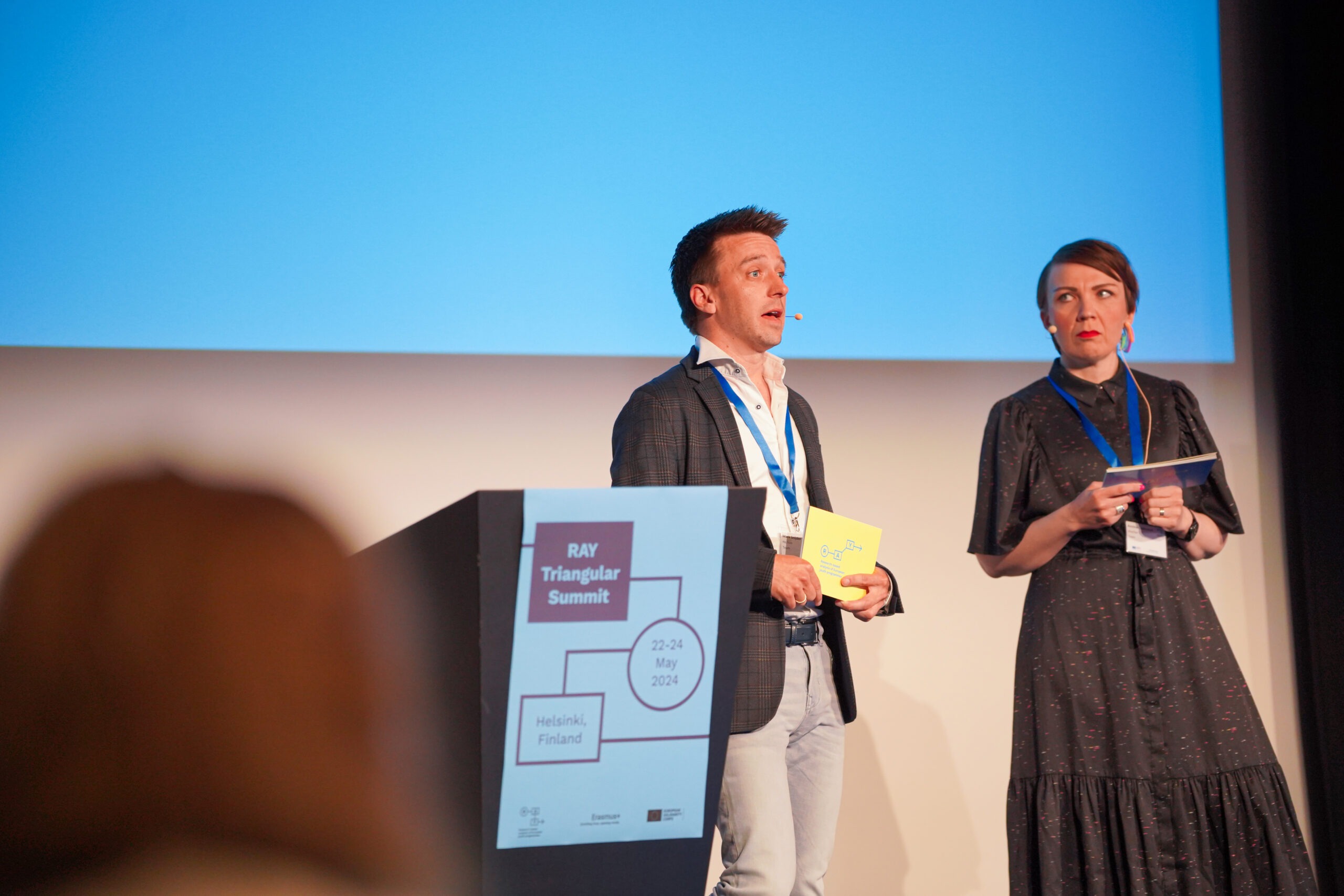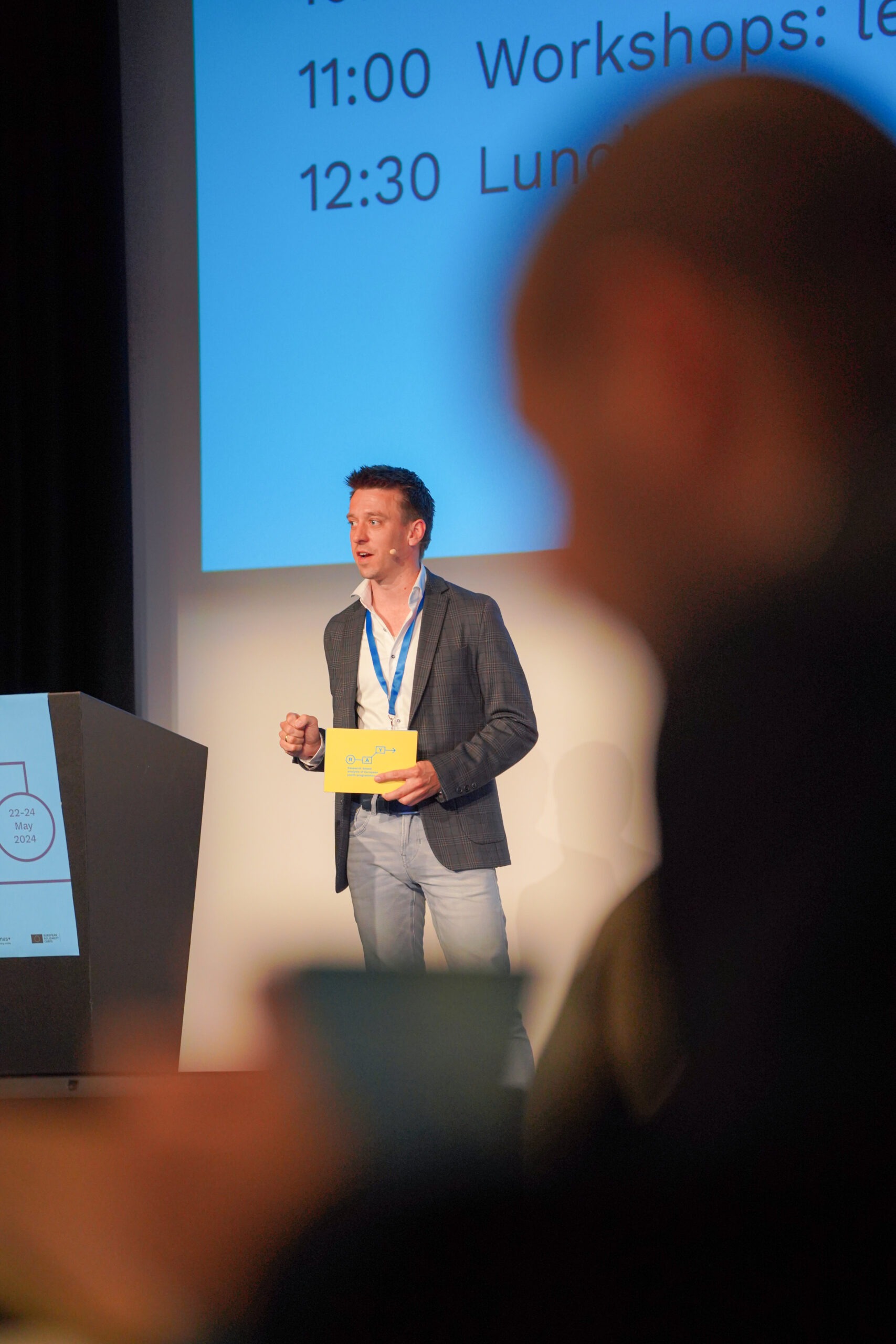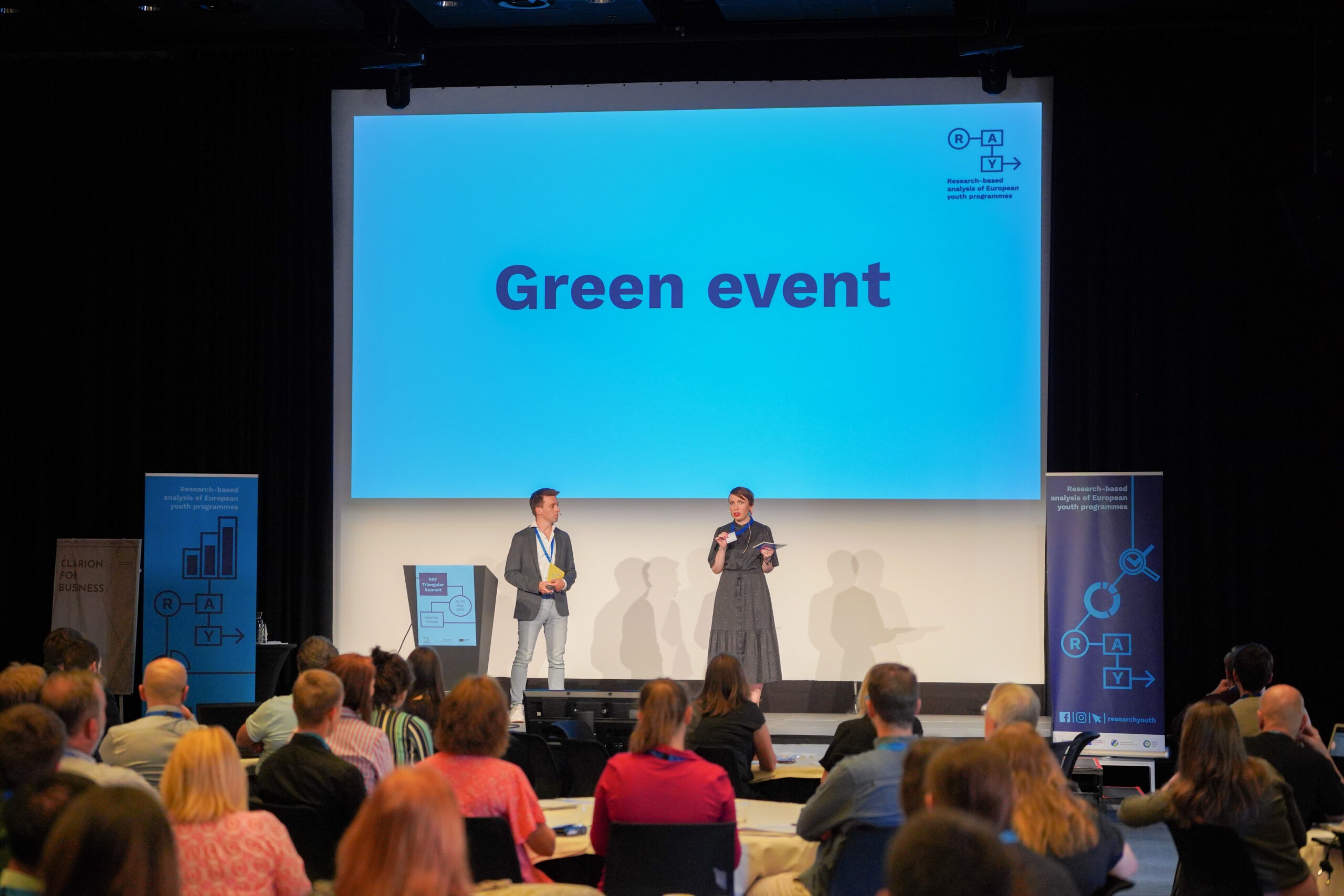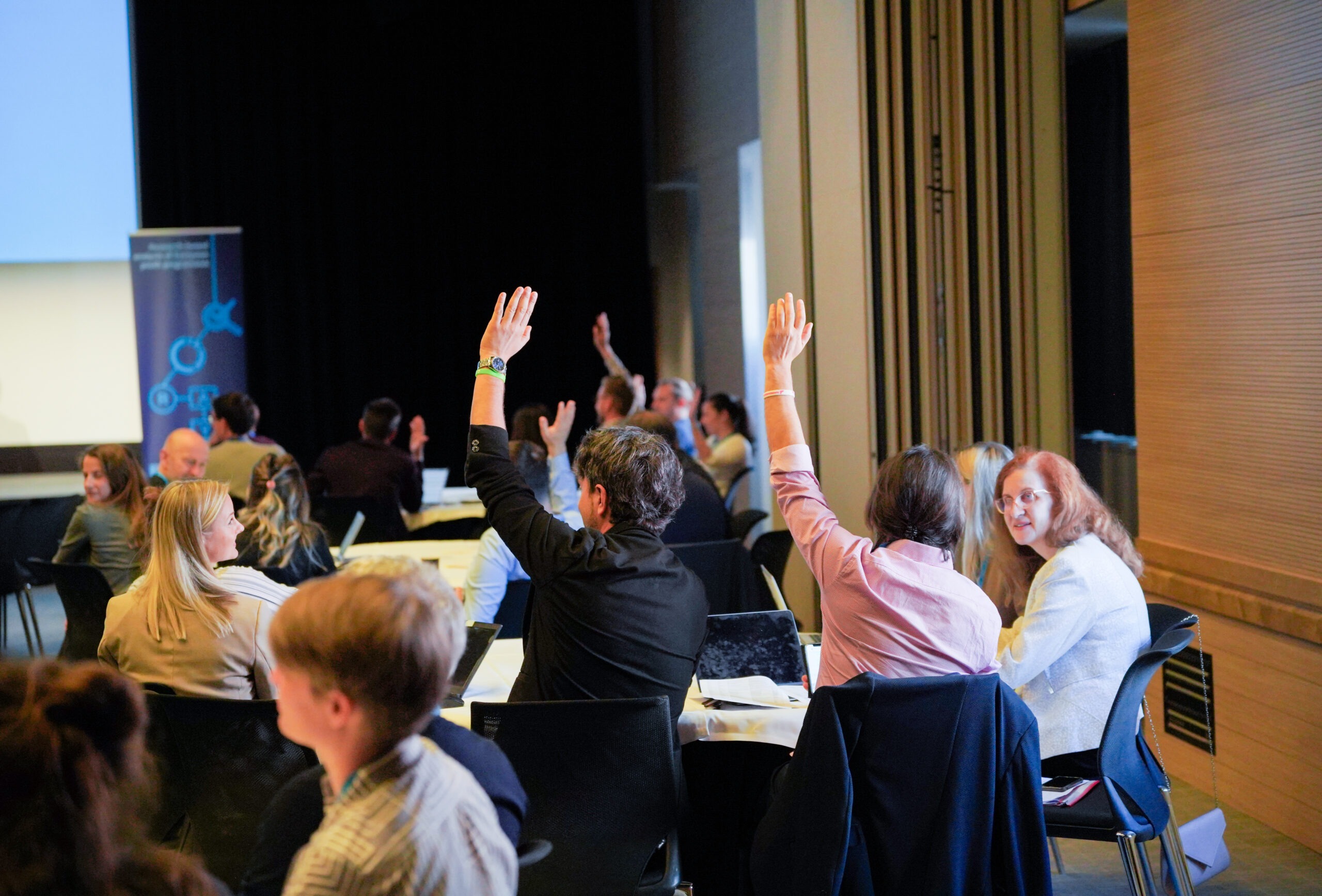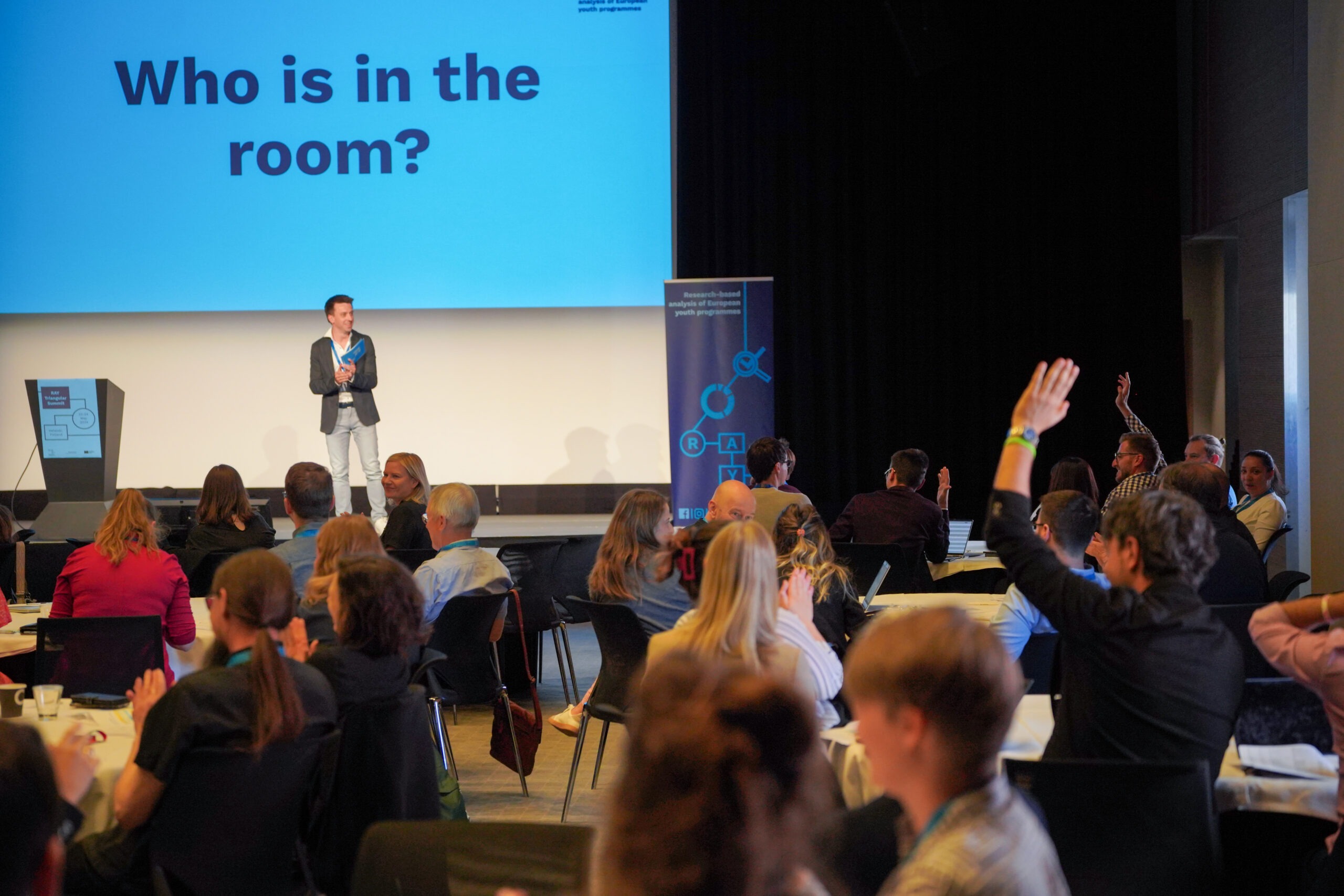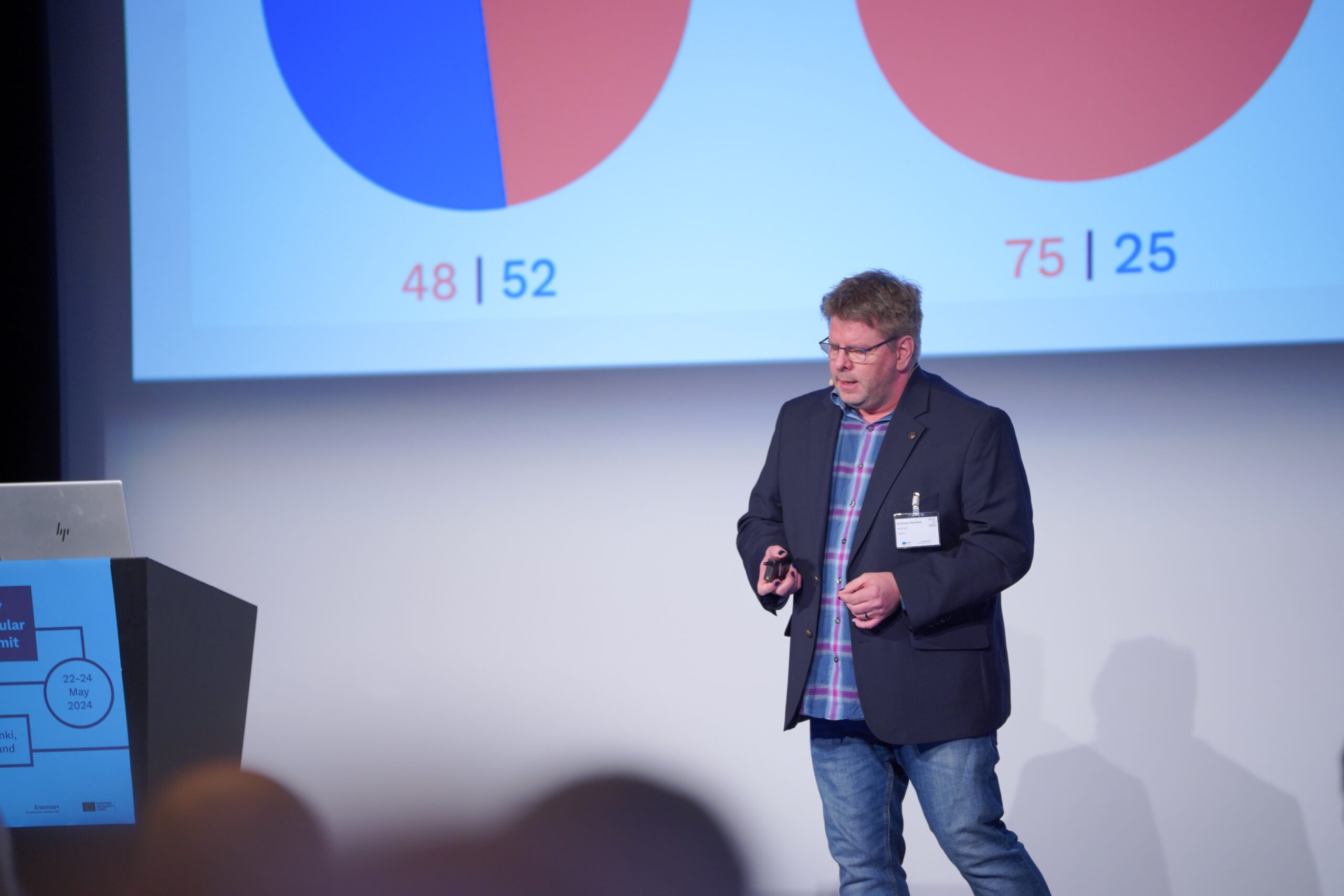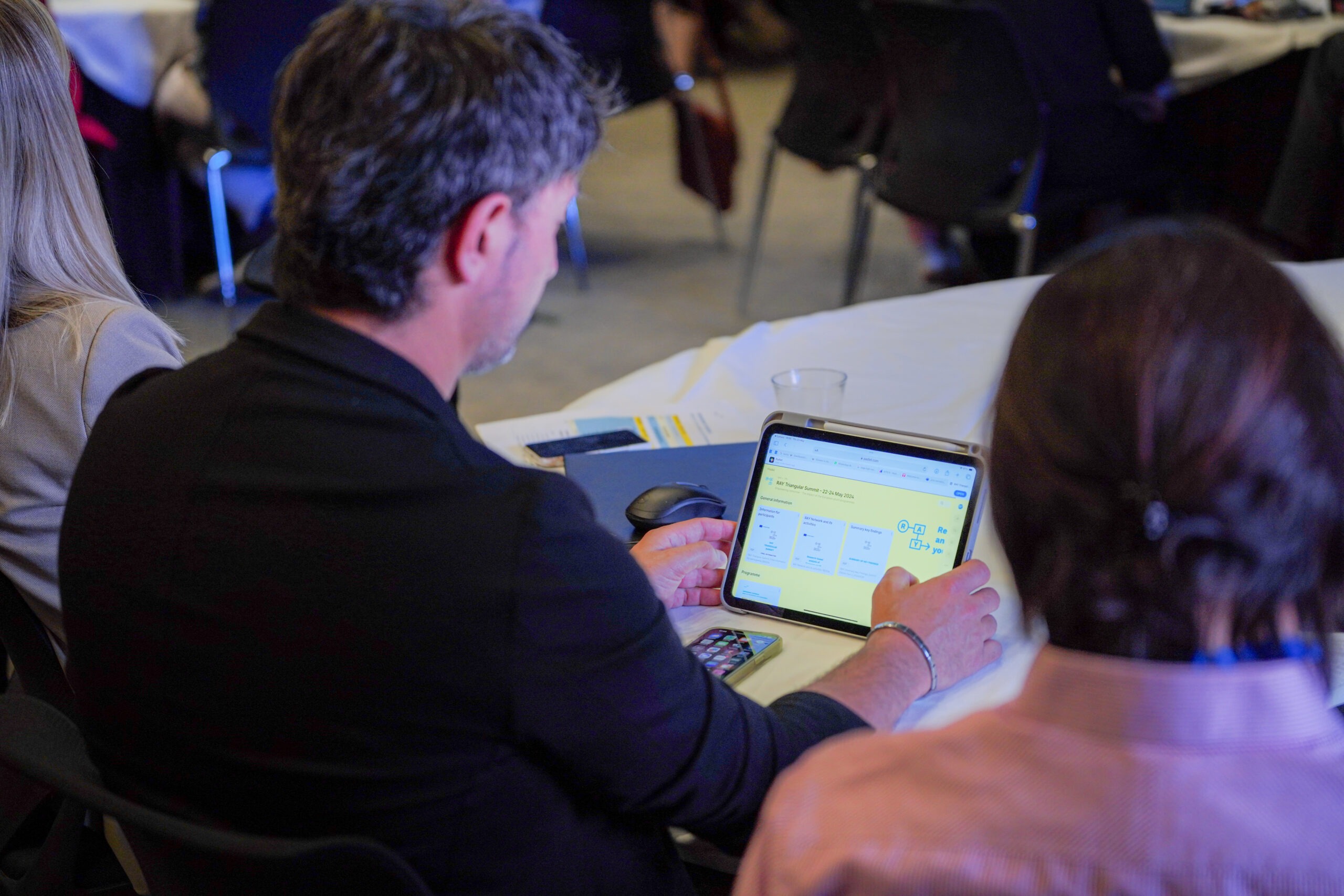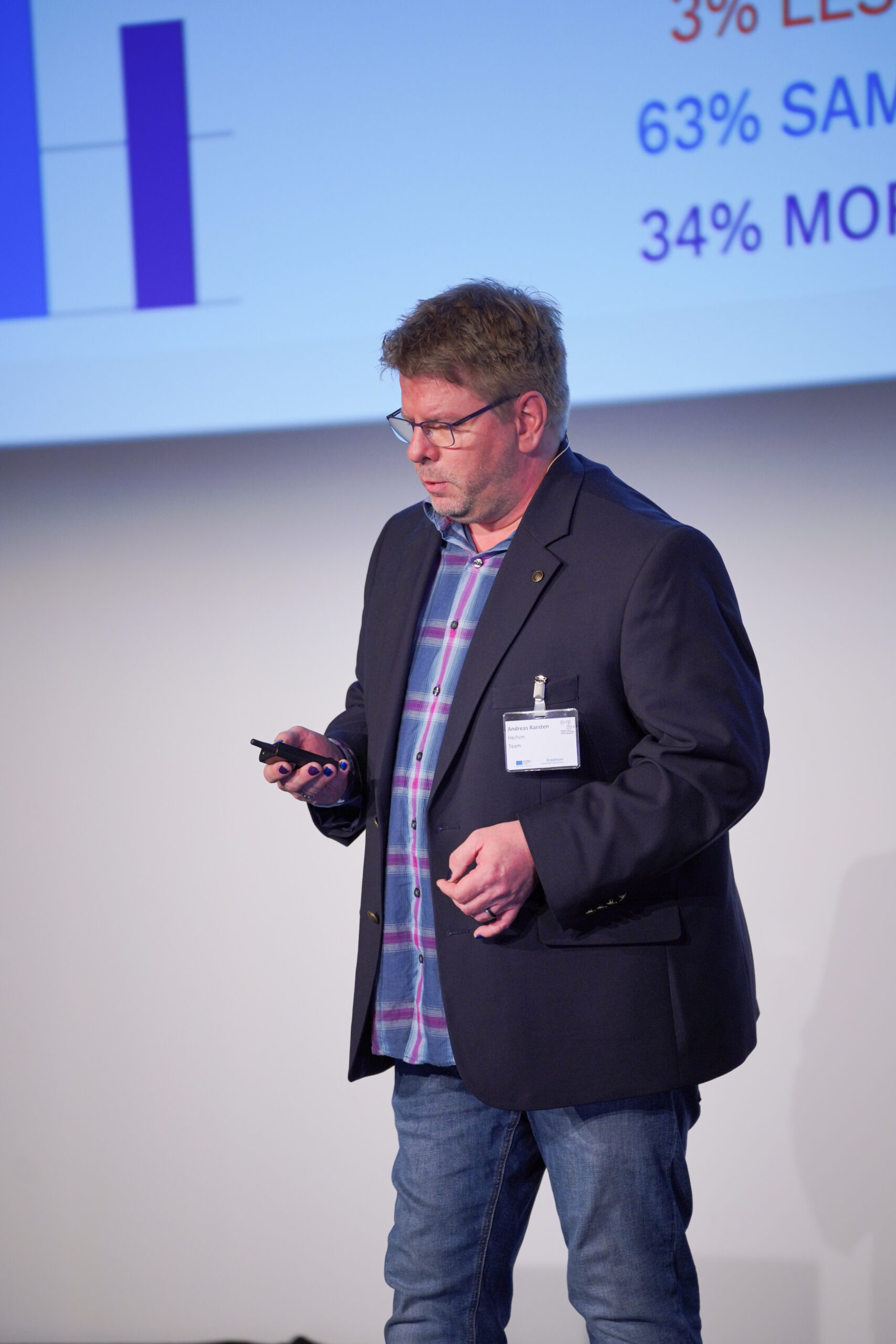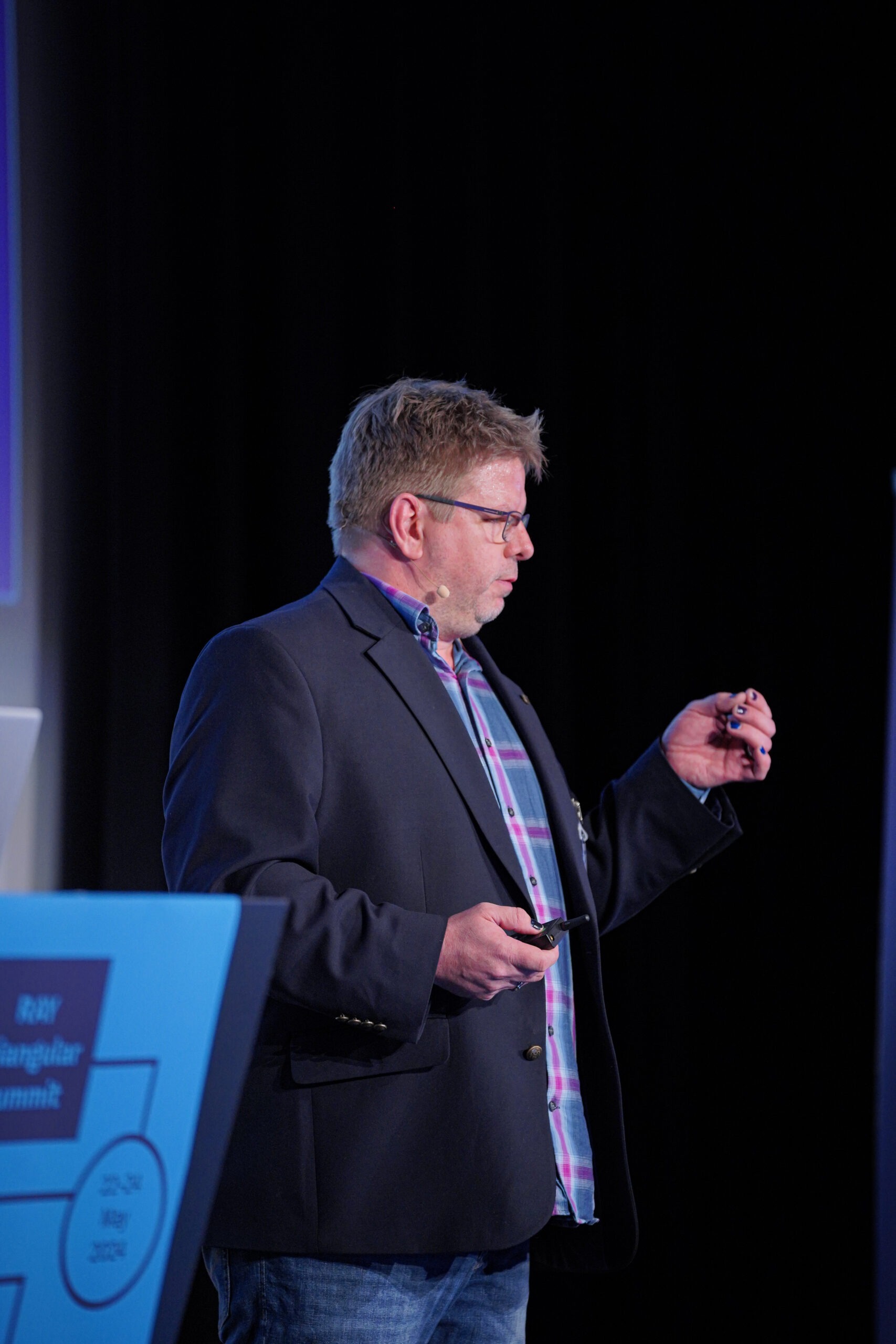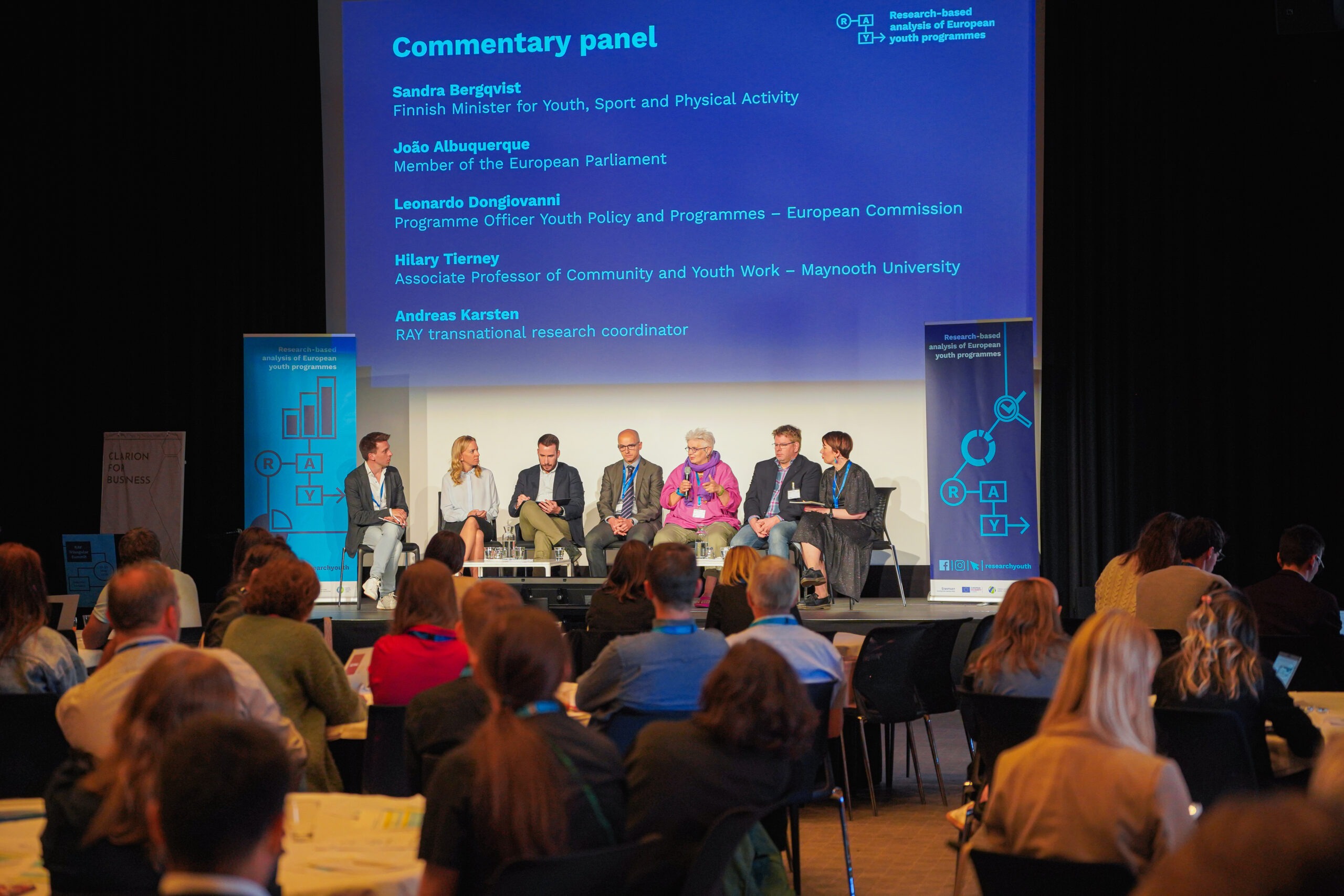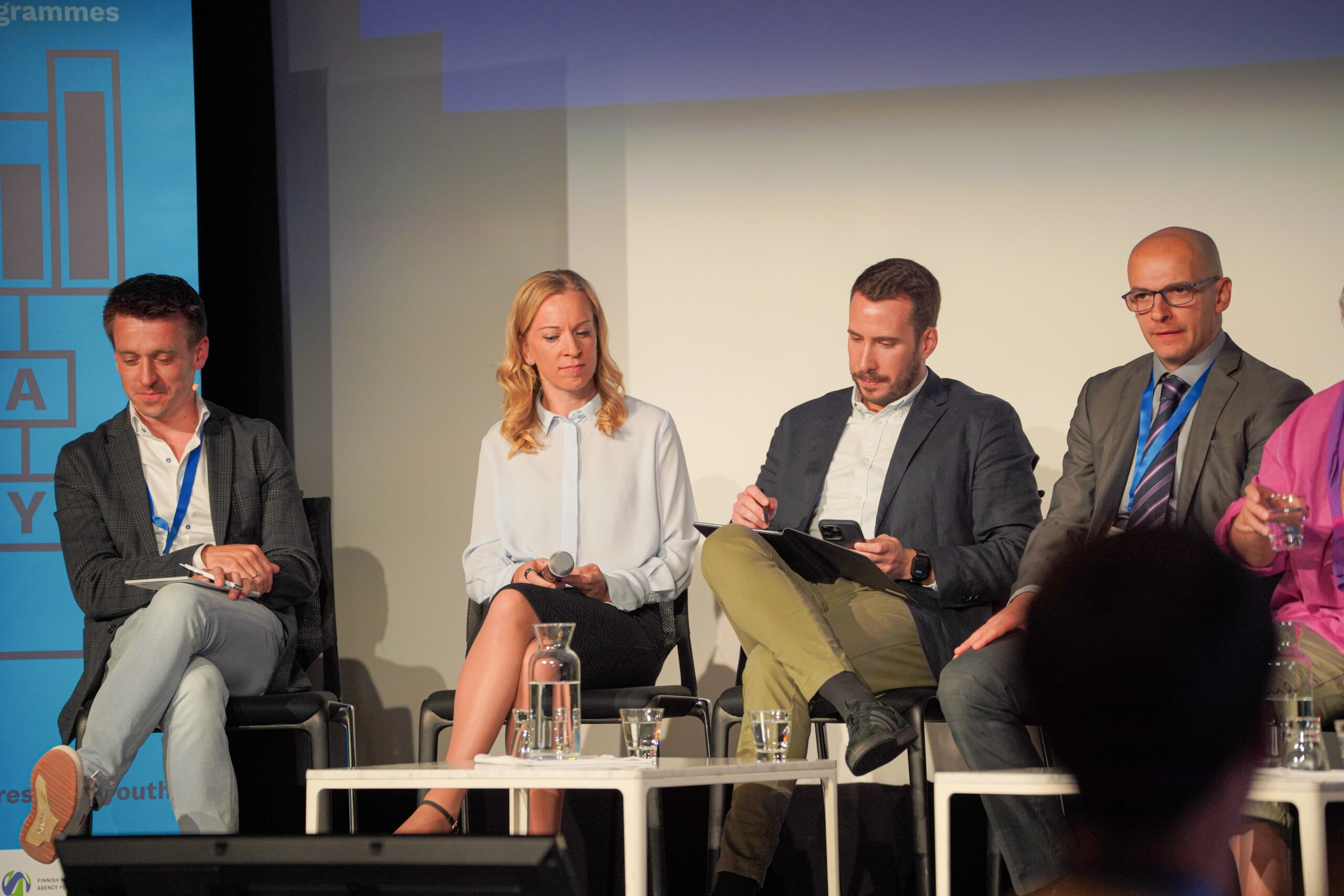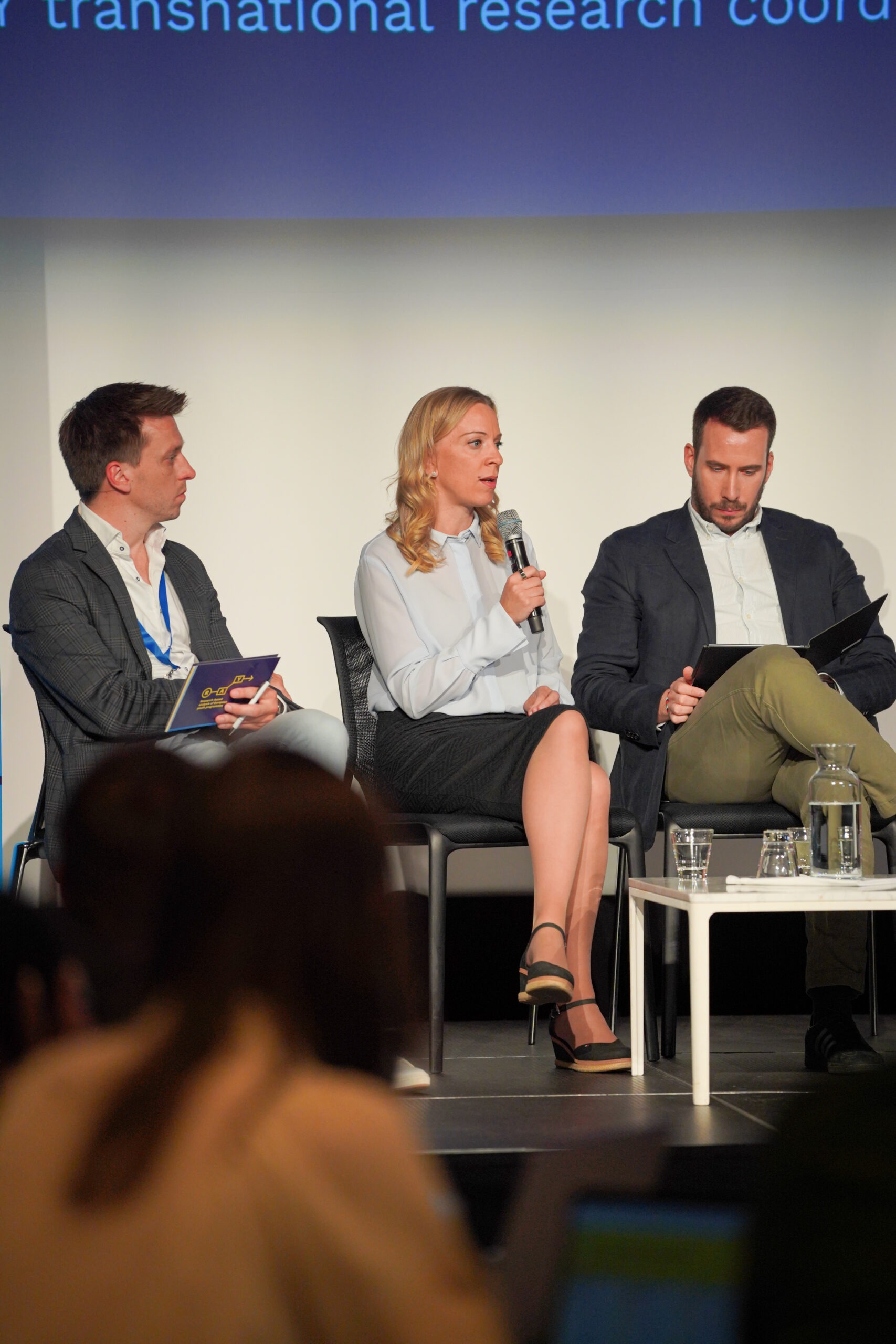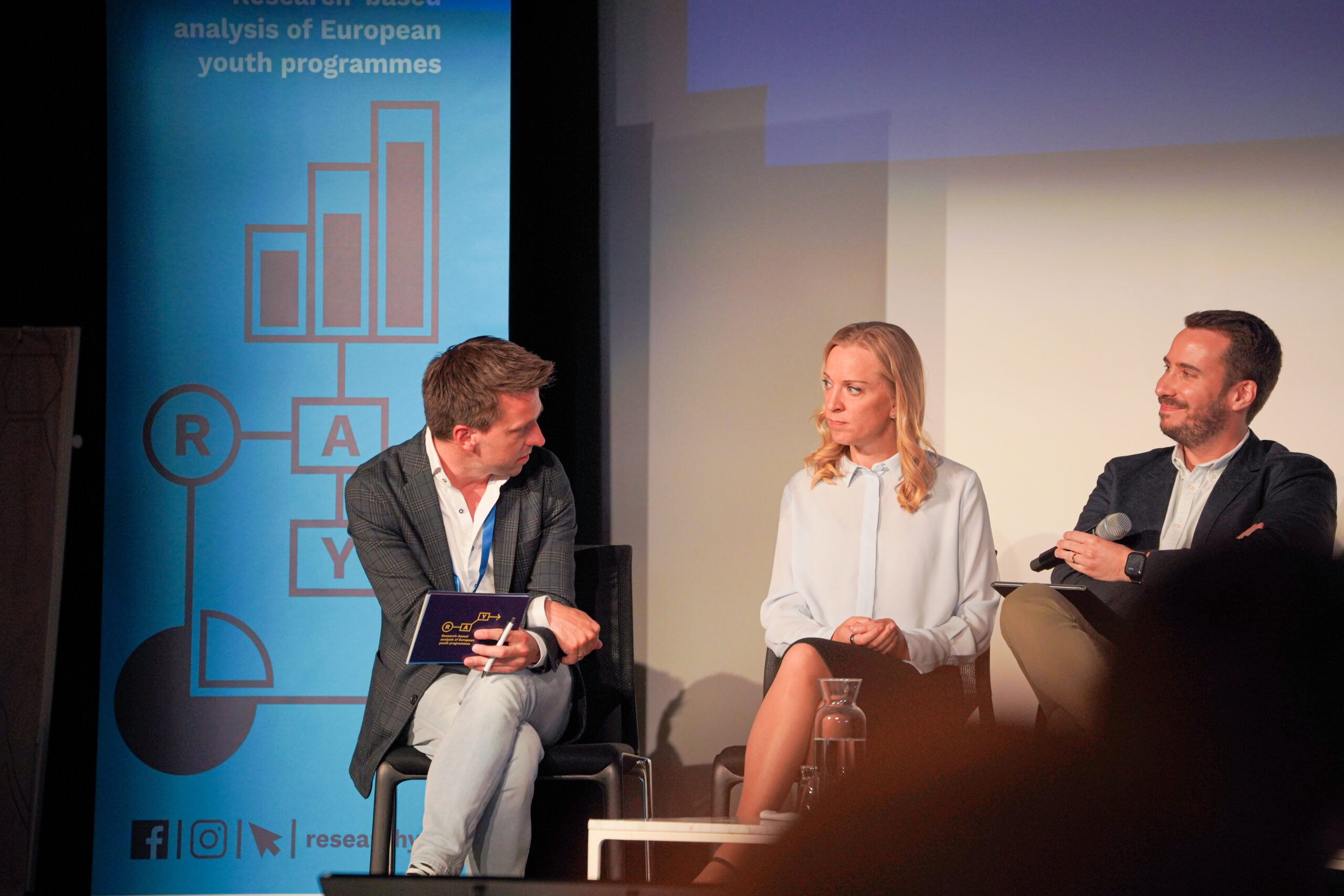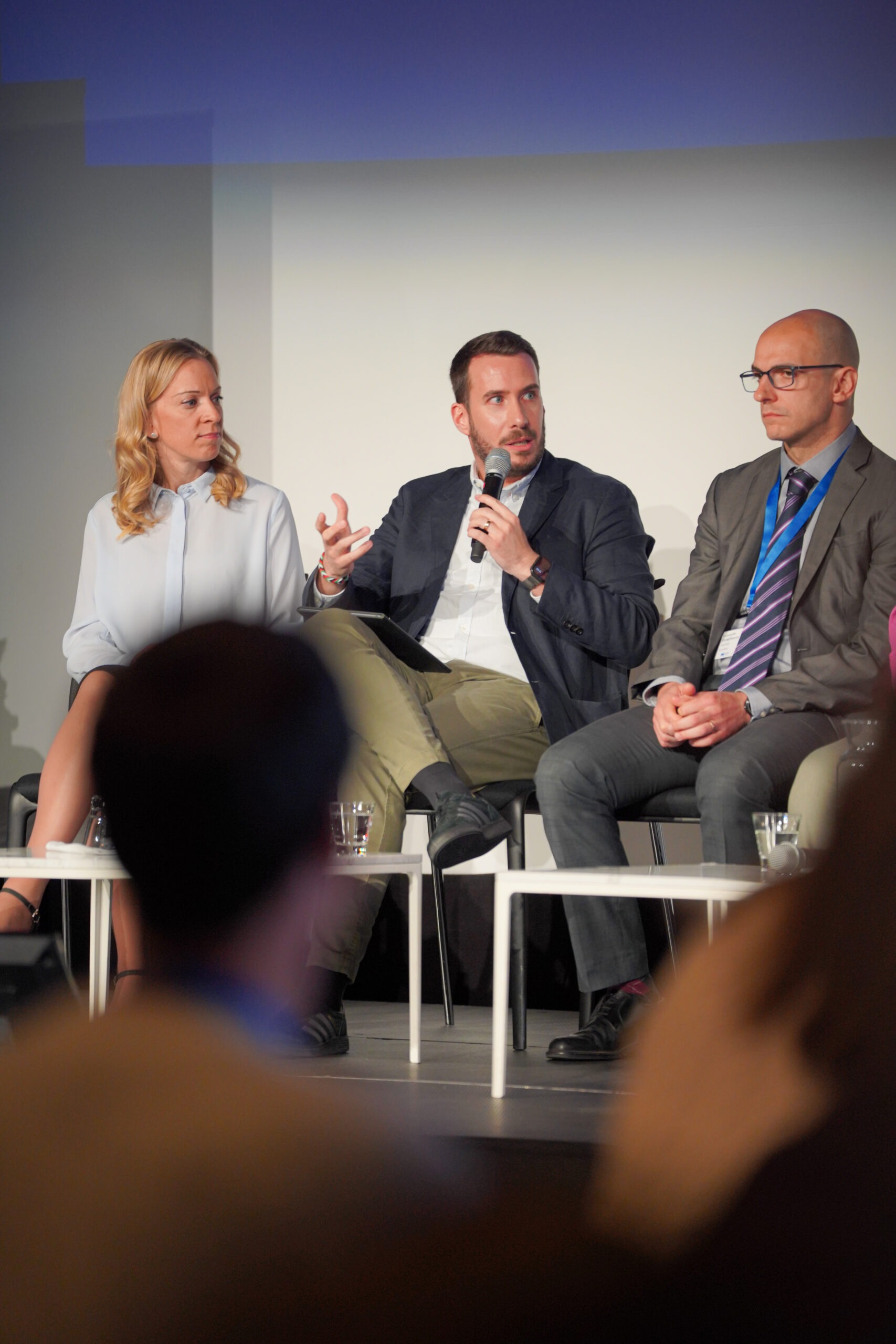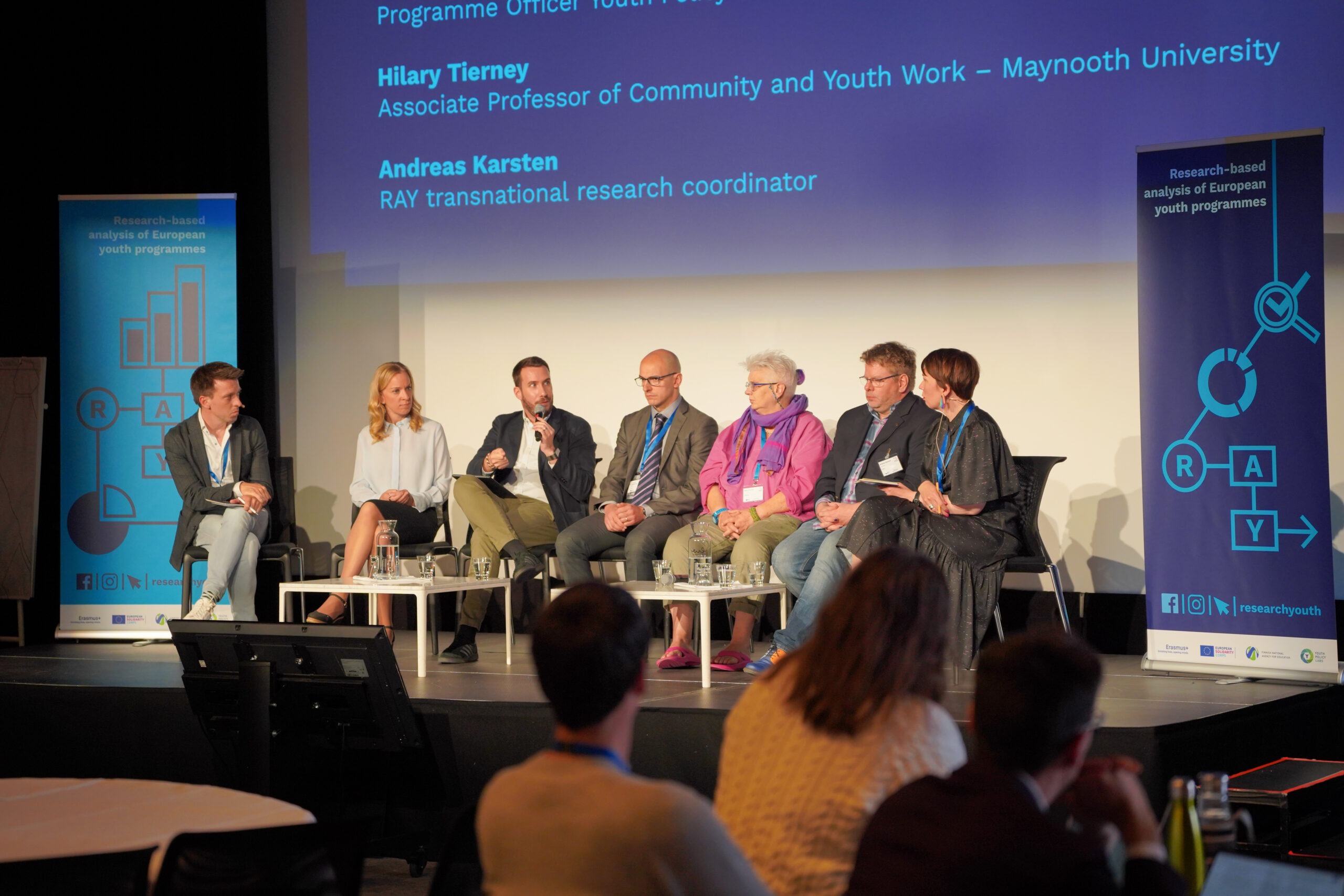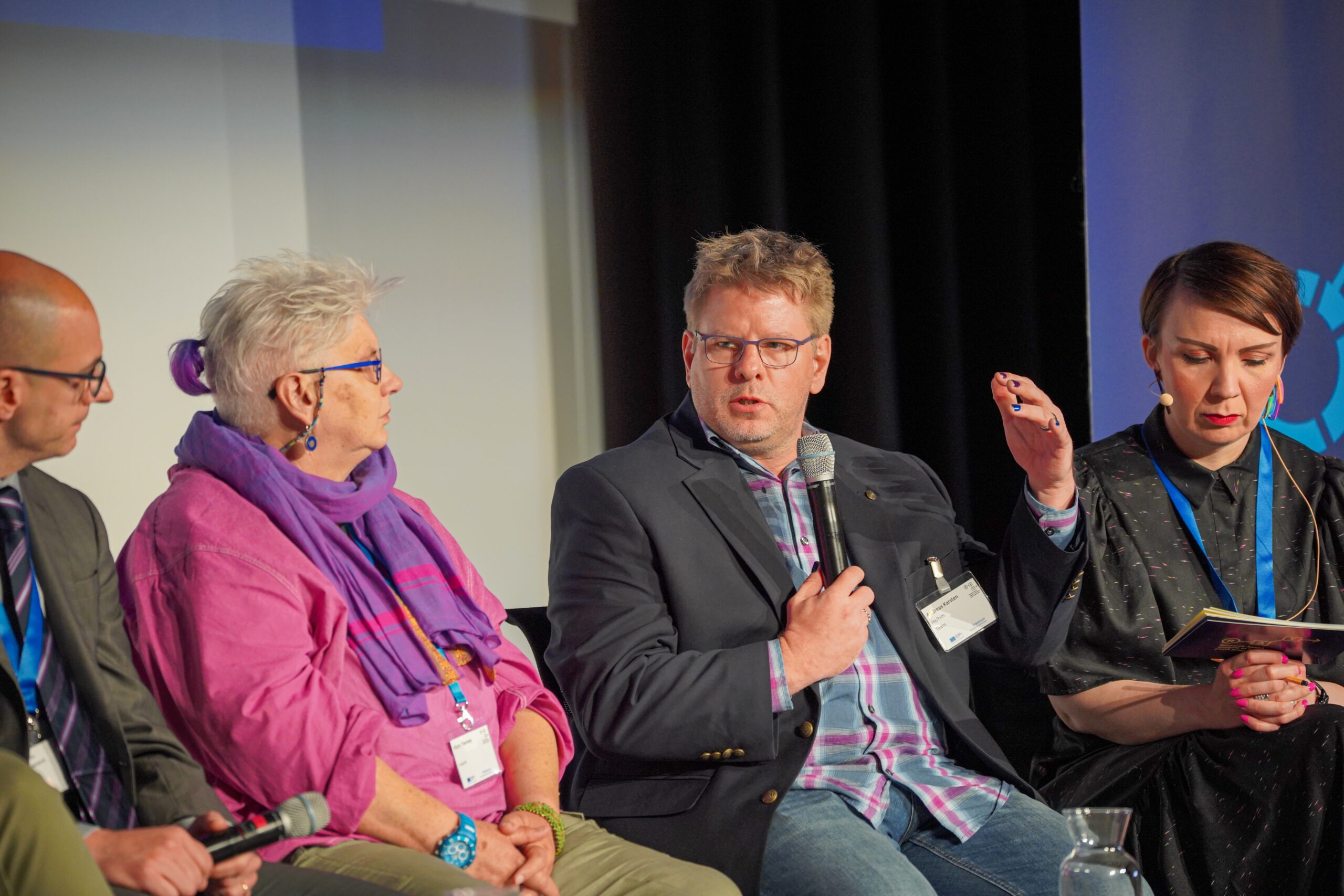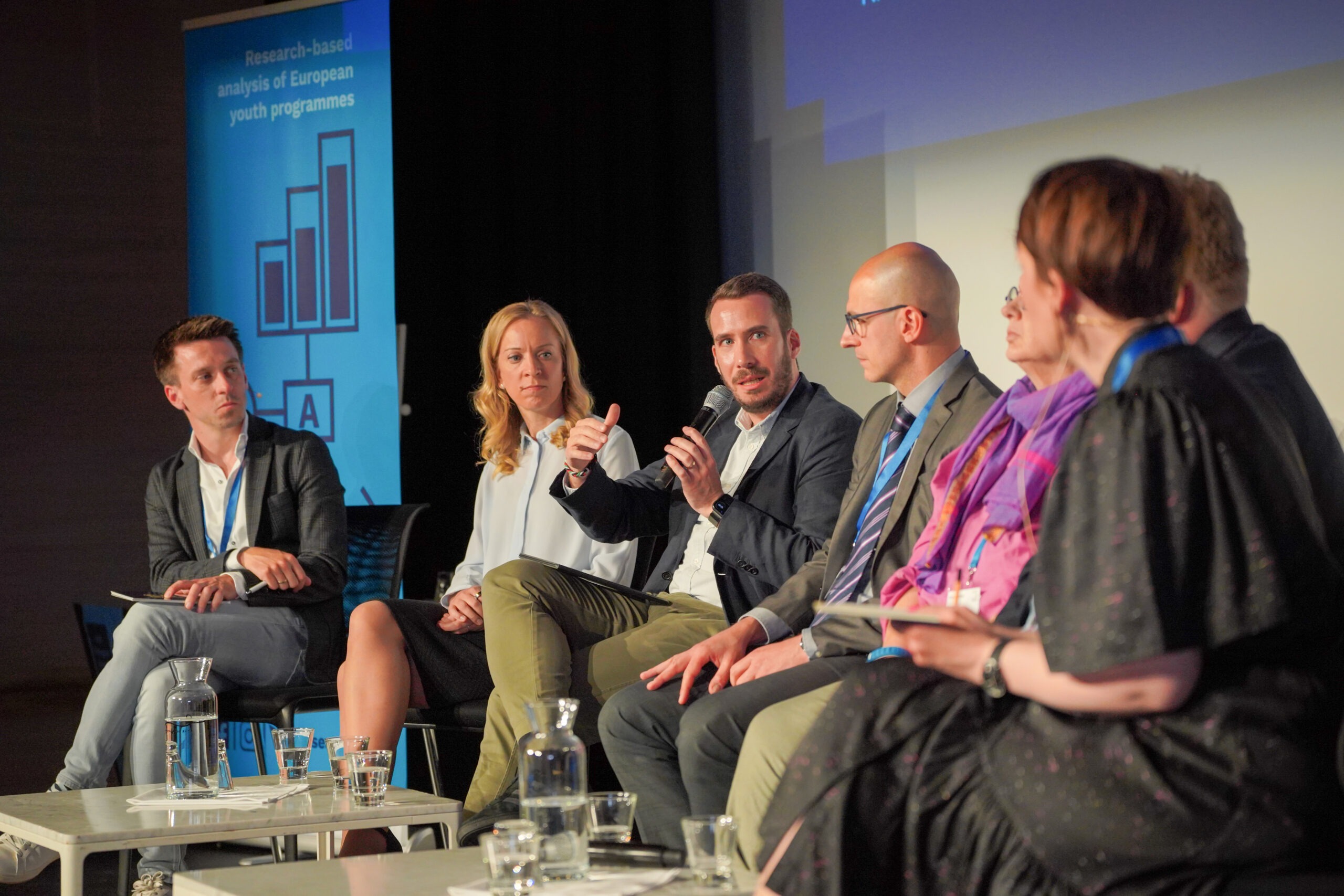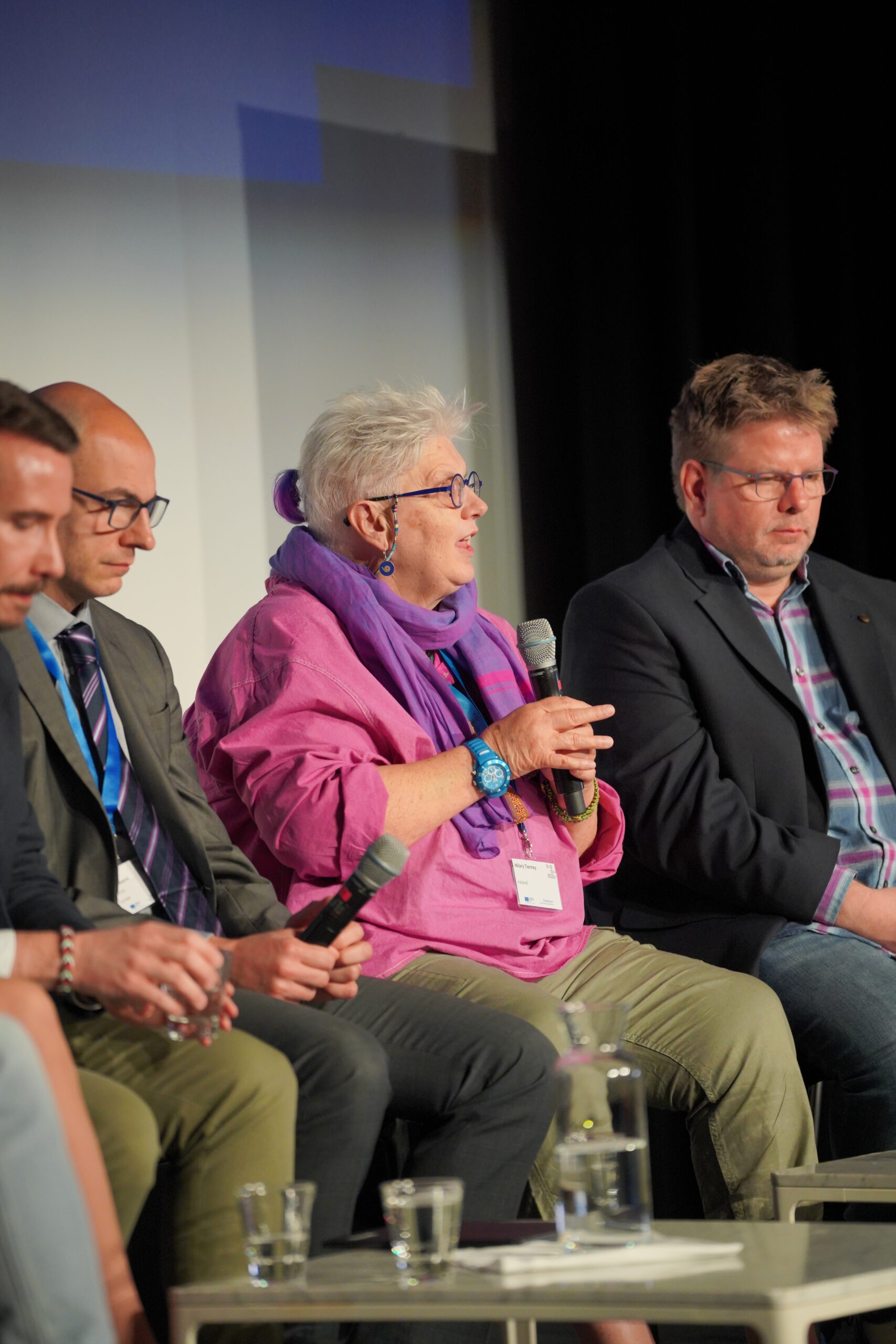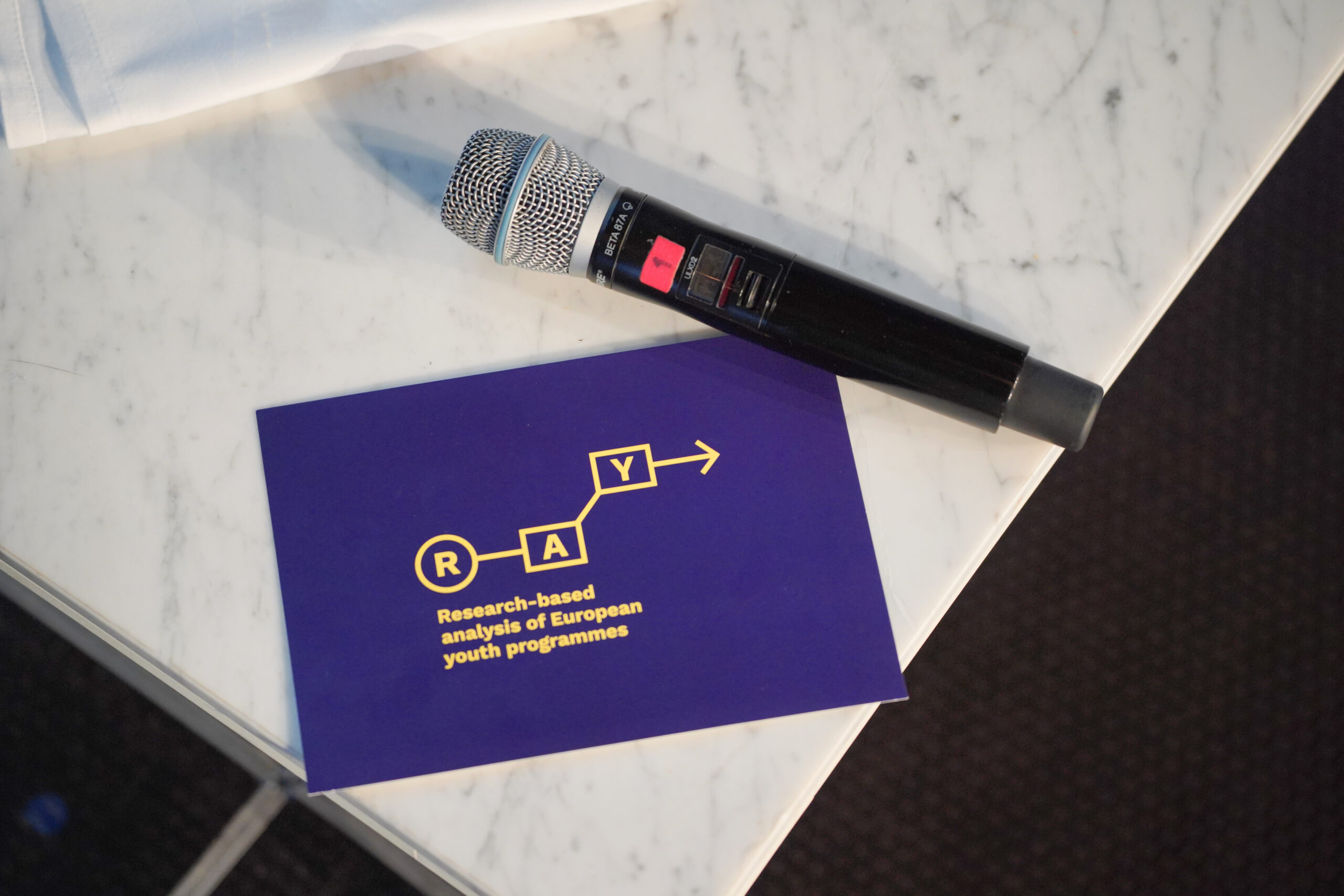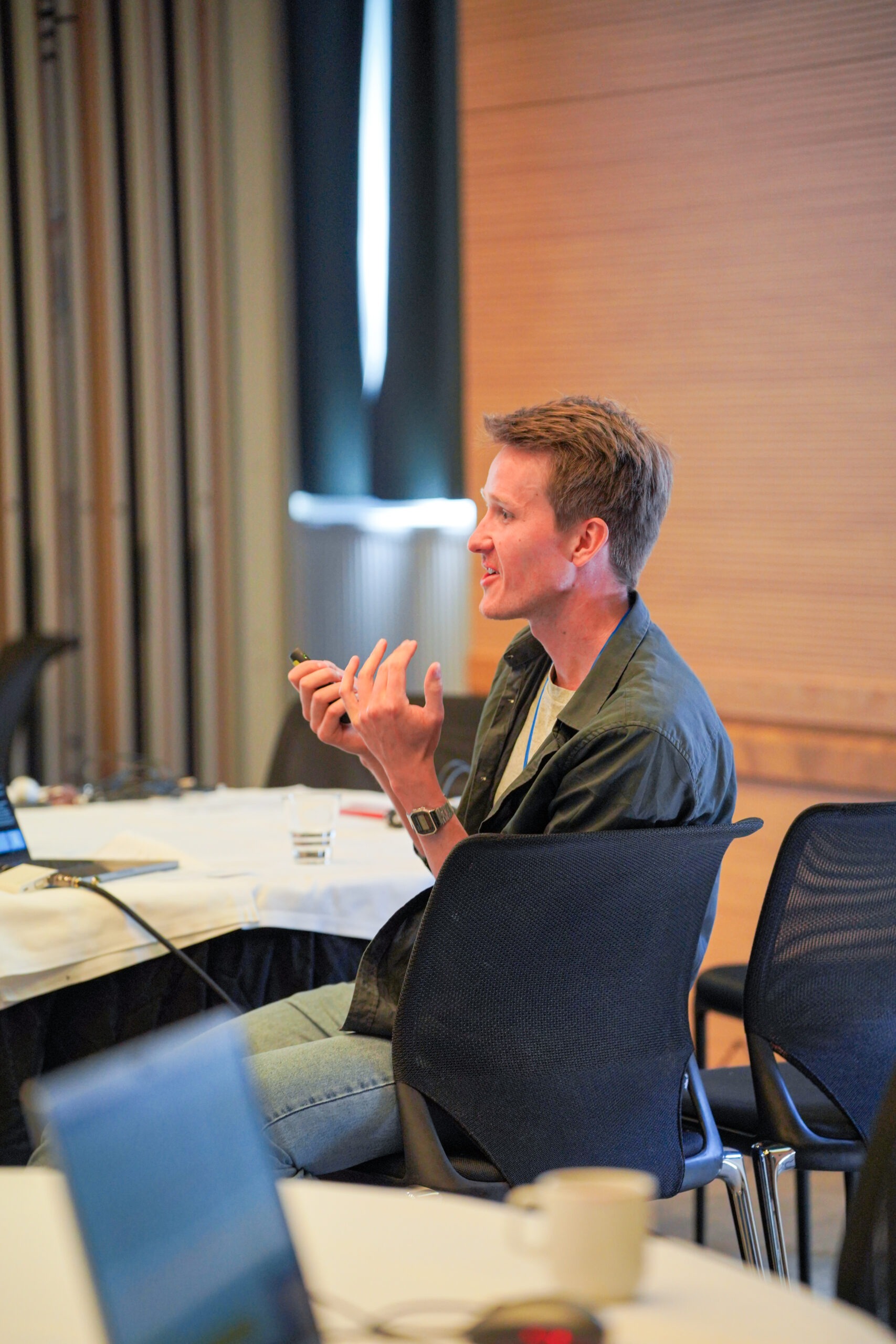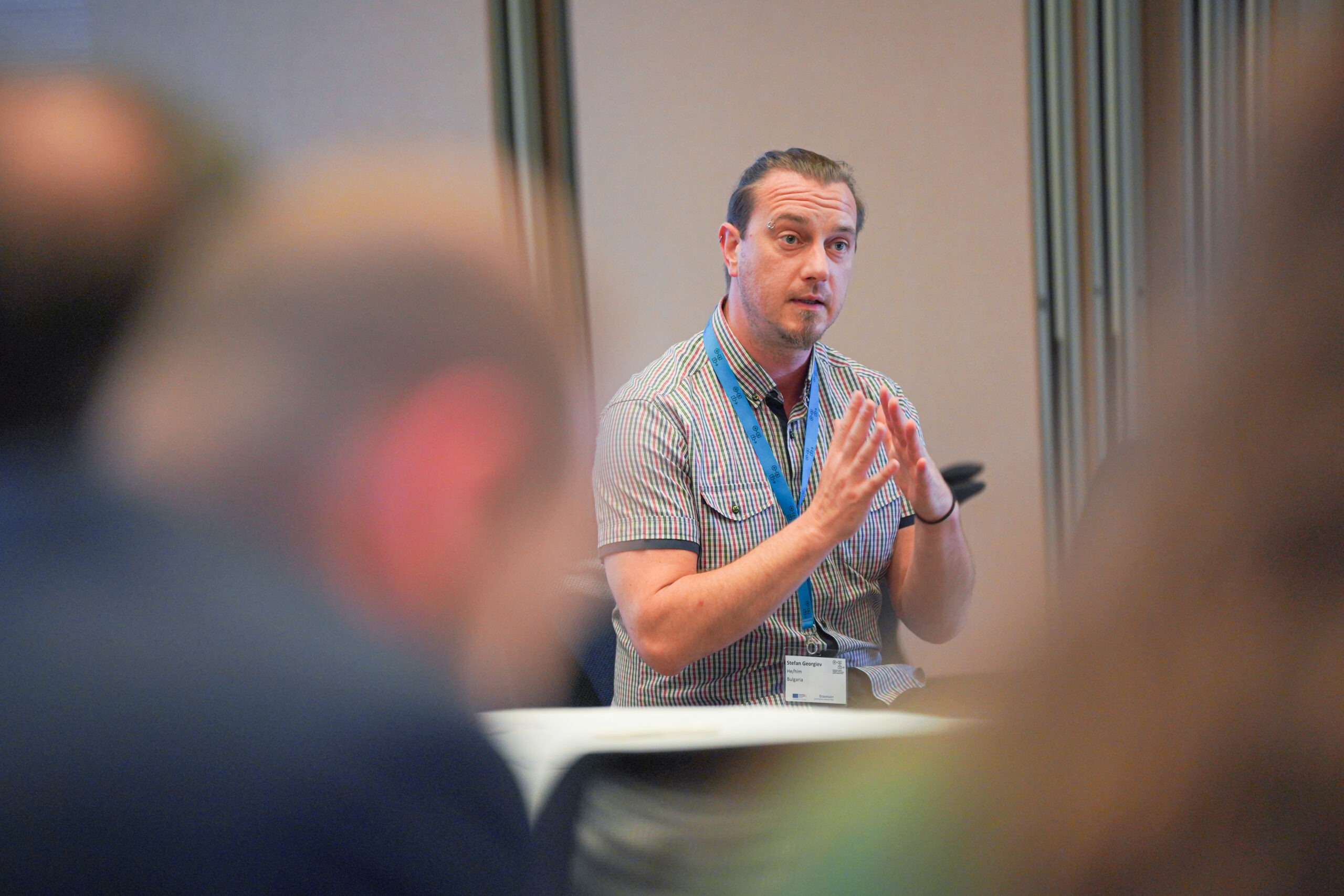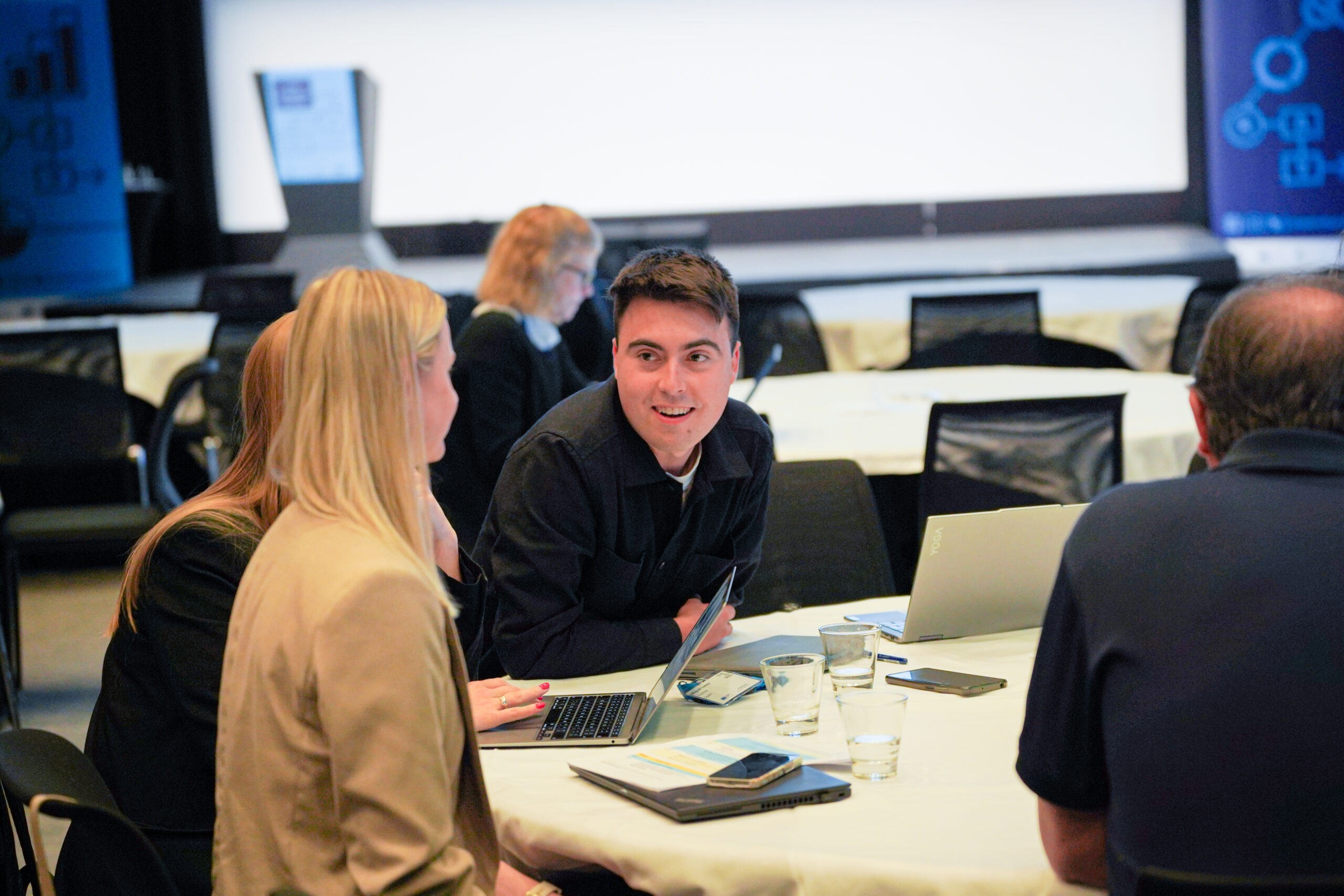The Impact of the European Youth Programmes
RAY TRIANGULAR SUMMIT
UPDATE (26 August 2024):
OUTCOMES
>> The conference report for the RAY Triangular Summit is available –
THE MAIN INSIGHTS AND OUTCOMES (pdf) can be found HERE.
Please note: While the report is not a narrative account but rather a compiled documentation of the RAY Triangular Summit, it does not necessarily follow the order of the programme or cover every single contribution made throughout the event. Instead, it focuses on the findings and outputs that can inform the design and development of future steps and actions. There might be some repetitions throughout the report and even within specific sections, which is due to the interconnectedness of the topics explored. The report illustrates insights, outputs and opinions from individual participants and working groups and does not necessarily reflect the data of RAY.
>> Our summary brief is ready! –
The KEY MESSAGES (pdf) can be found HERE. More information is also available in the respective website article.
CONTEXT
The RAY Triangular Summit took place between 22-24 May in Helsinki, Finland. The Summit brought together 120 participants, 24 national delegations and European stakeholders, from the fields of practice, policy and research to discuss the evidence-based research from the latest RAY Monitoring surveys for Erasmus+ Youth and the European Solidarity Corps.
The Summit was co-hosted by the National Agencies of the European youth programmes from Bulgaria, Estonia, Finland, Germany, Italy, Malta, the Netherlands, Portugal, Romania, Spain and Sweden. The RAY Network Coordination (at the Finnish National Agency) led and coordinated the preparation process and the implementation of the Summit in cooperation with the RAY transnational research team.
AIMS
We fostered an informed discourse between stakeholders from different fields and explored how the evidence-based research can contribute to youth work practice and to youth policy development in Europe, to relevant strategies, as well as the further development of the European youth programmes and their mid-term evaluations. Finally, this Summit illustrated the impact and showcased the outcomes of the European youth programmes.
PROGRAMME
The programme included a welcoming by Sandra Bergqvist, Finnish Minister of Youth, Sport and Physical Activity, input from Andreas Karsten, RAY Transnational Research Coordinator on key insights and main challenges deriving from the RAY research. Furthermore, we hosted a commentary panel discussion aiming at reflecting and contextualizing the presented RAY research findings – with Minister Bergqvist, João Albuquerque, Member of the European Parliament, Leonardo Dongiovanni, Programme Officer – Youth Policy and Programmes, European Commission, Hilary Tierney, Associate Professor, Co-director Centre for Youth Research and Development, Maynooth University, and Andreas Karsten, RAY Transnational Research Coordinator.
A second panel looked at the ‘Stories behind the data’ – with Venla Arosara (solidarity project lead, Finland), Christoph Hertle (German youth advisory board member) and two youth workers: Iuliana Pavel (trainer, president of NGO/beneficiary organisation, Romania) and Matej Cepin (youth worker, youth trainer, head of beneficiary and youth organisation, Slovenia).
In addition, the programme included workshops on diving deeper into thematic data on the programme priorities as well as workshops on the four main challenges emerging from the research . These four main challenges are:
- The European youth programmes are excellent intercultural learning environments. How can these opportunities be made accessible to more and more diverse young people?
- Young people and youth workers encounter mis- and disinformation daily. How can the European youth programmes strengthen media literacy of young people and youth workers?
- Young people increasingly wish to address sociopolitical challenges through their participation in the European youth programmes. What changes are needed to better support them?
- The multiple crises of our time have strong impacts on young people and the youth field. How can the European youth programmes strengthen resilience in our day and time?
In the workshops, it was discussed how policy, practice and the European youth programmes can or should reflect on the four main challenges from research and first ideas and recommendations were developed.
Keynote speaker from SITRA, Lilli Poussa, also gave a speech on megatrends, future research barometer and reflection on how these relate to young people and youth work.
In addition, national delegations had chances to reflect on the sessions and discuss take-aways in their own buzz groups at the Summit.
BACKGROUND INFORMATION – RAY MONITORING SURVEYS
For the first time since the start of the pandemic the RAY Network was surveying project participants and project team members of the Erasmus+ Youth and the European Solidarity Corps programmes, the so-called RAY Monitoring surveys. The recent surveys were open from June 2023 until the end of October 2023 (https://www.researchyouth.net/news/new-ray-monitoring-surveys-have-been-launched/).
The multilingual online surveys aiming at analysing the impact of the European Youth Programmes and their effects on individual, organisational, community and European levels. Project participants and project team members who were part or implemented an Erasmus+ Youth or European Solidarity Corps project within the current programme period are invited to reflect on the effects of the projects and activities (e.g. on participation and citizenship, digitalisation, sustainability, diversity and inclusion) and their own learning pathway and competence development. Furthermore, the effects on learning organisations and communities, the inclusion of young people with fewer opportunities, the recognition of youth work, the European dimension as well as the implementation of the programmes are thematised.
PHOTOS
